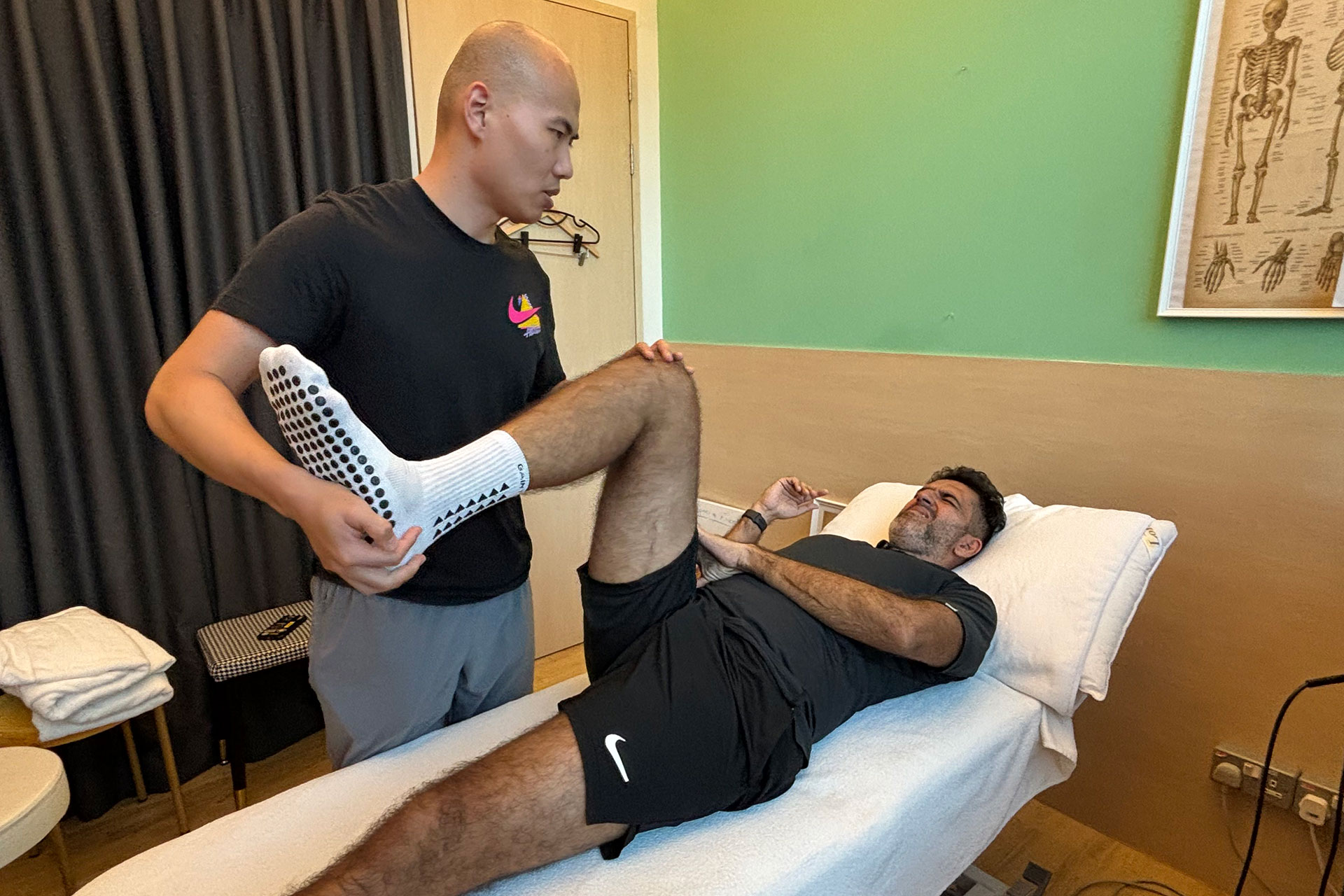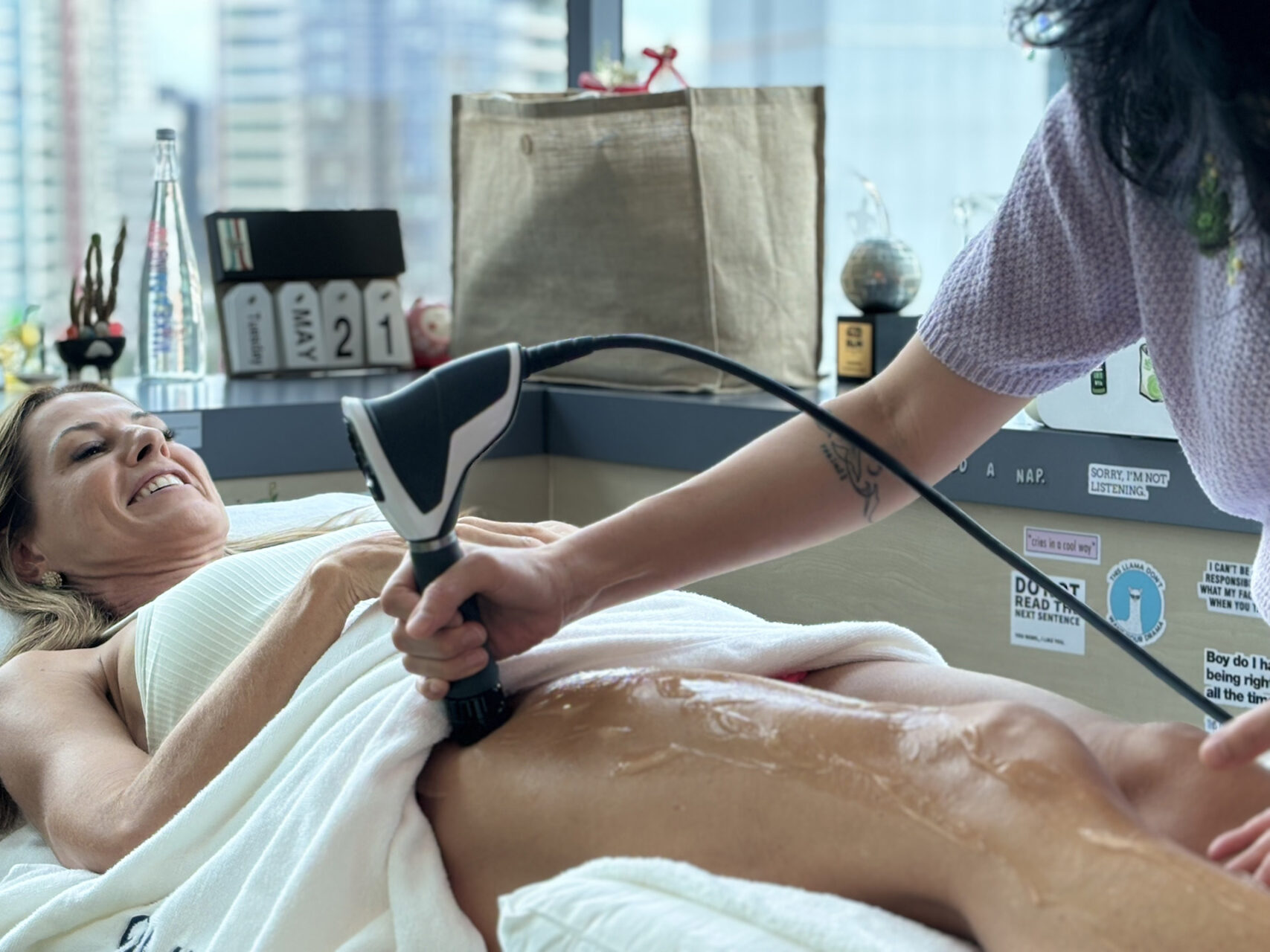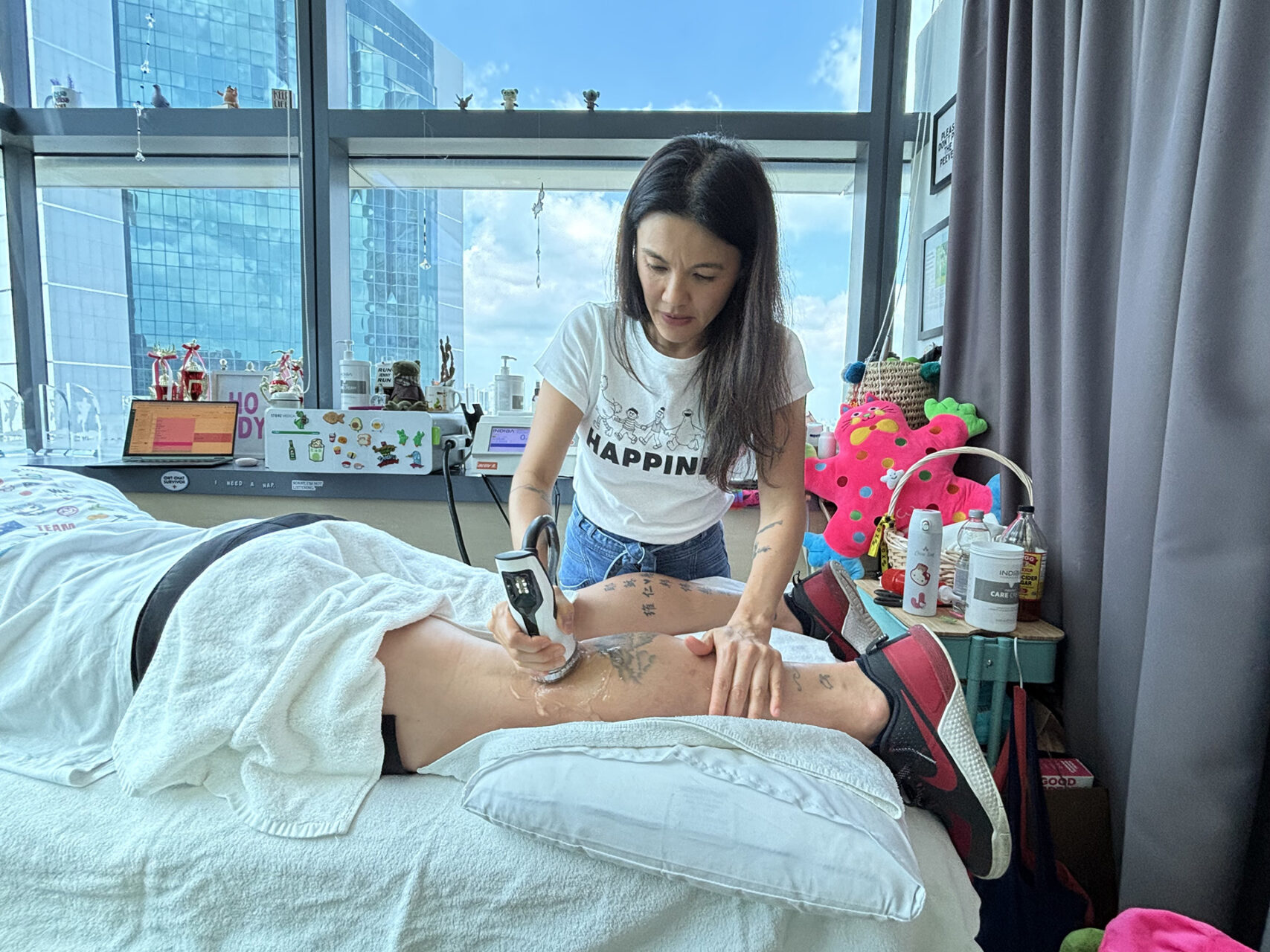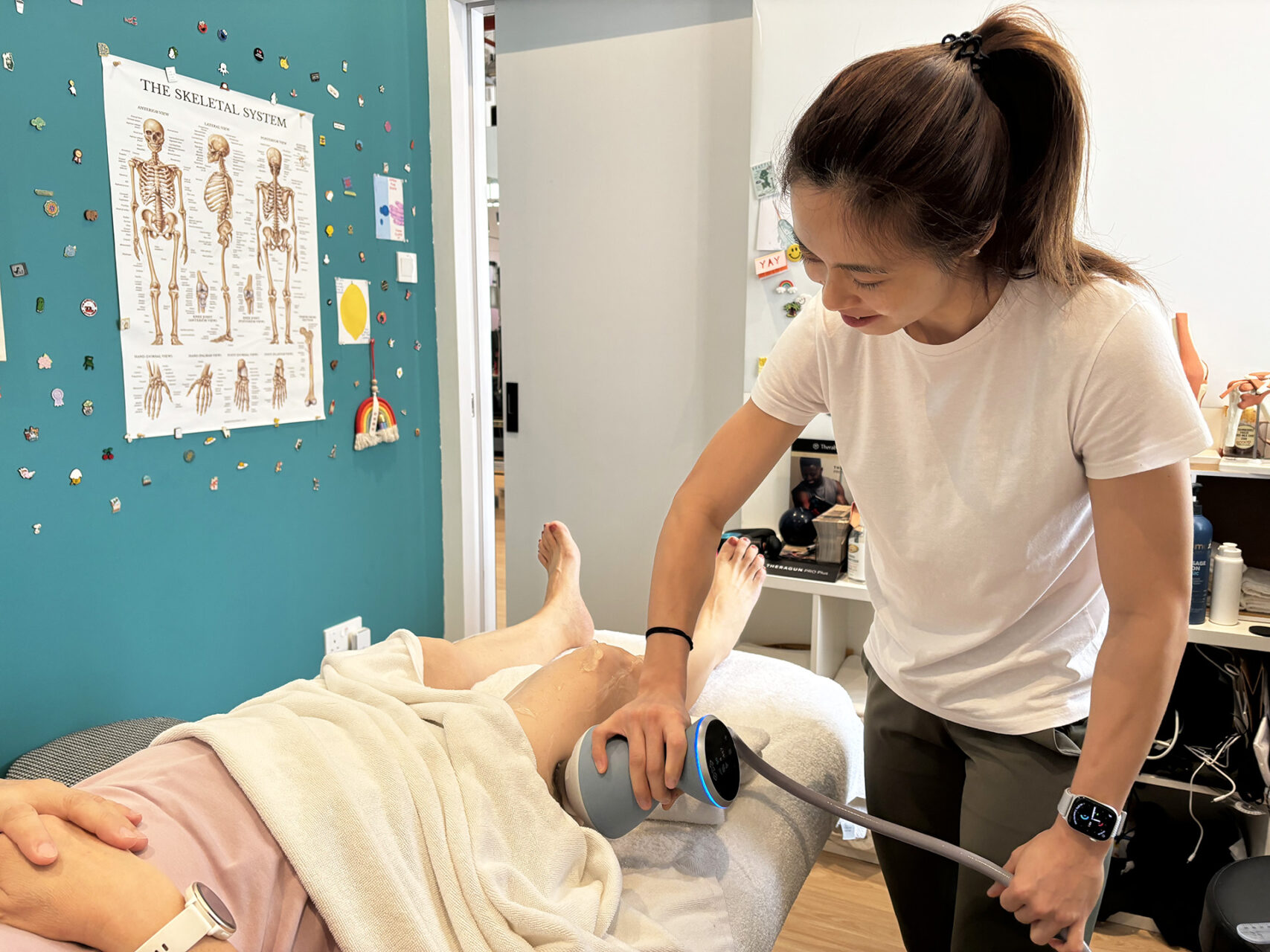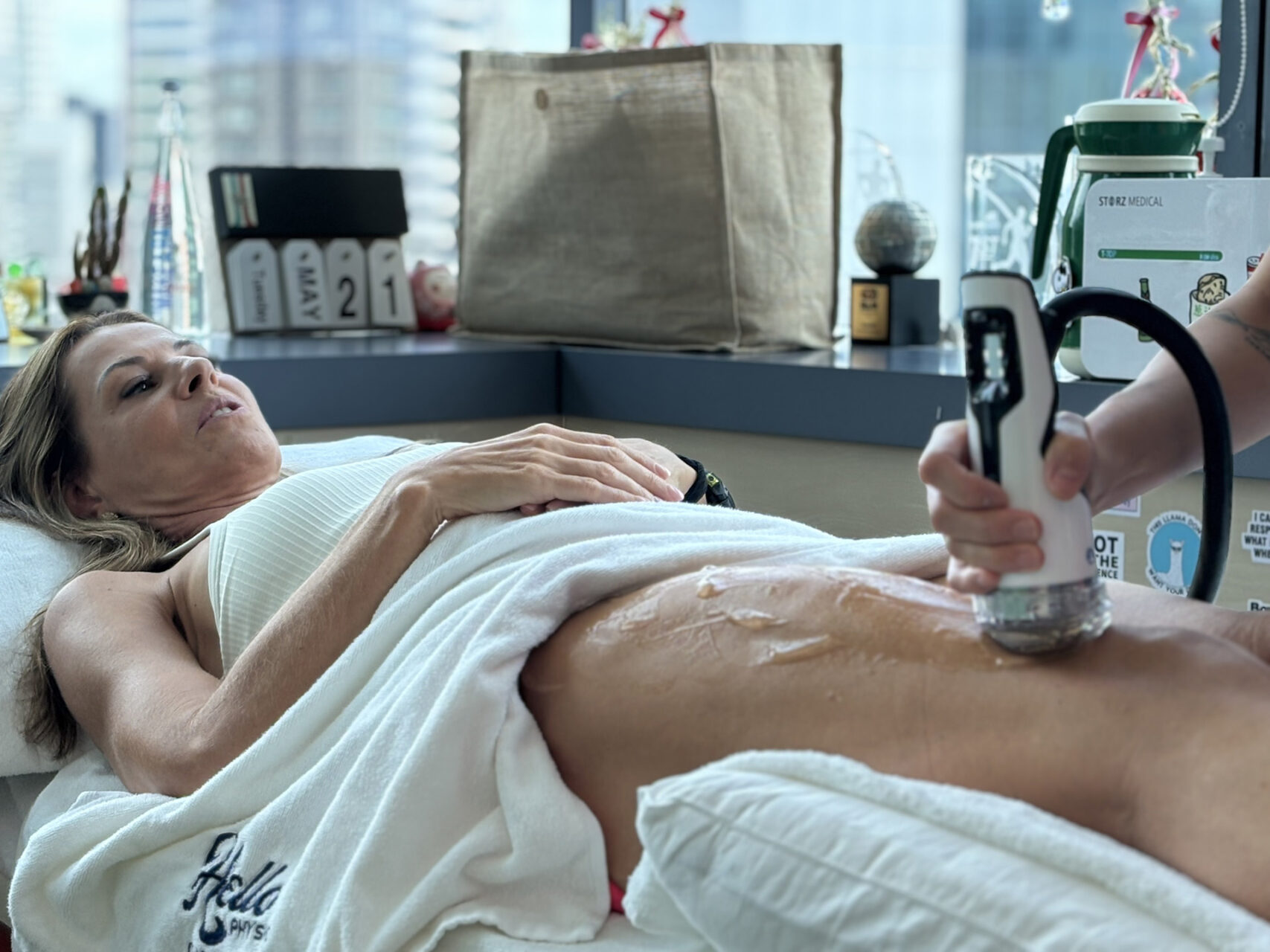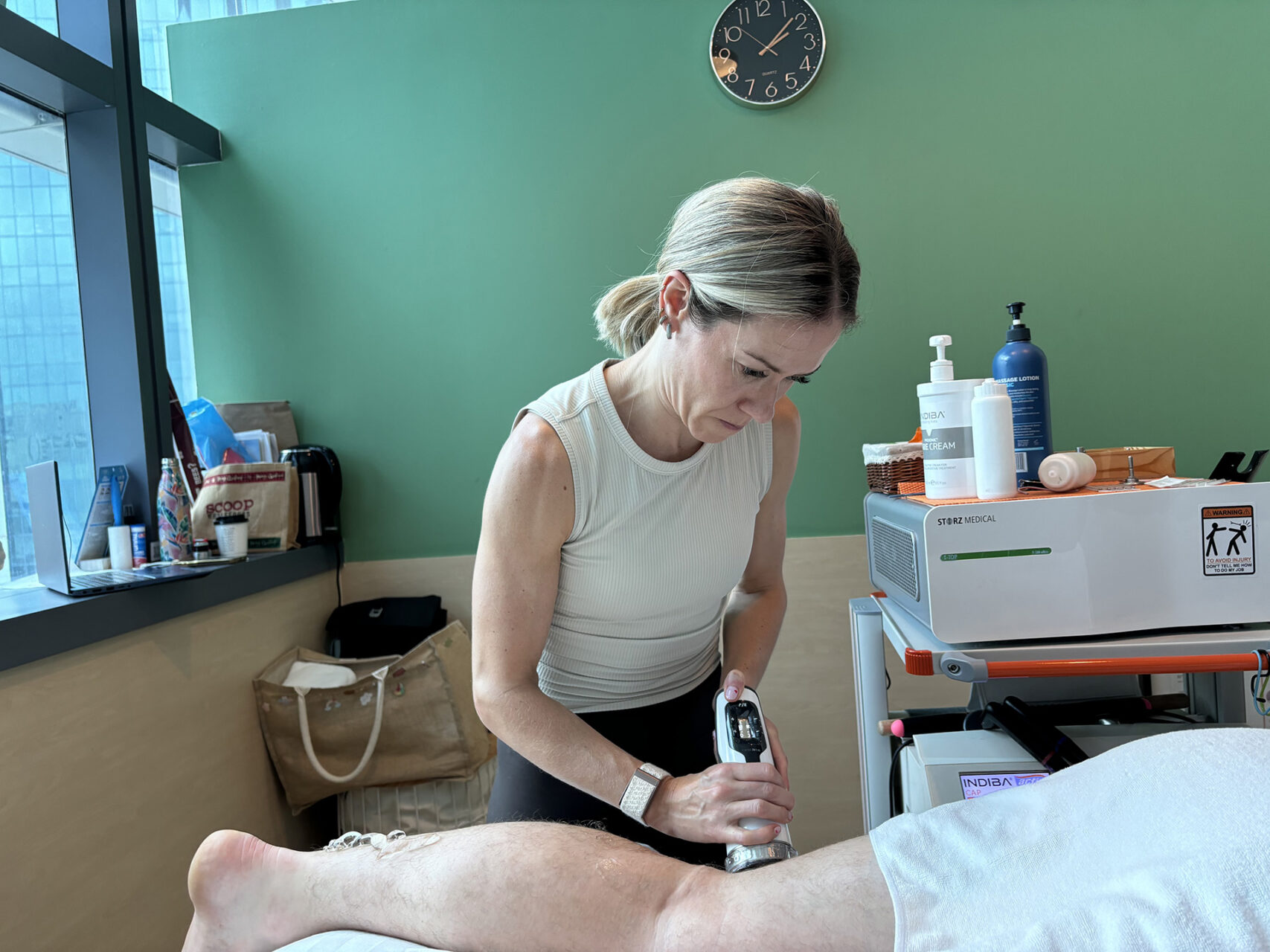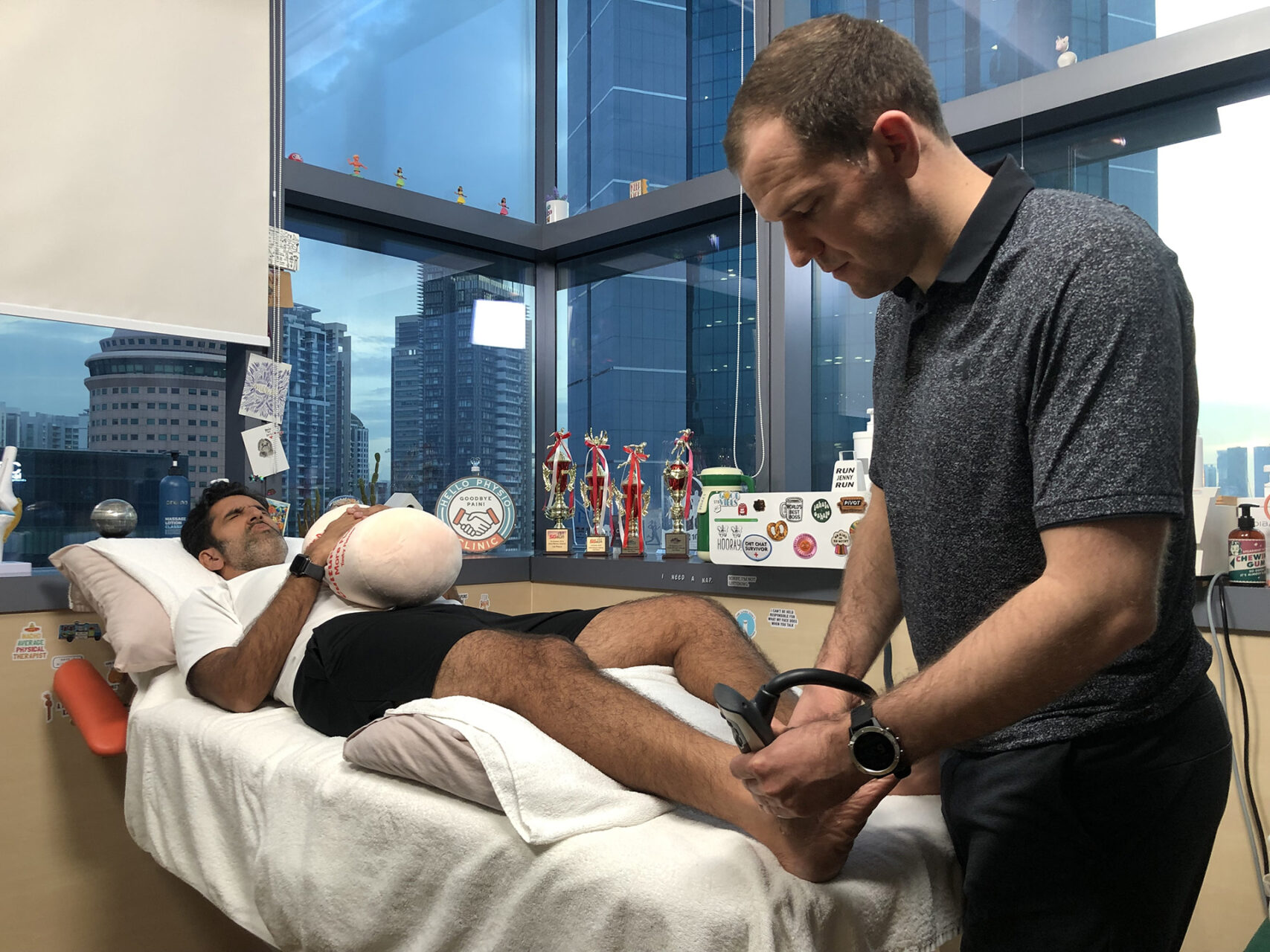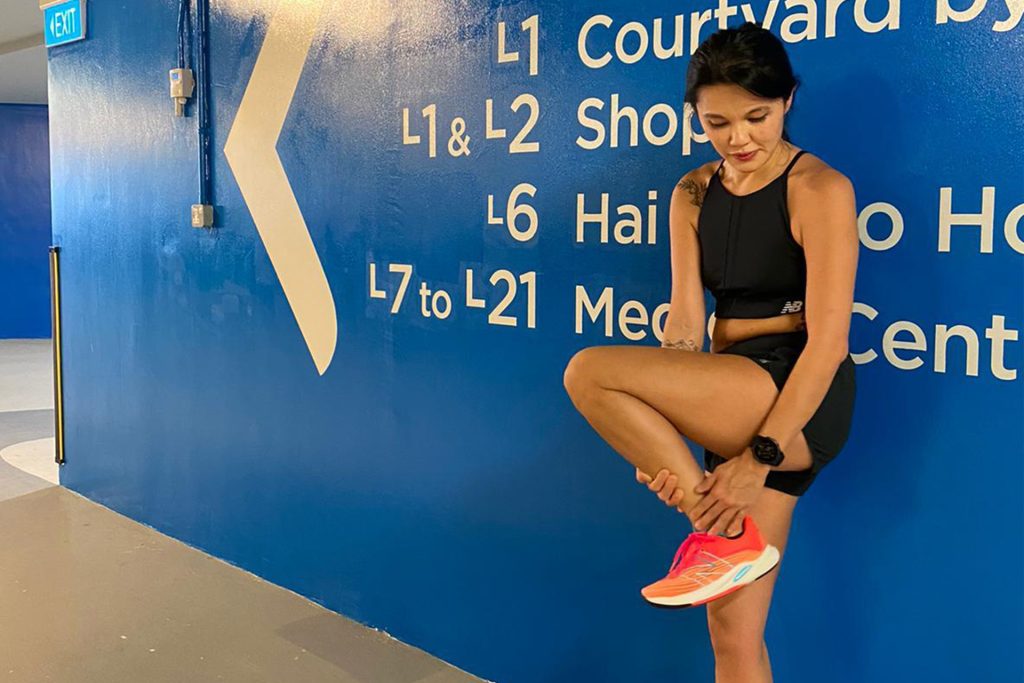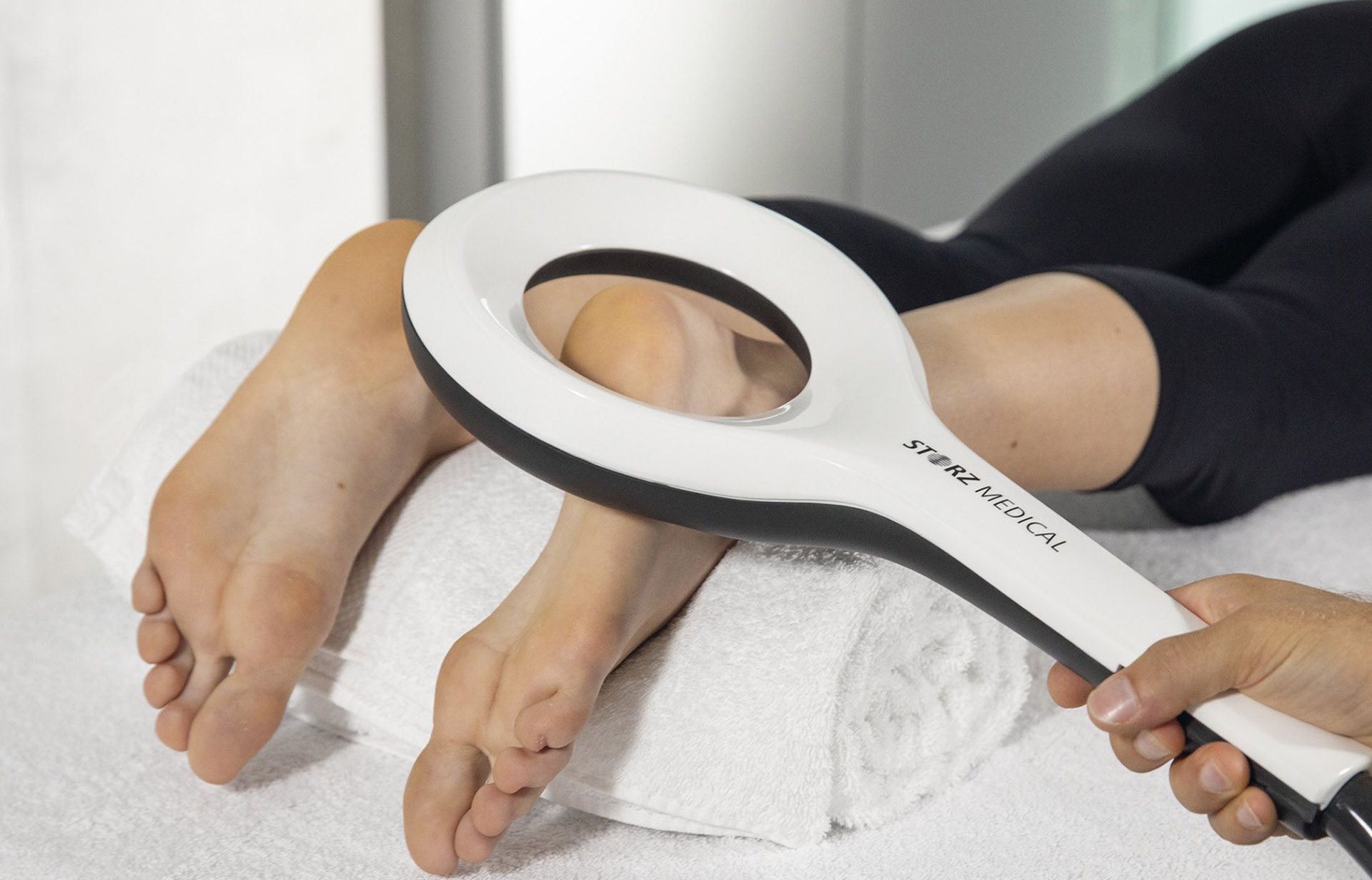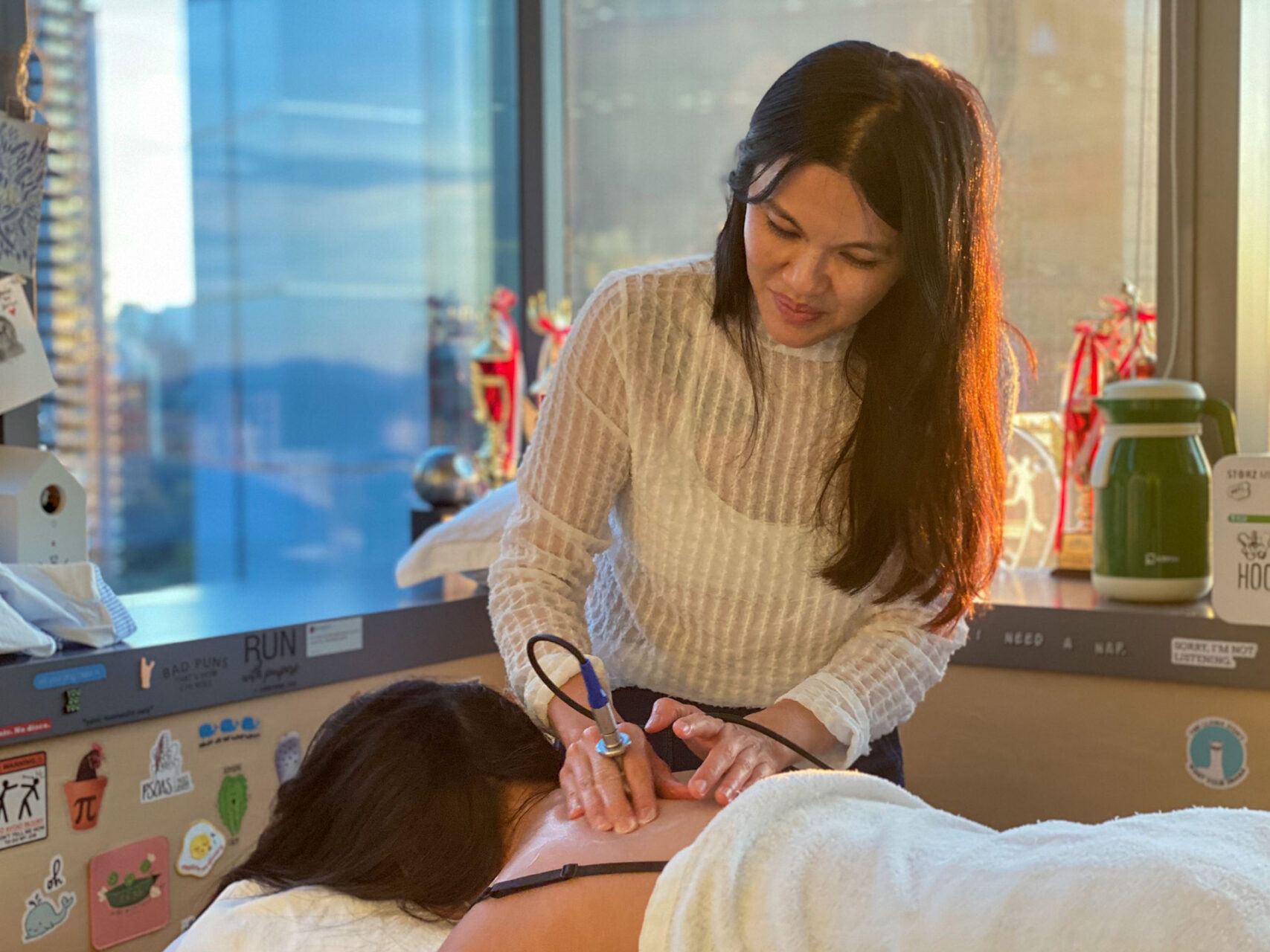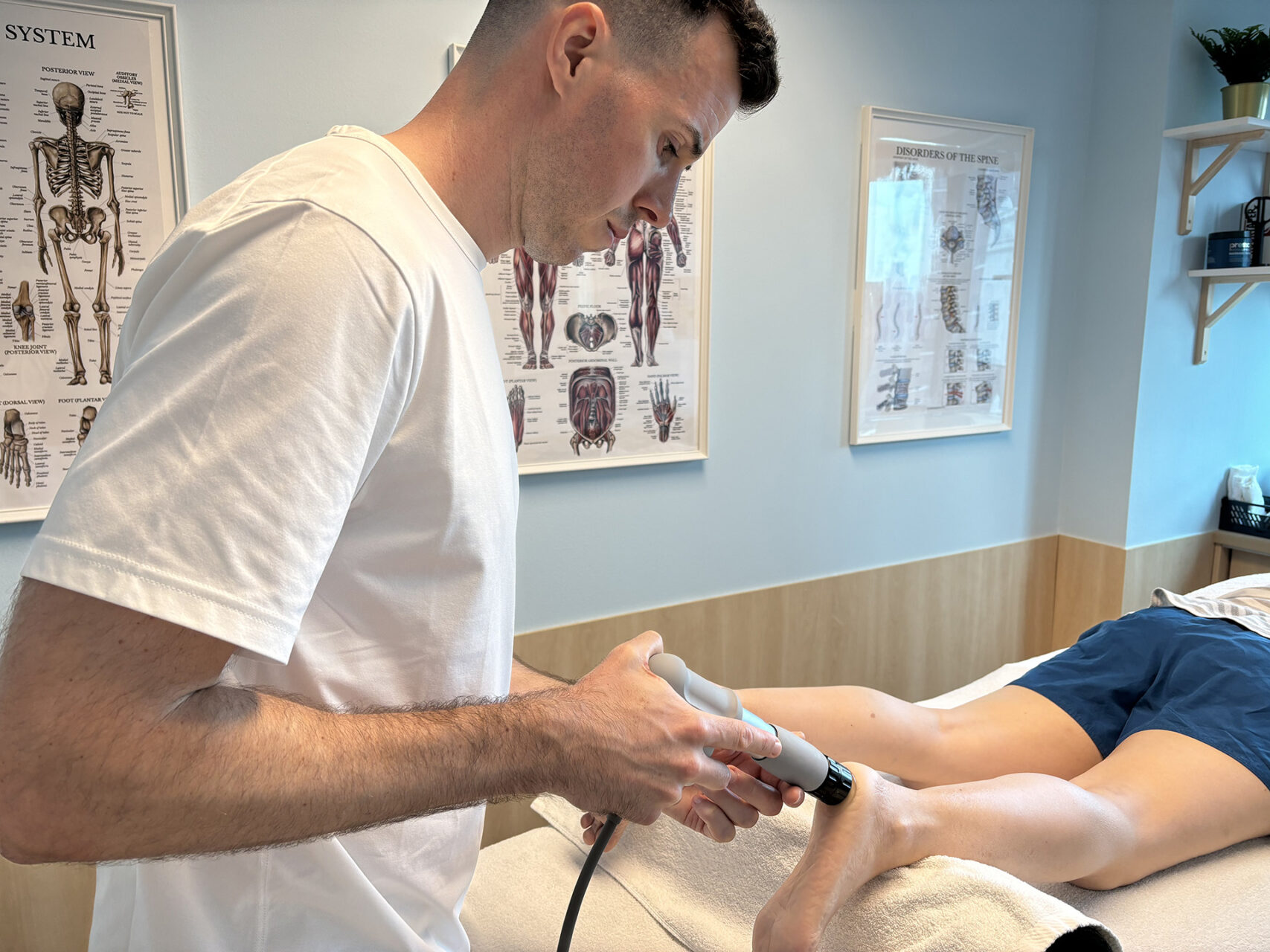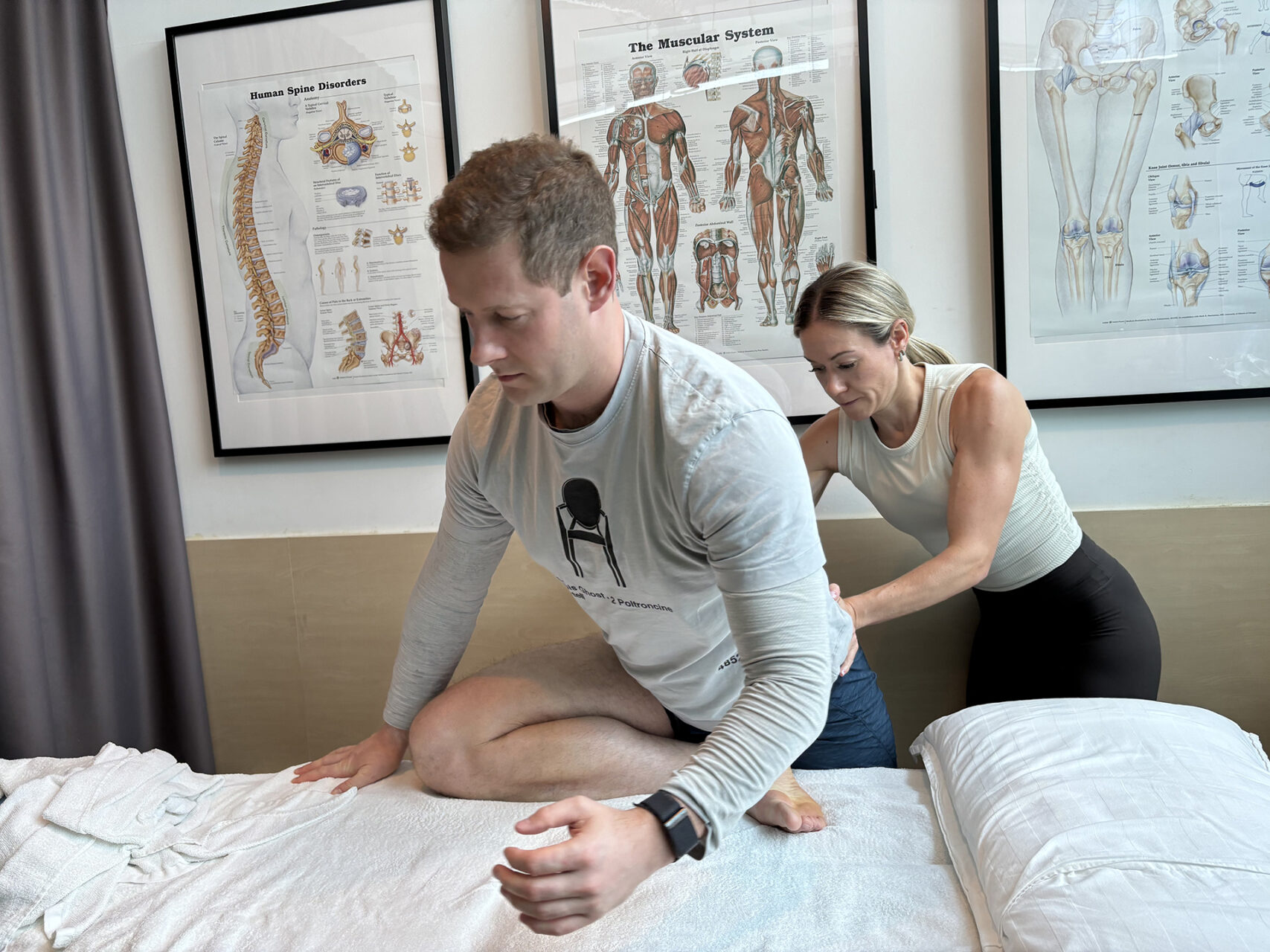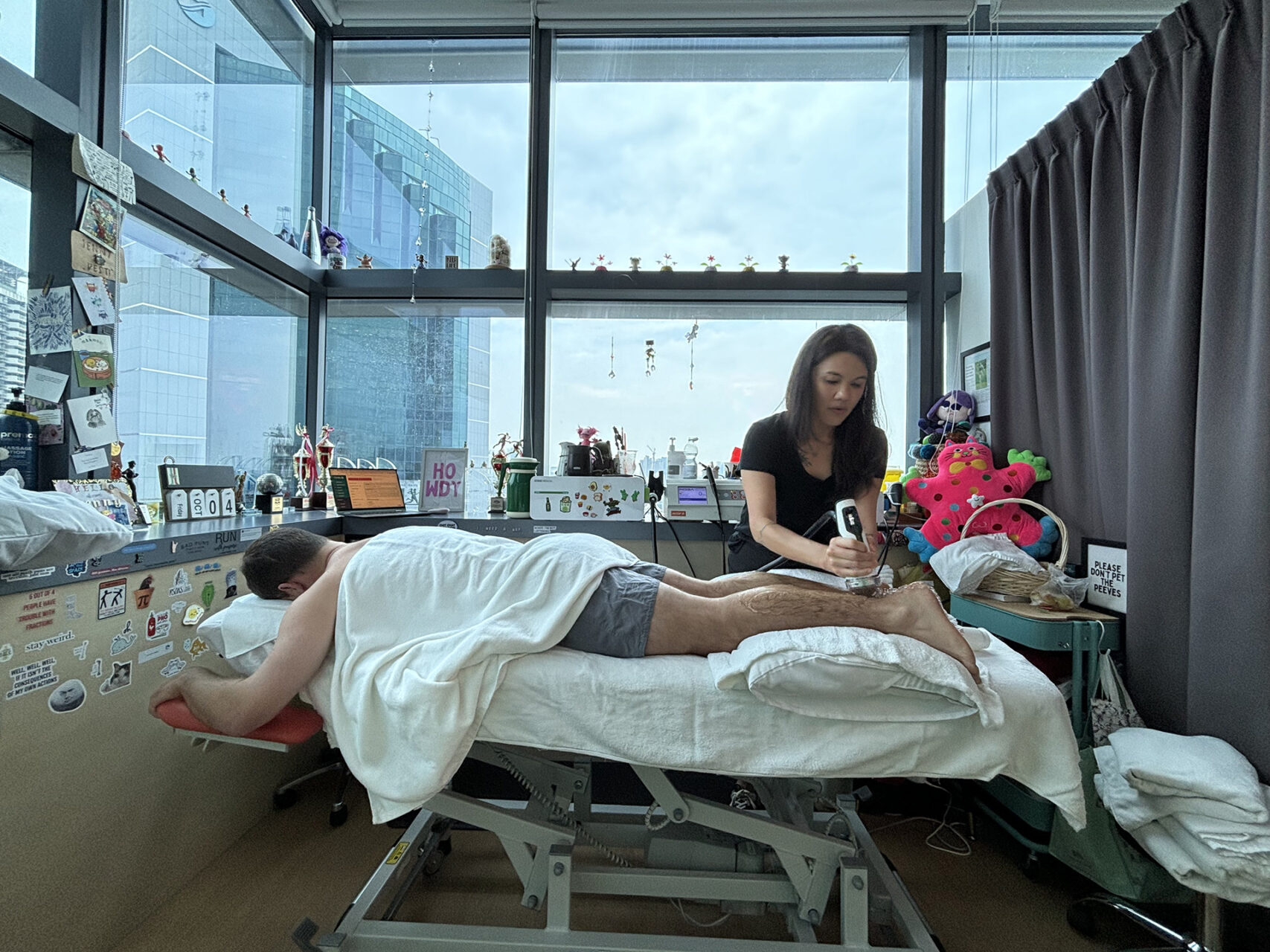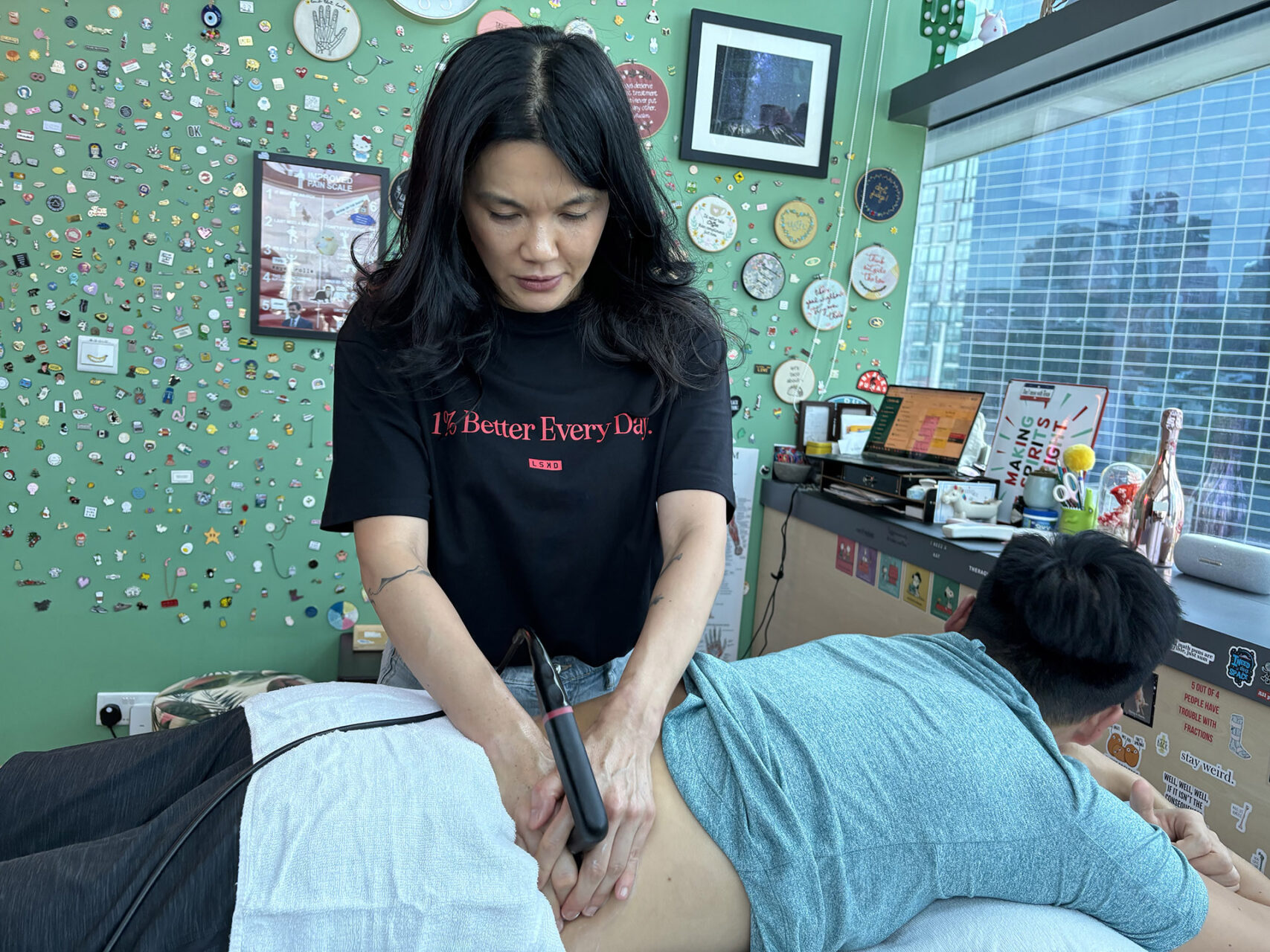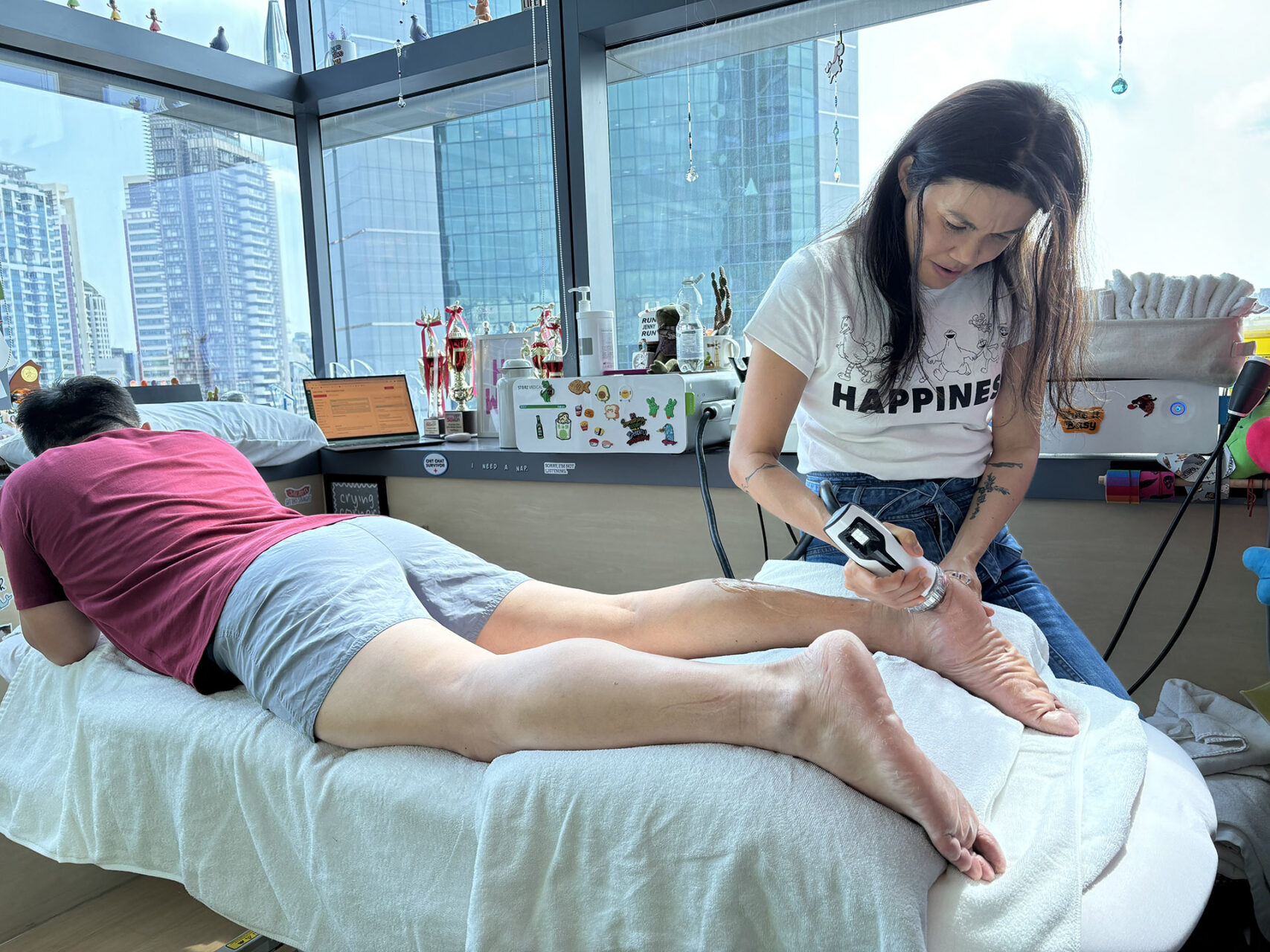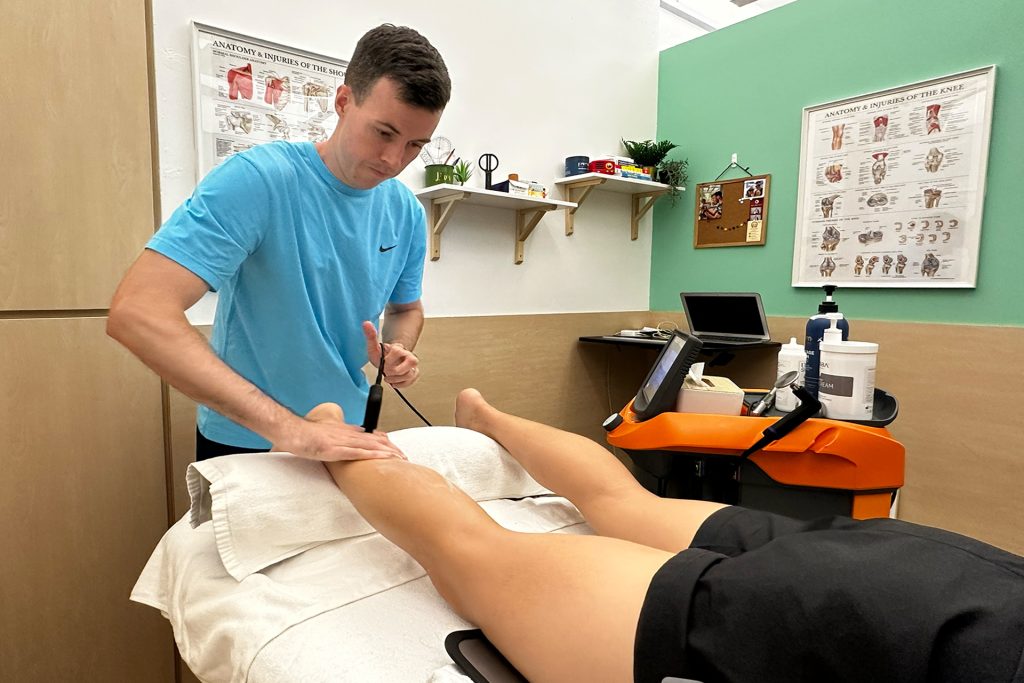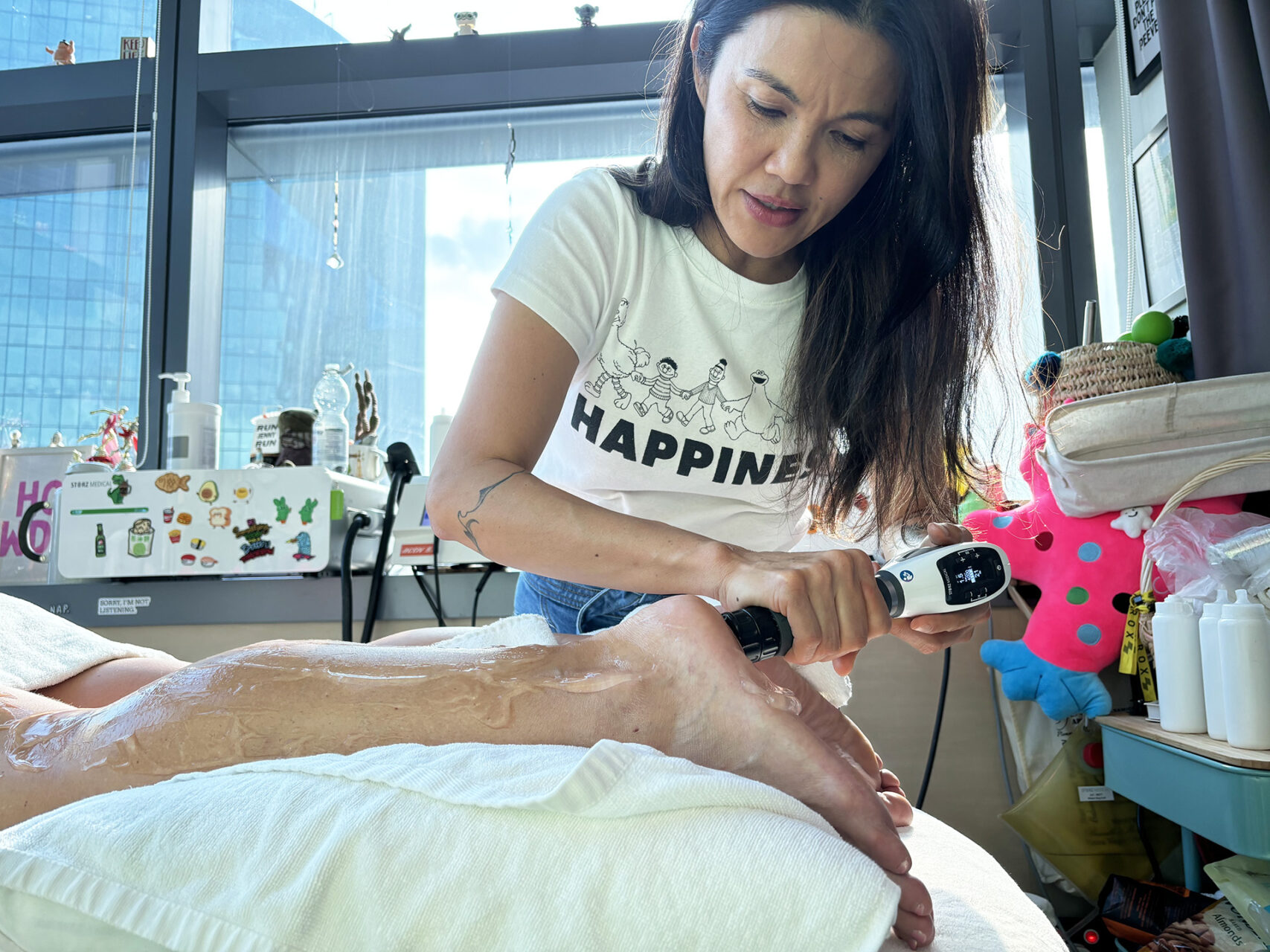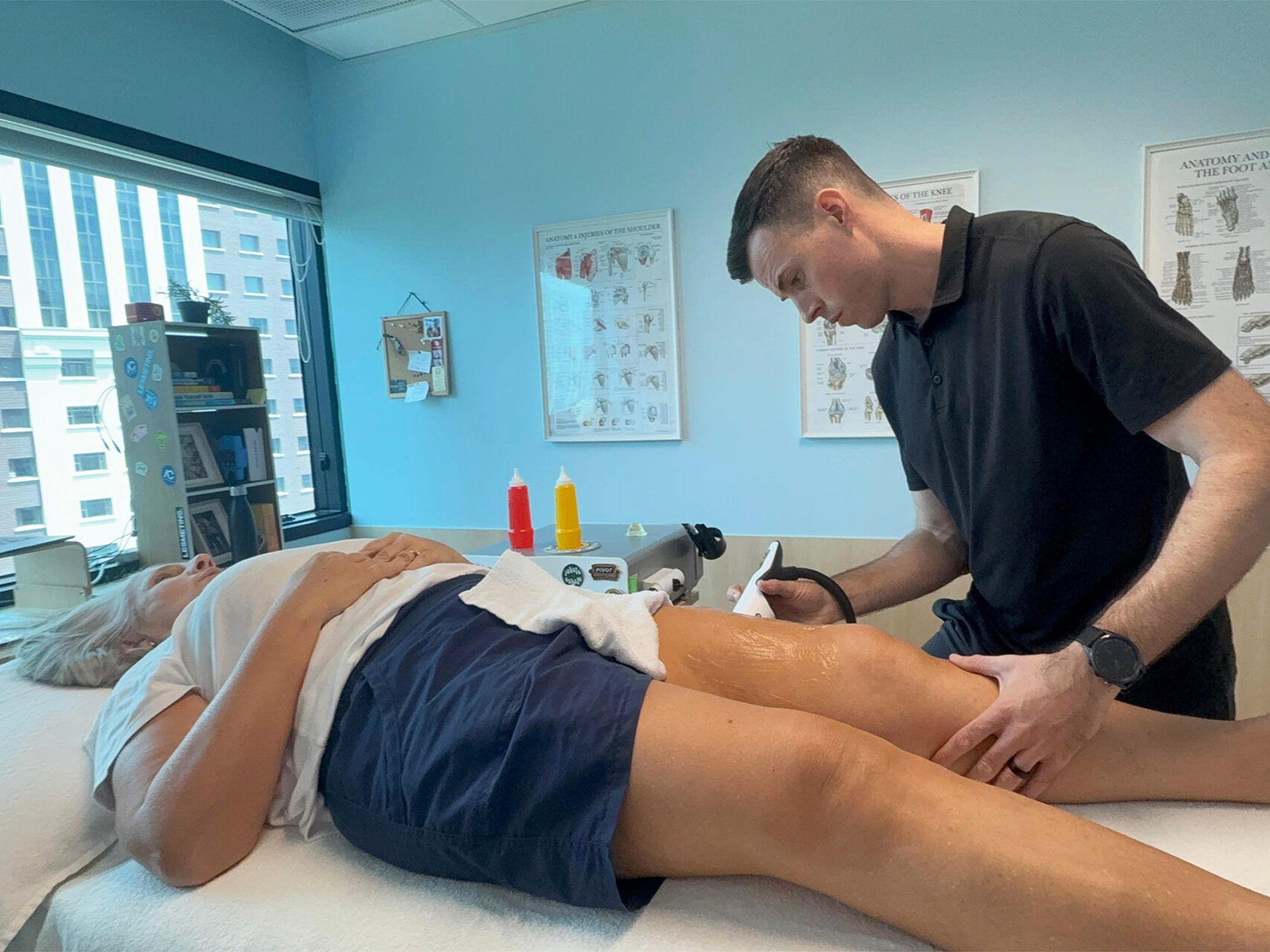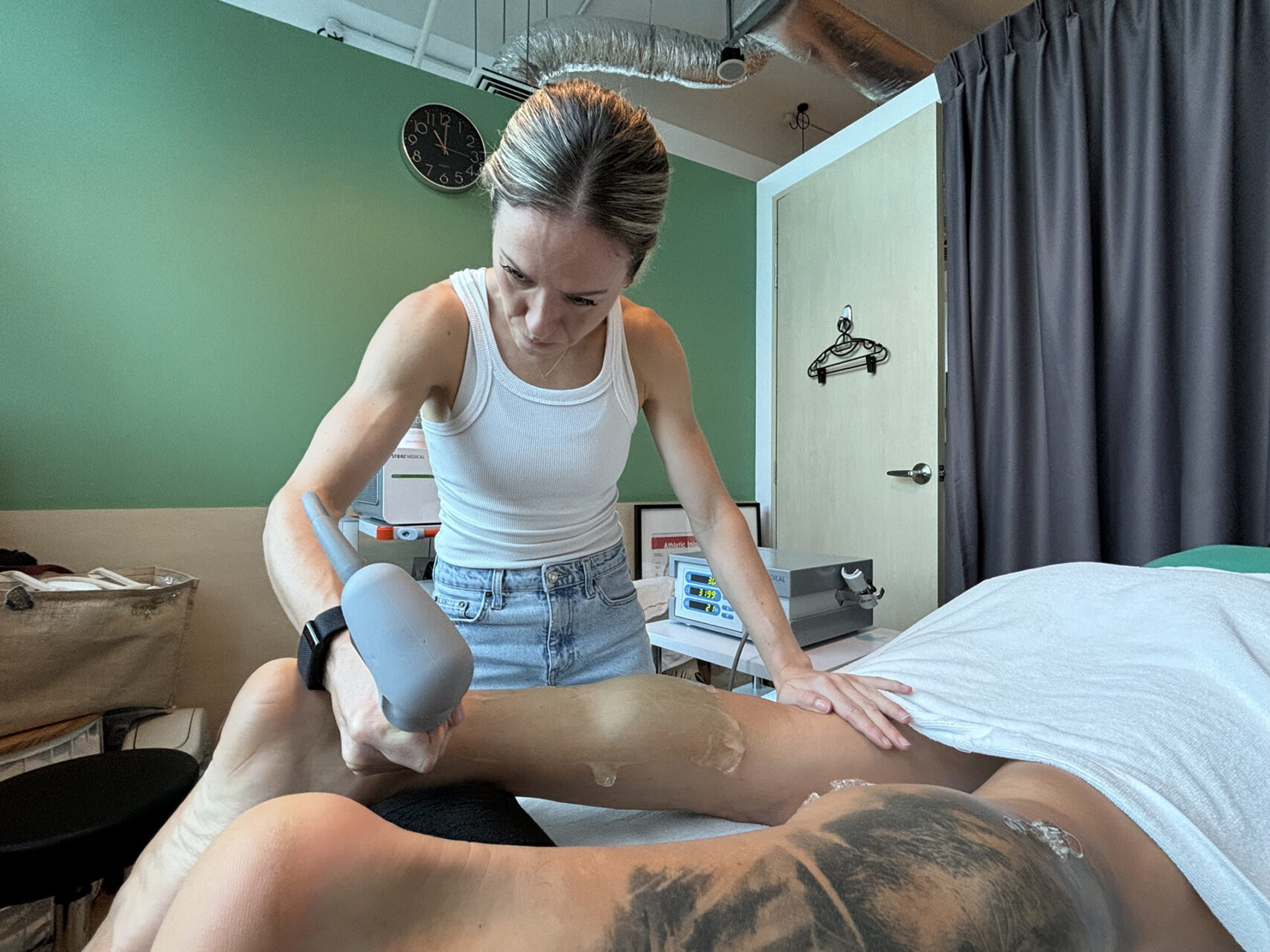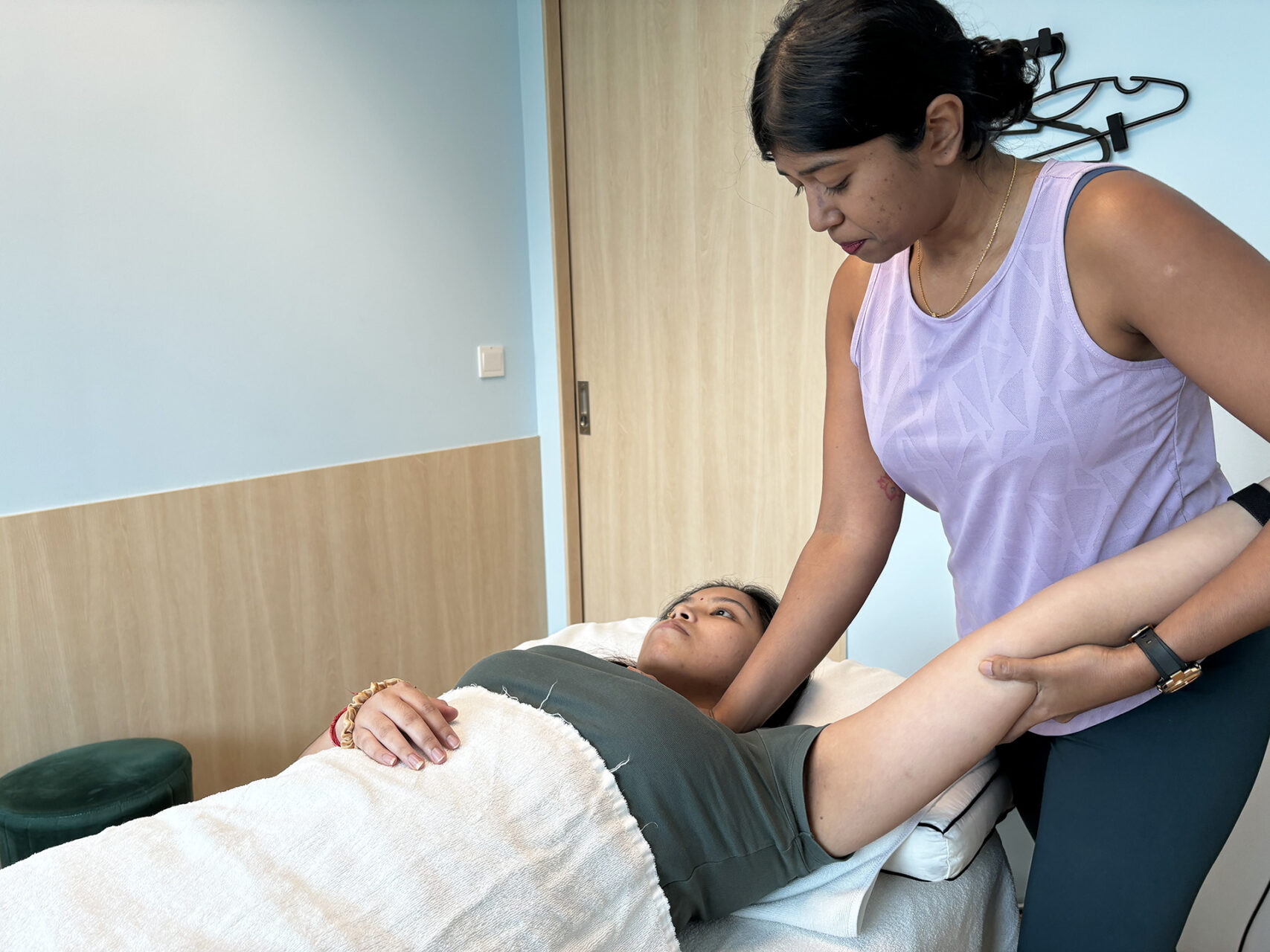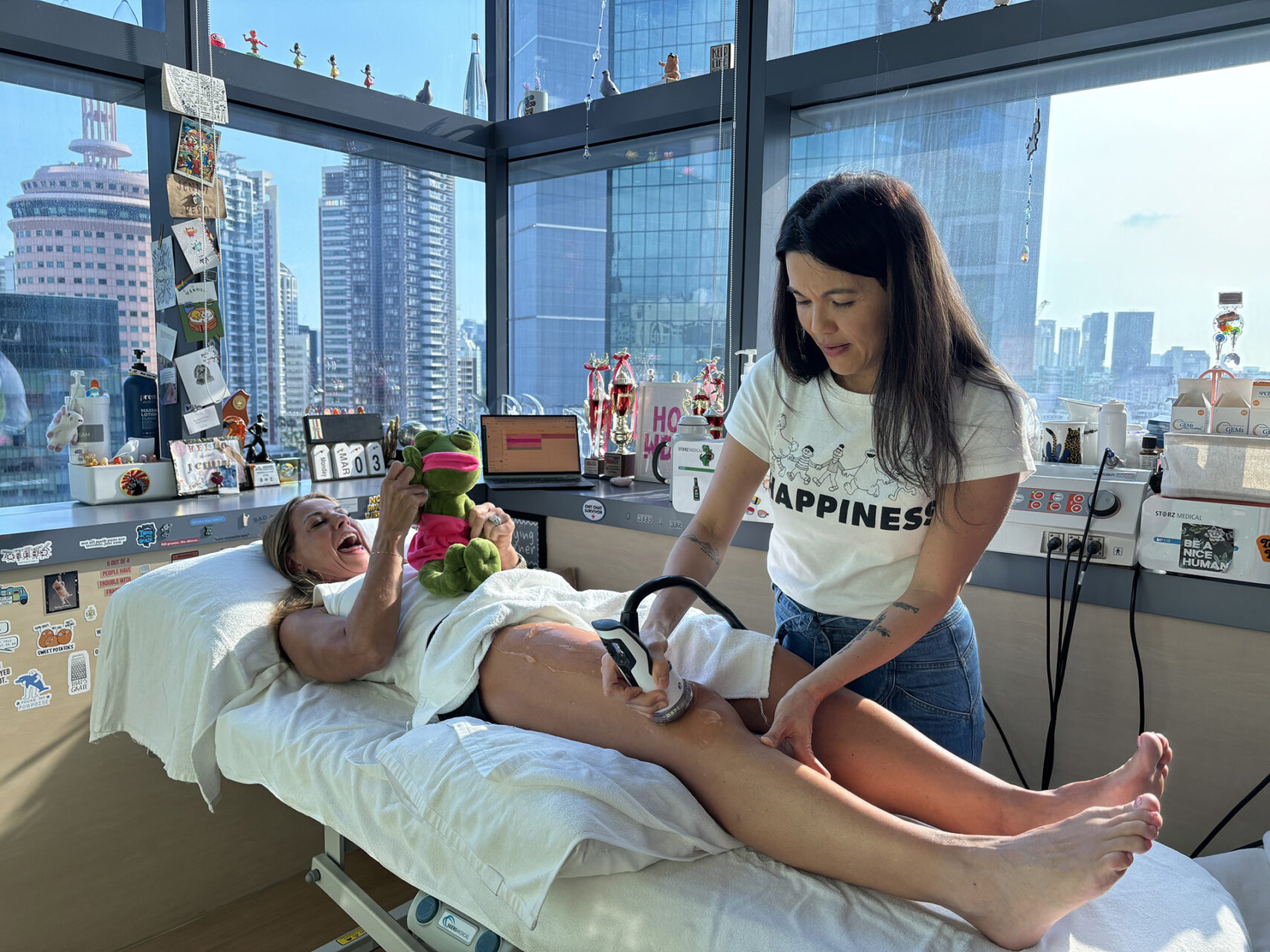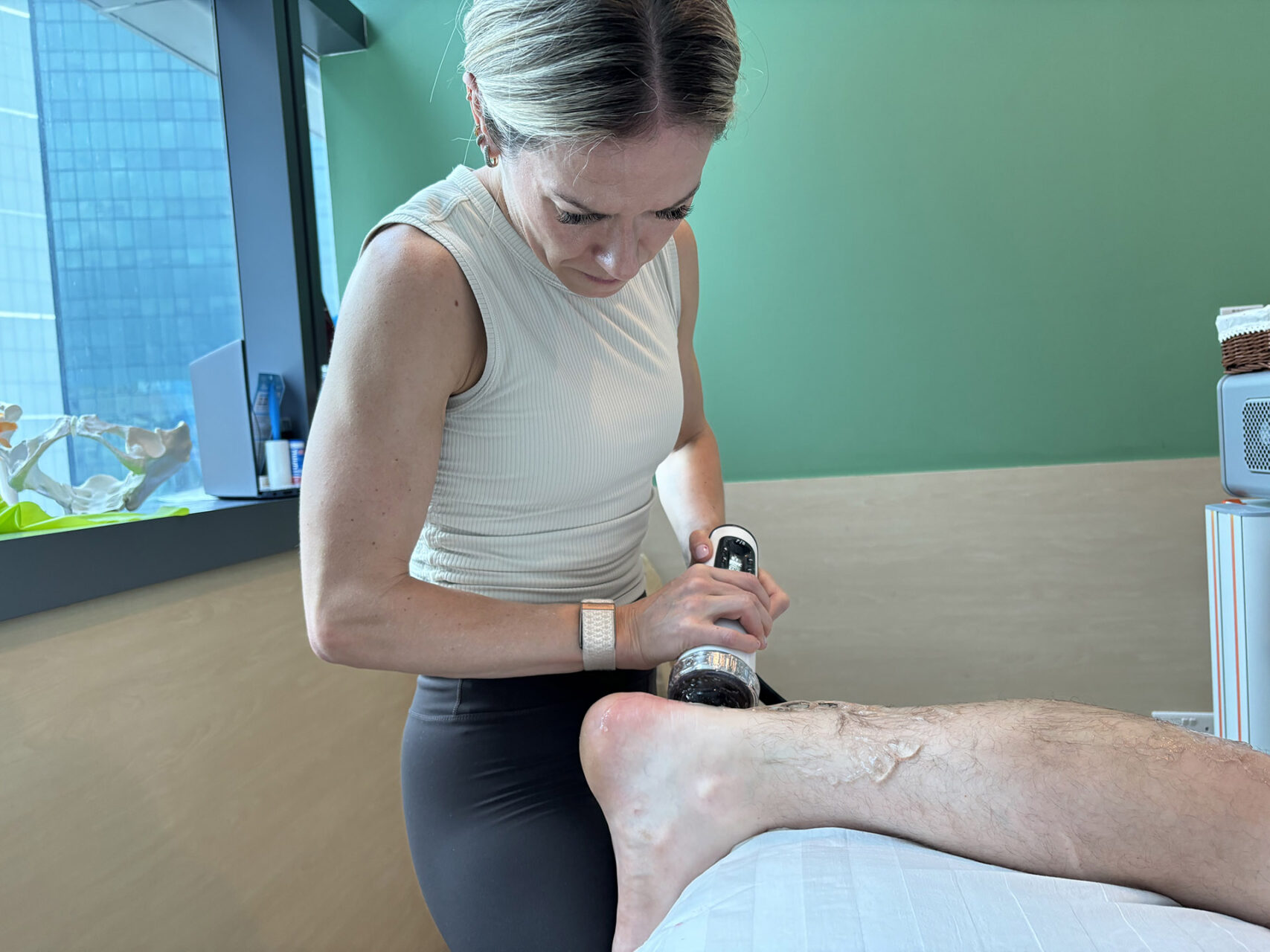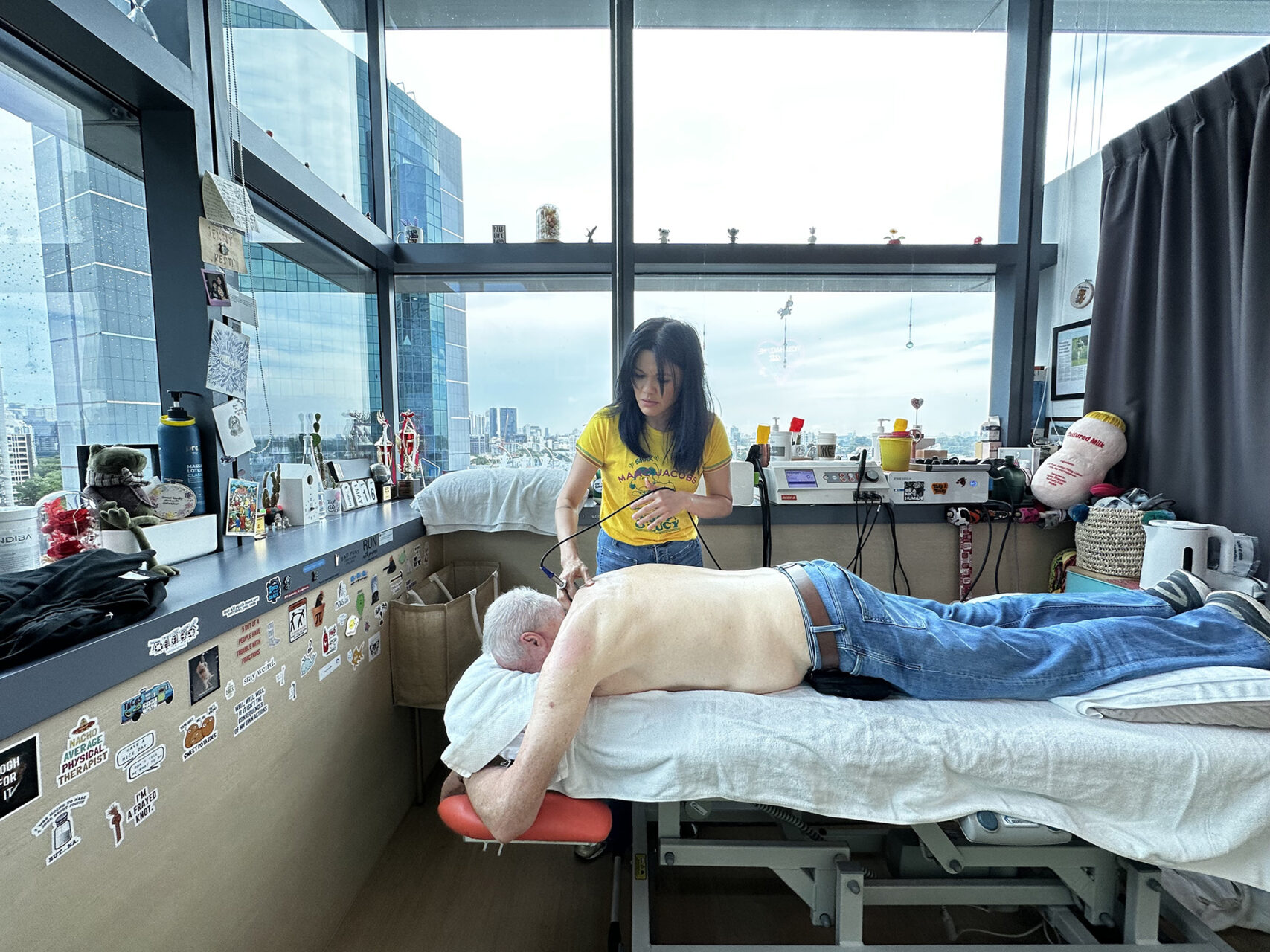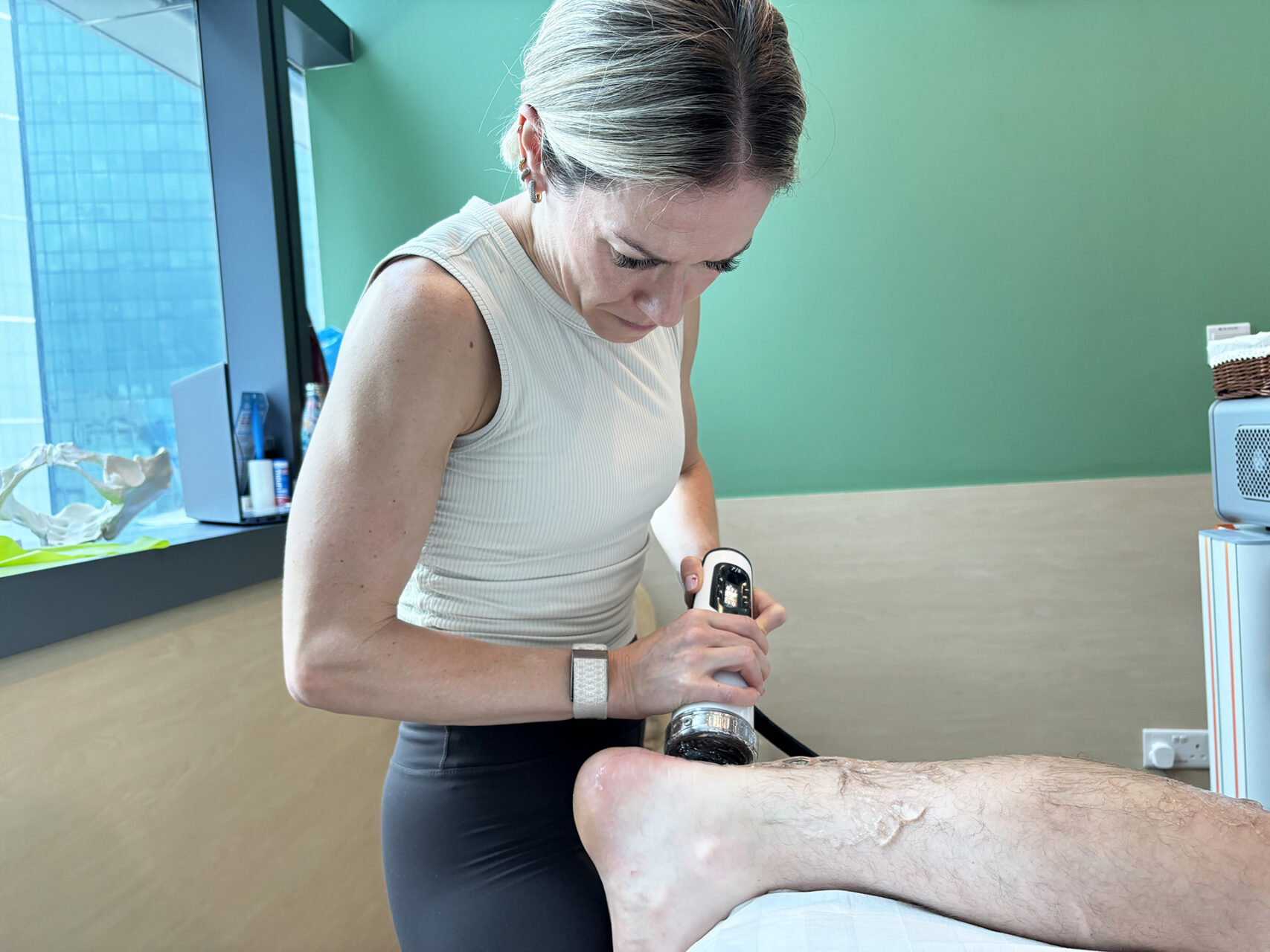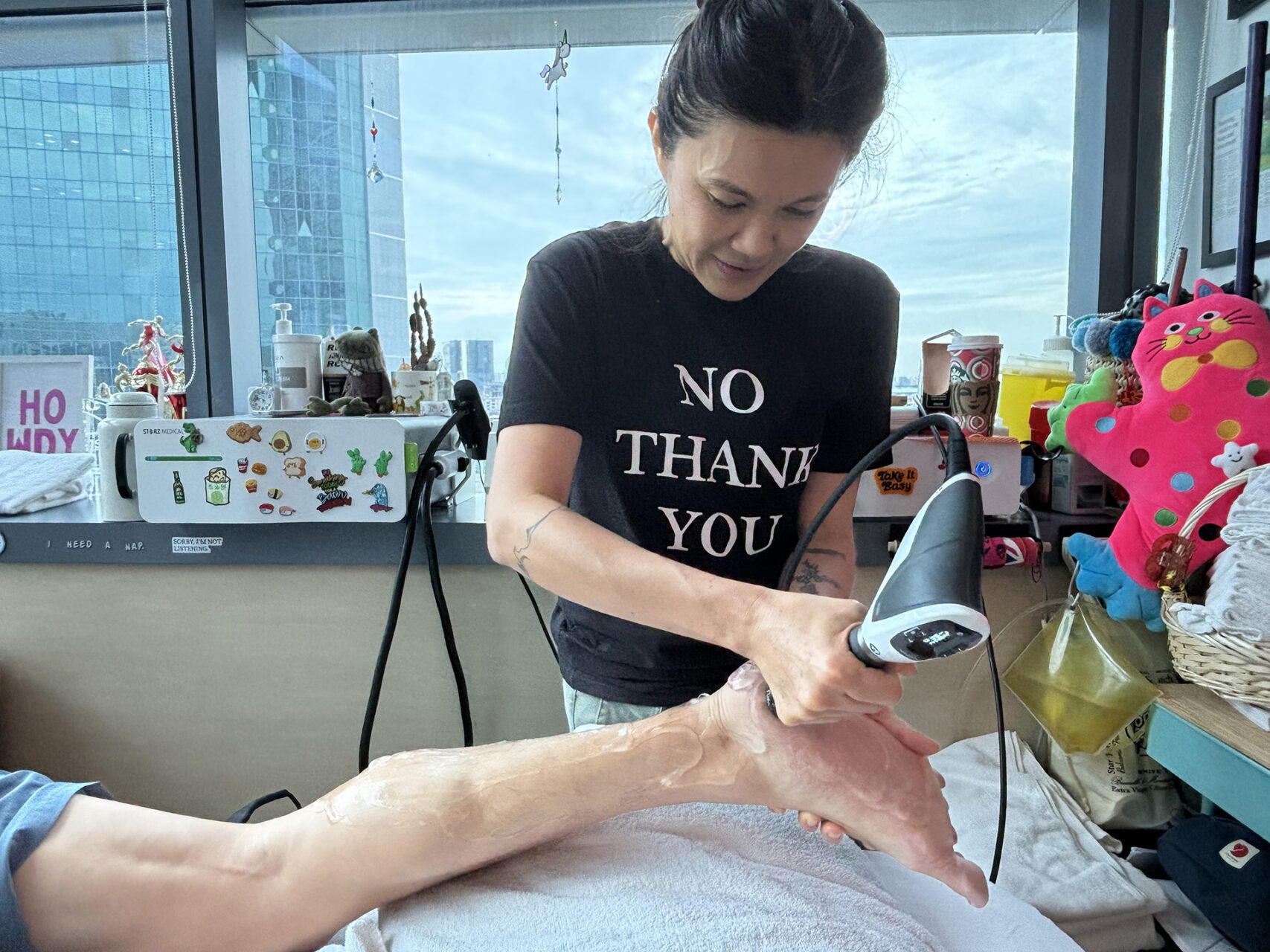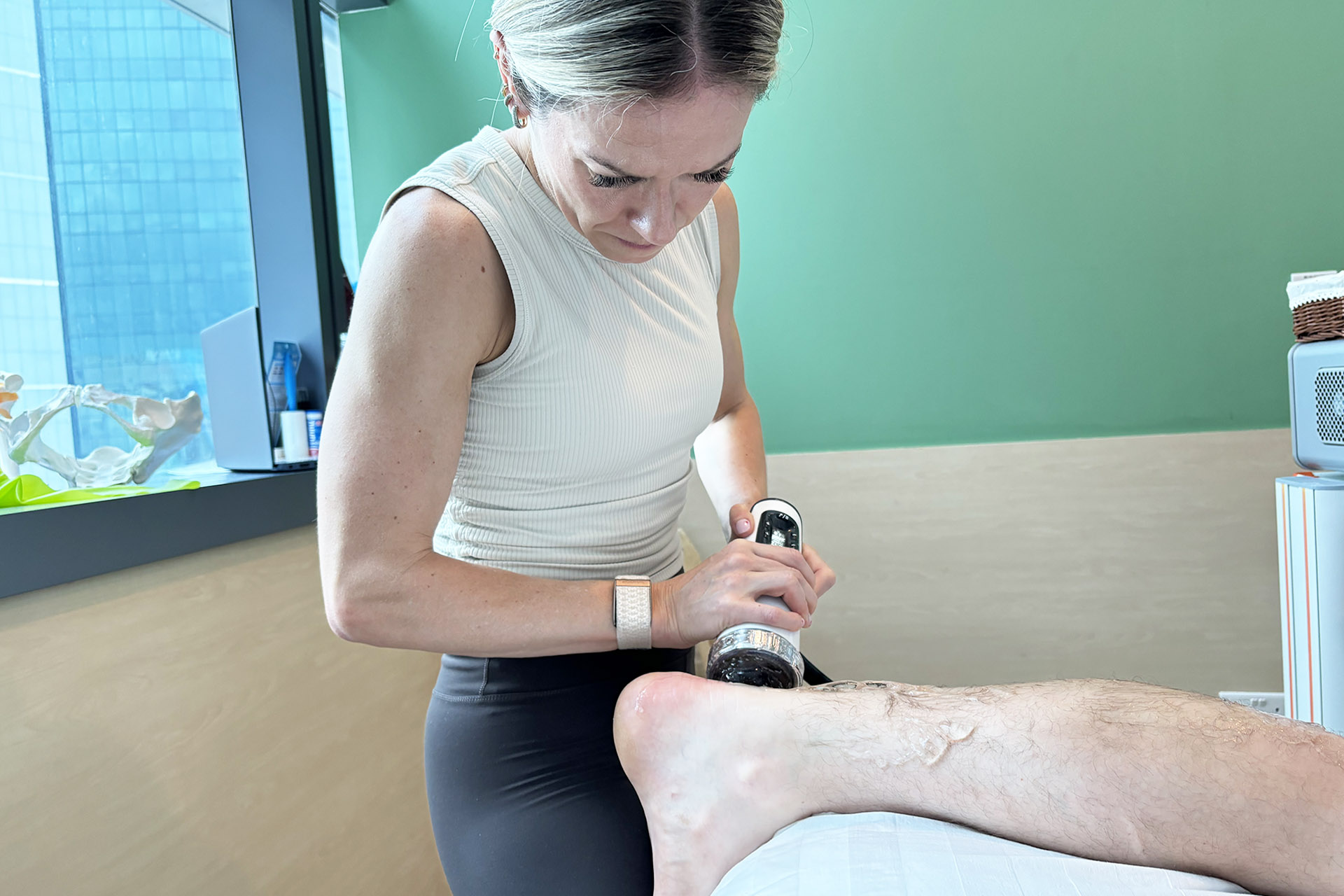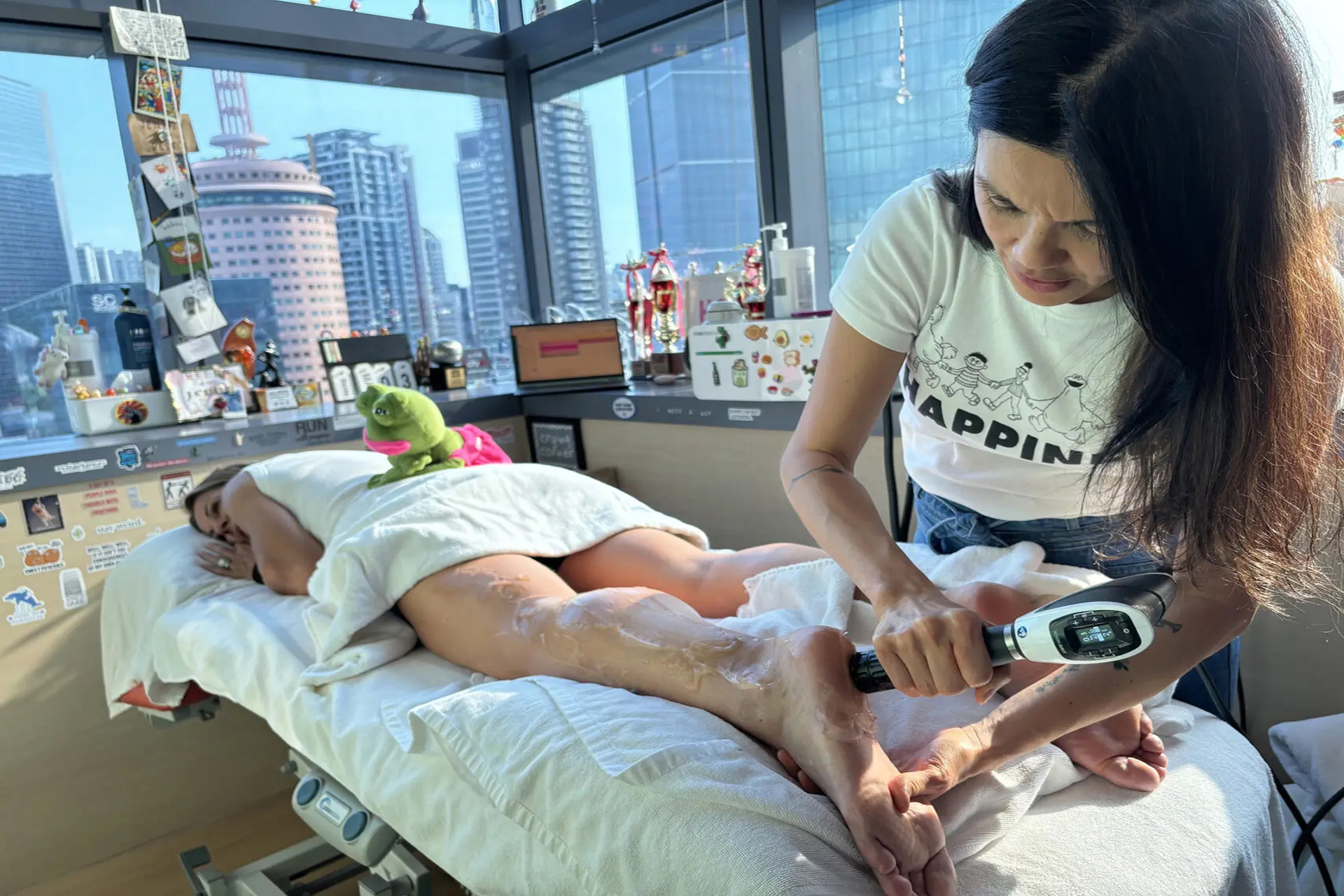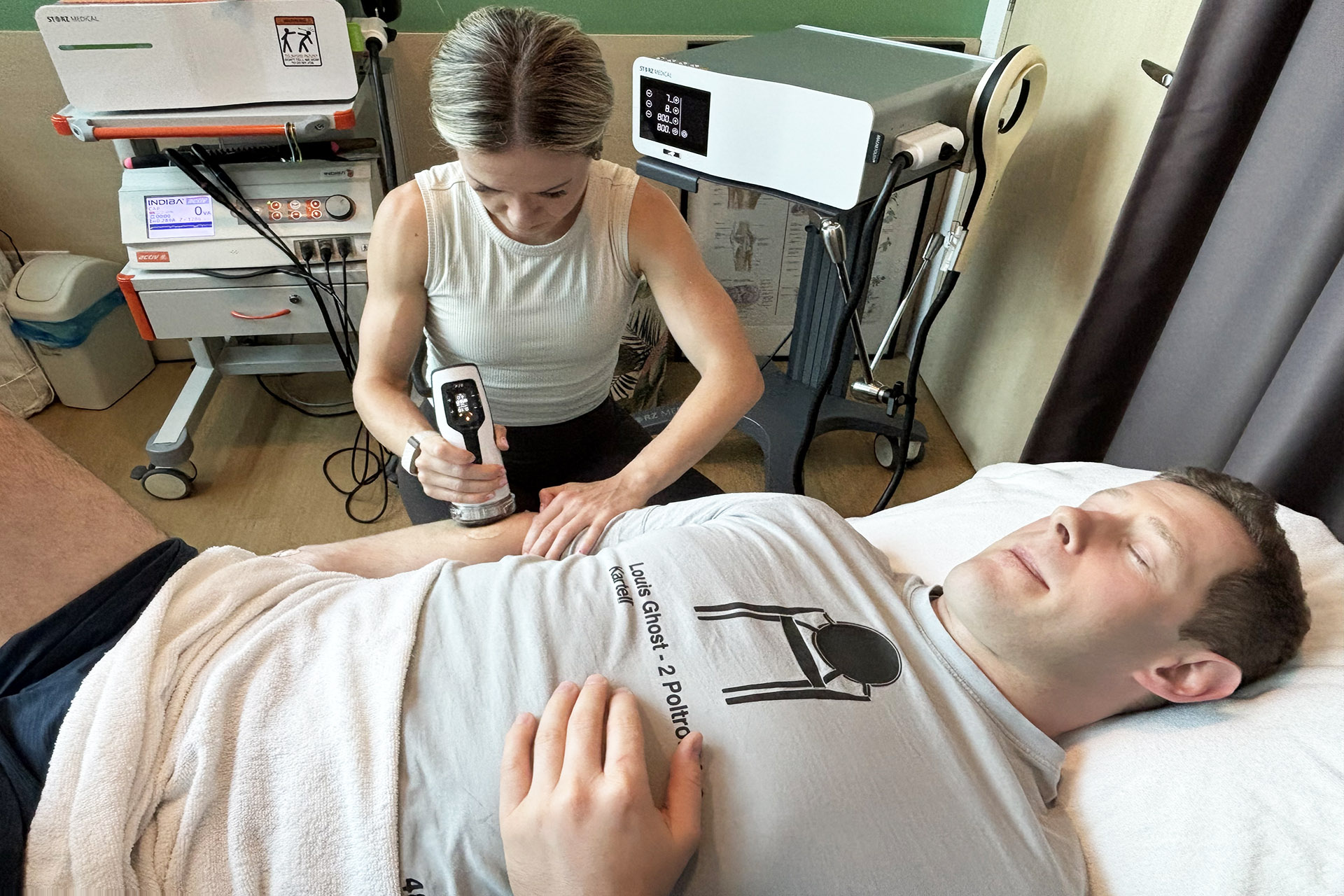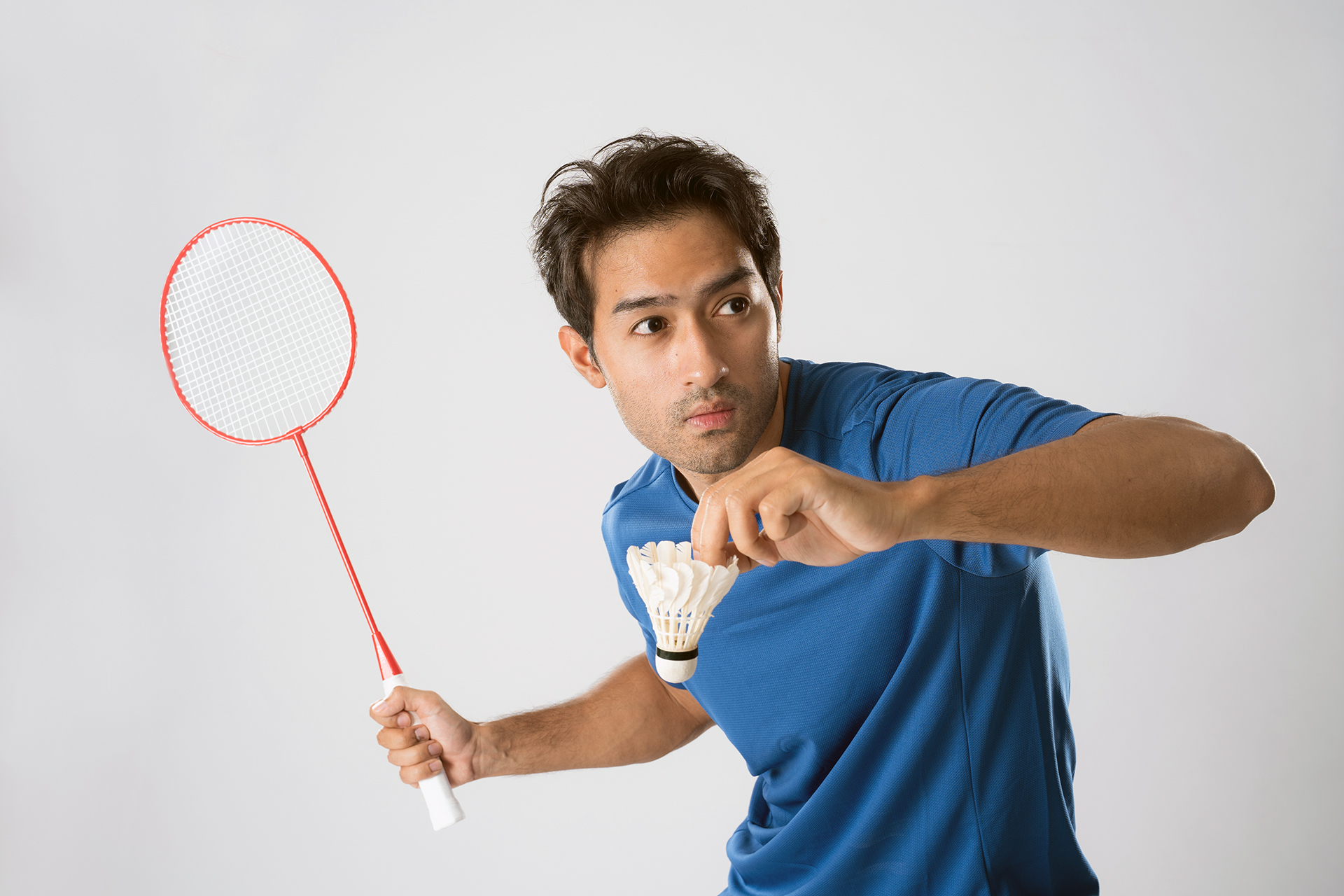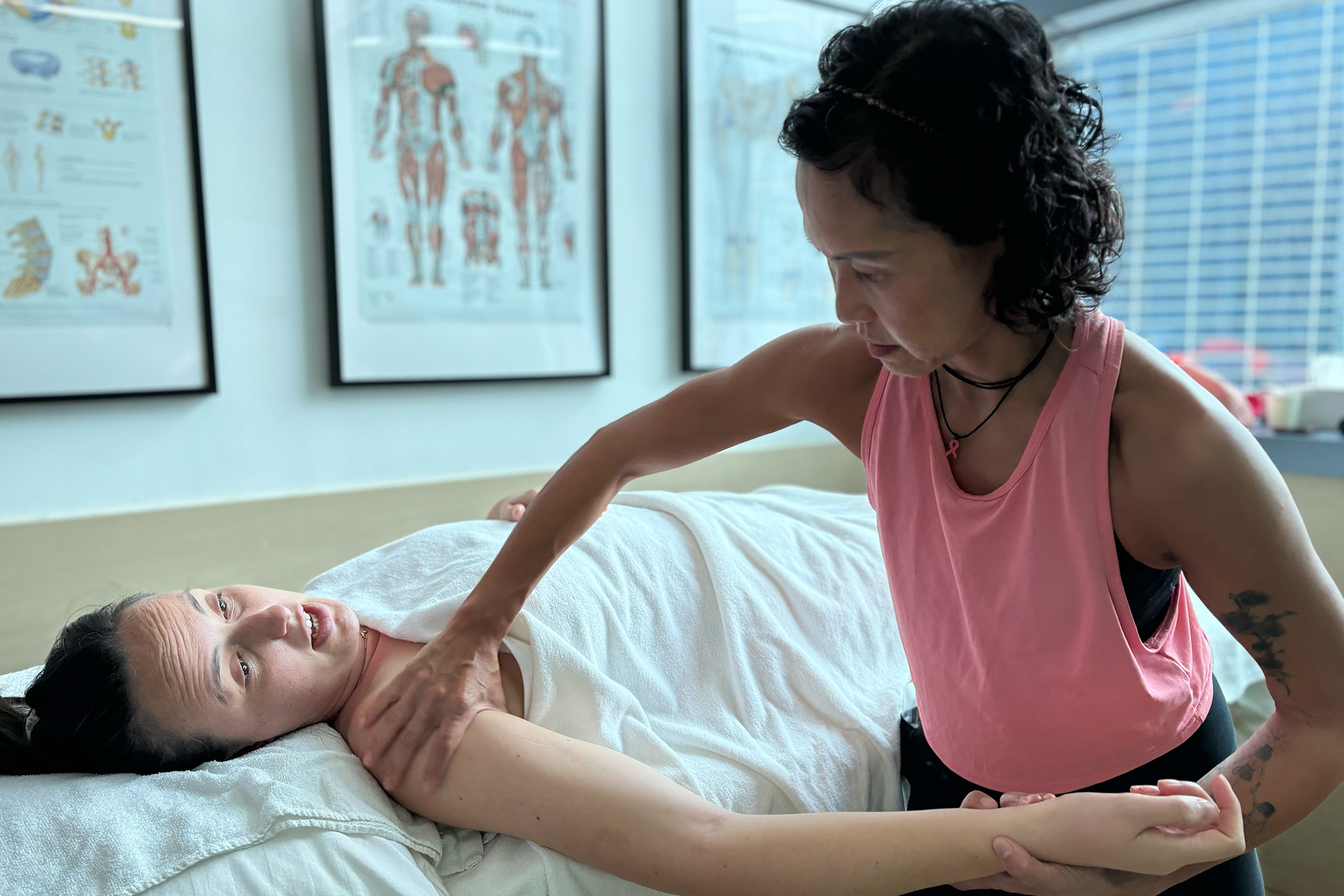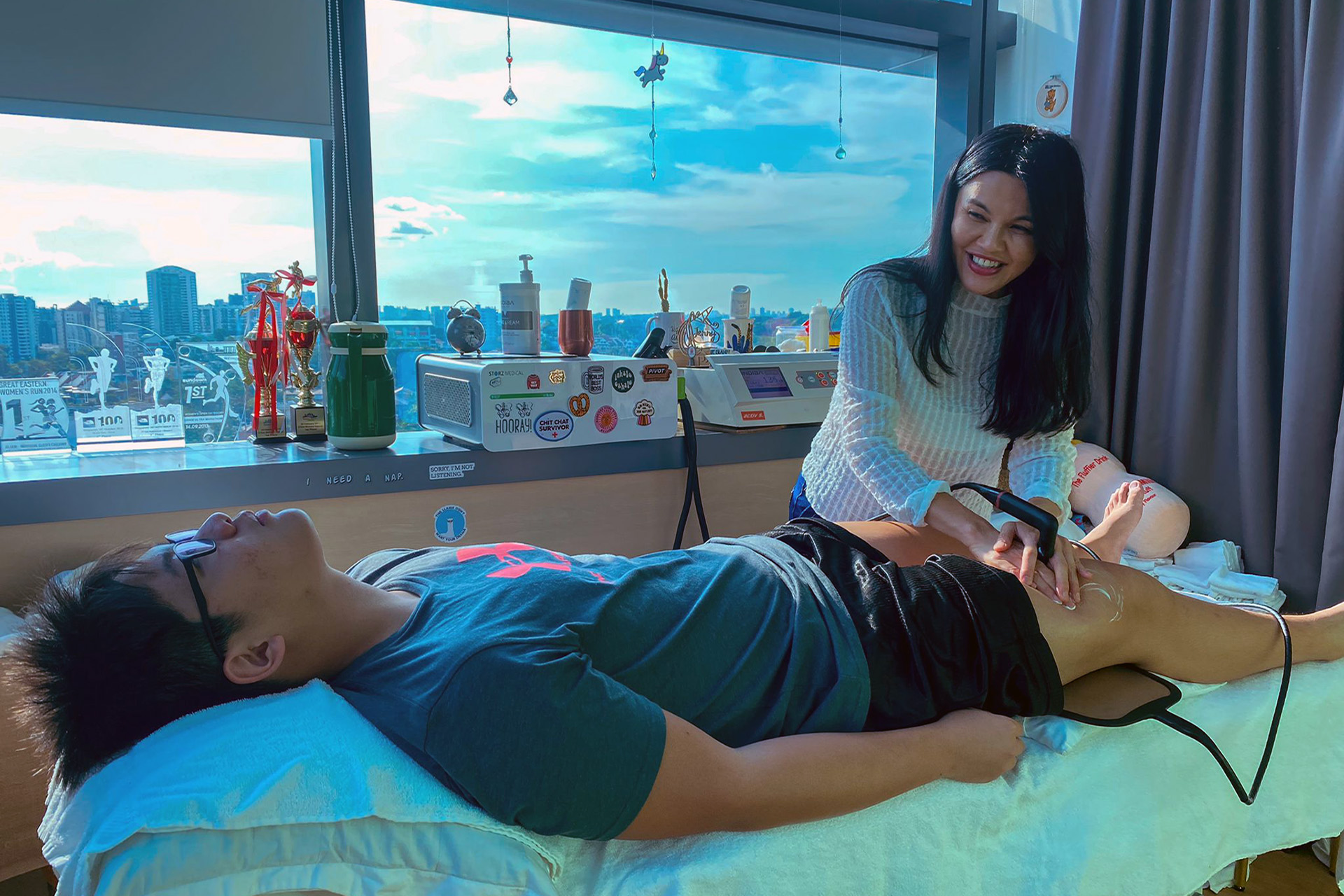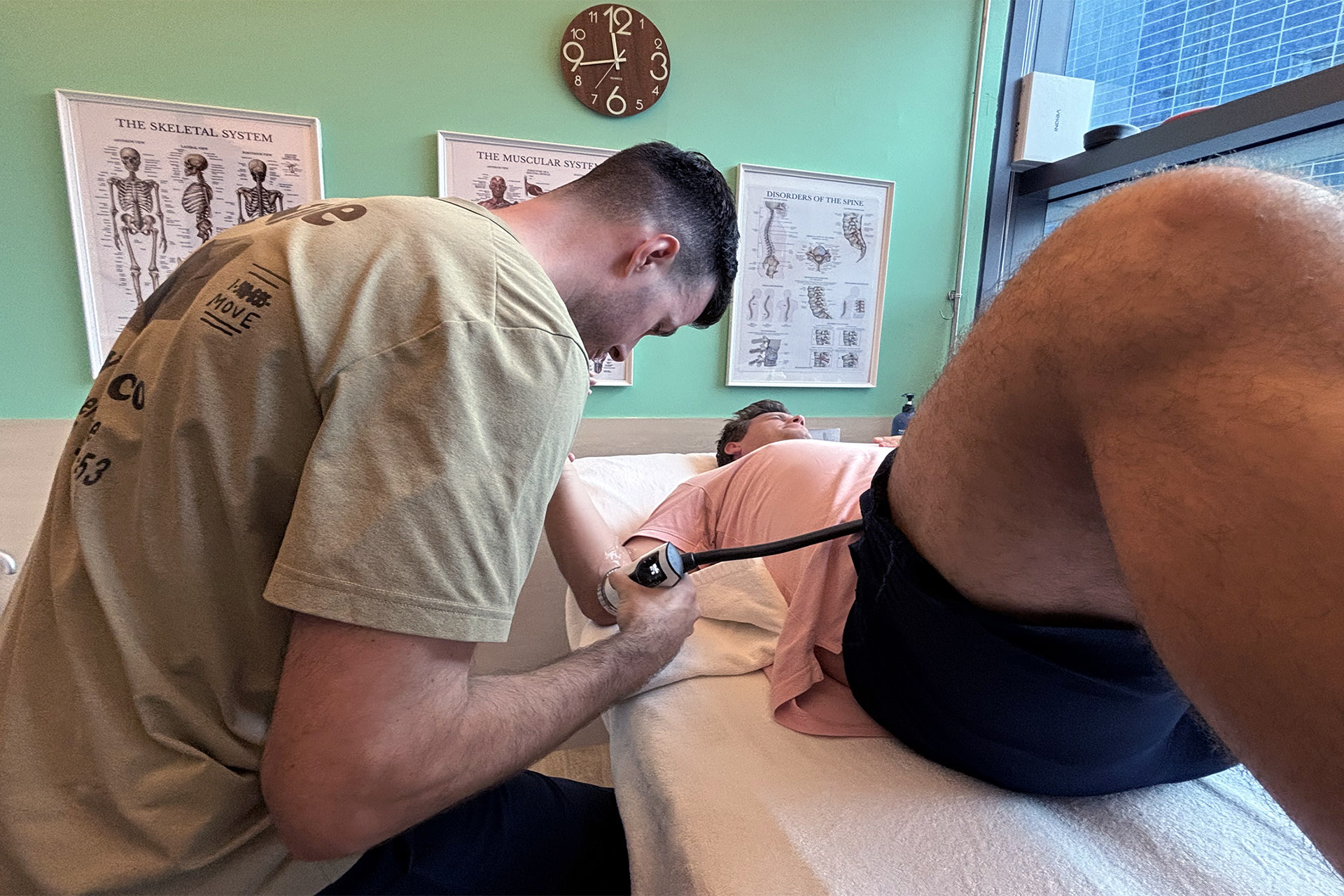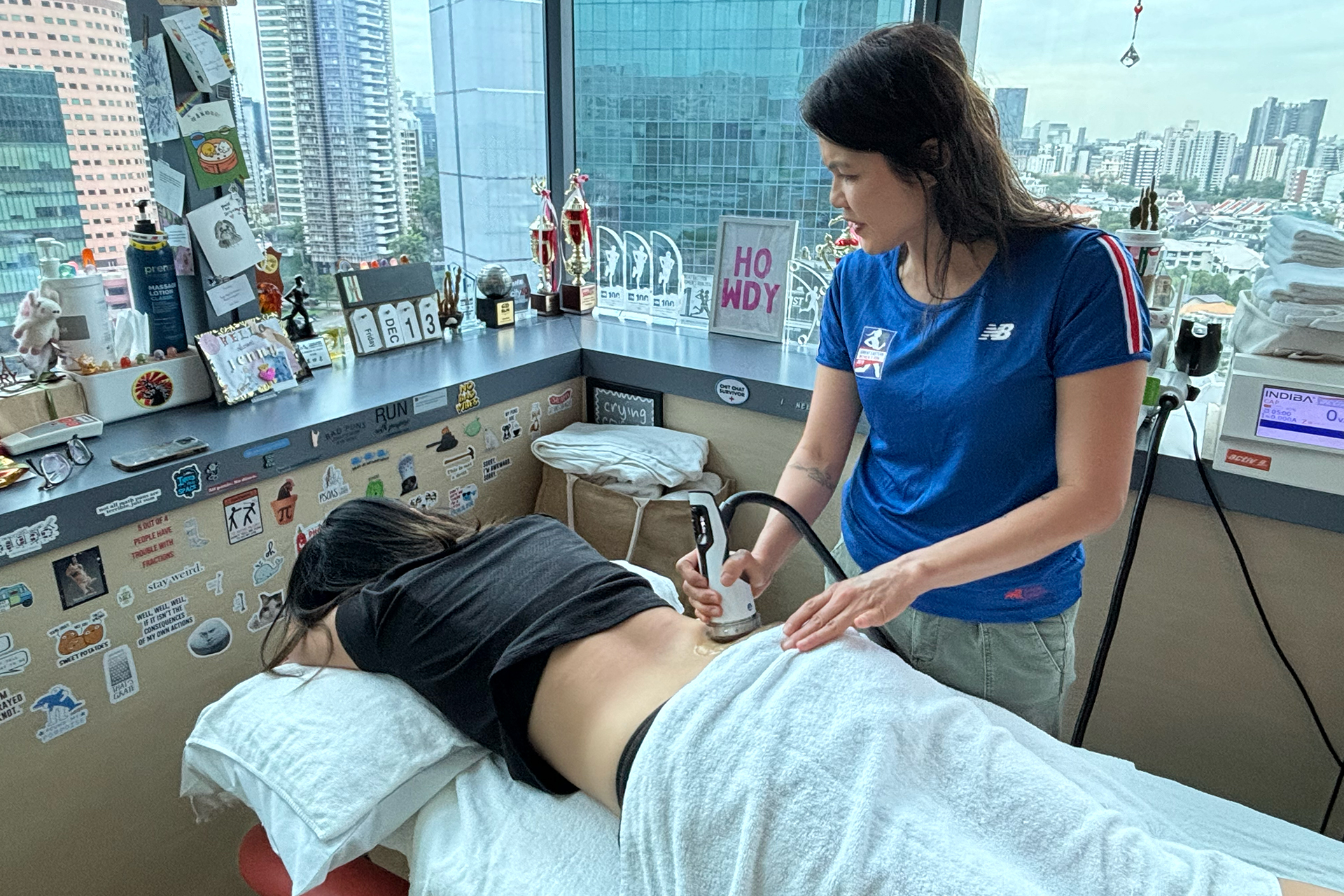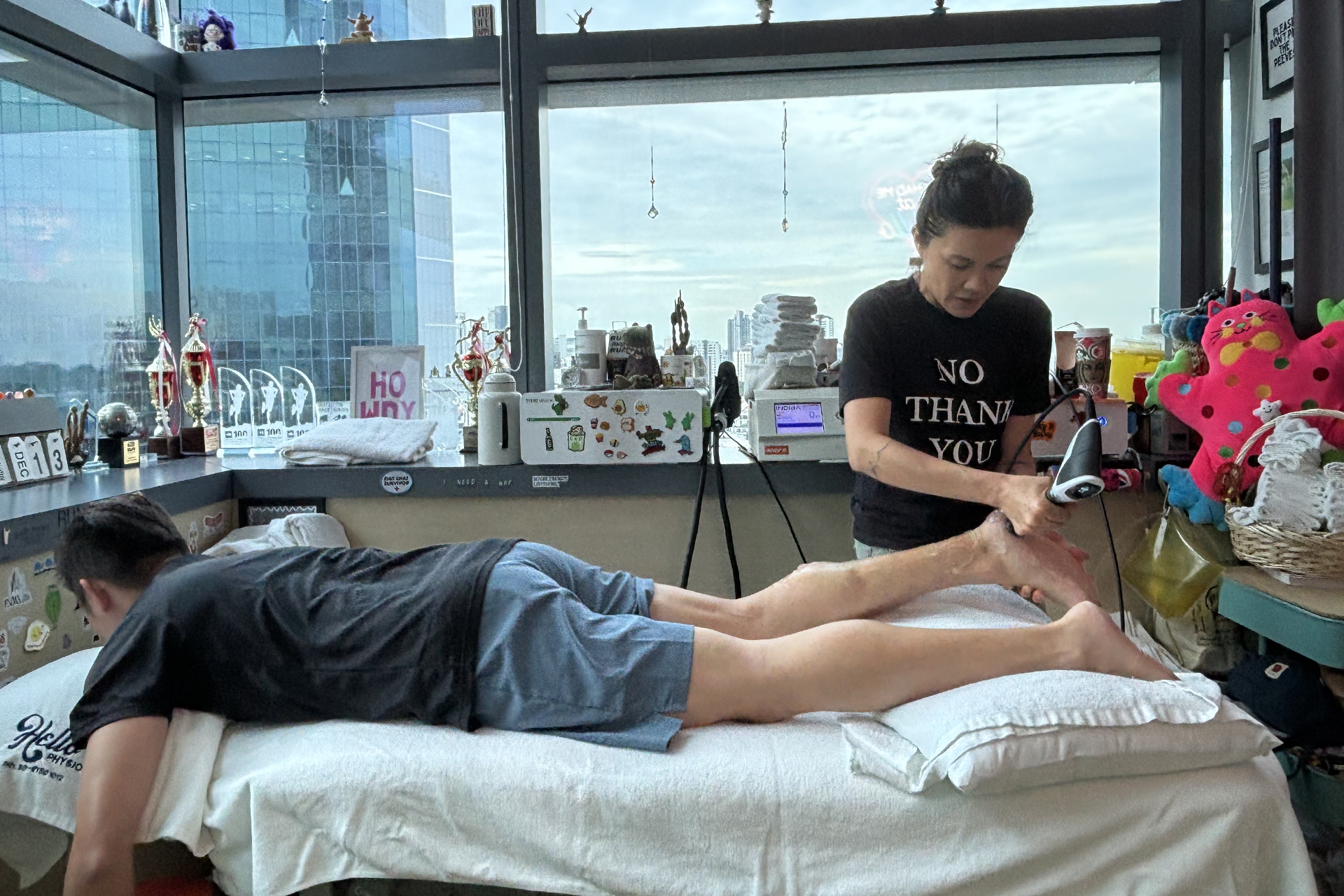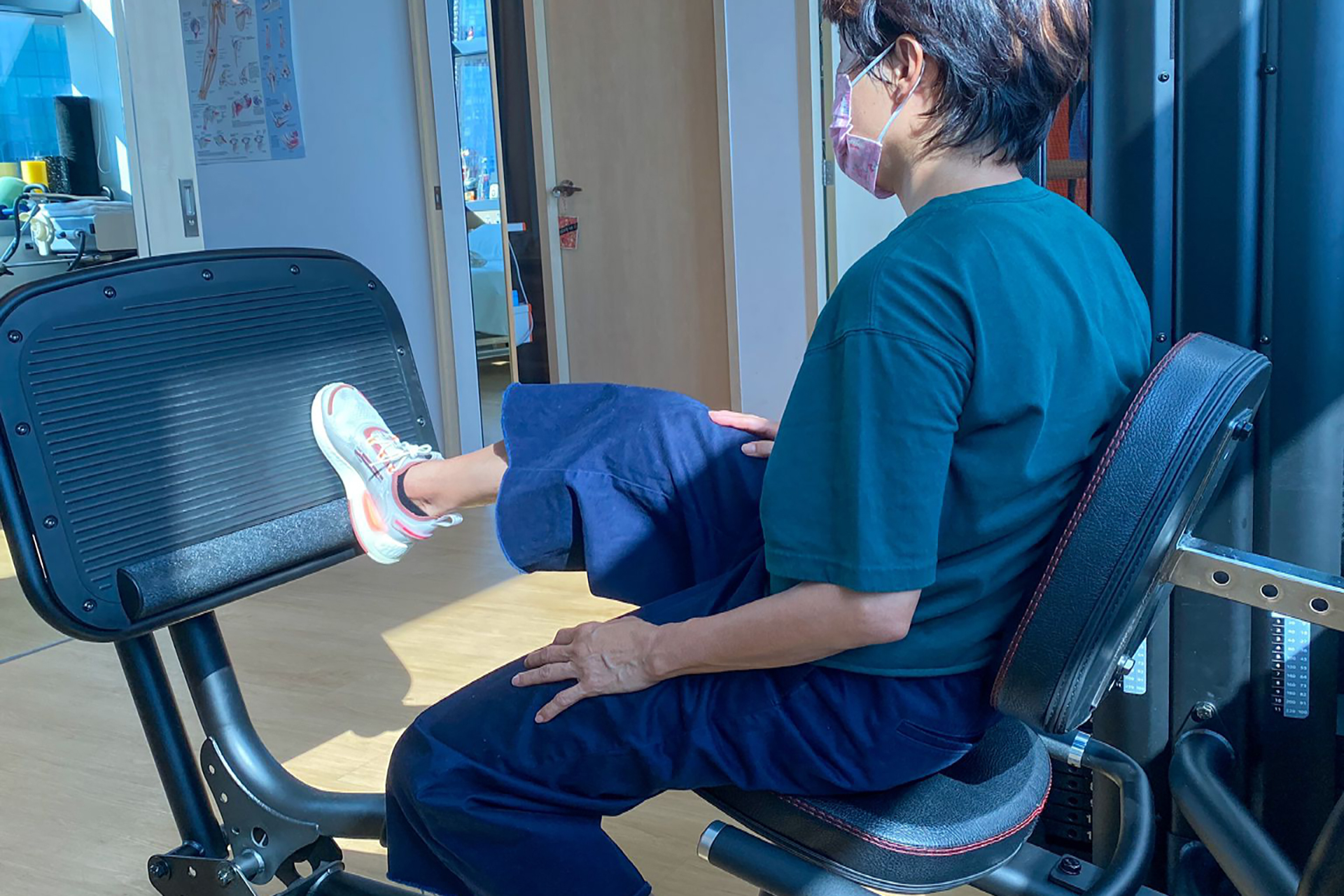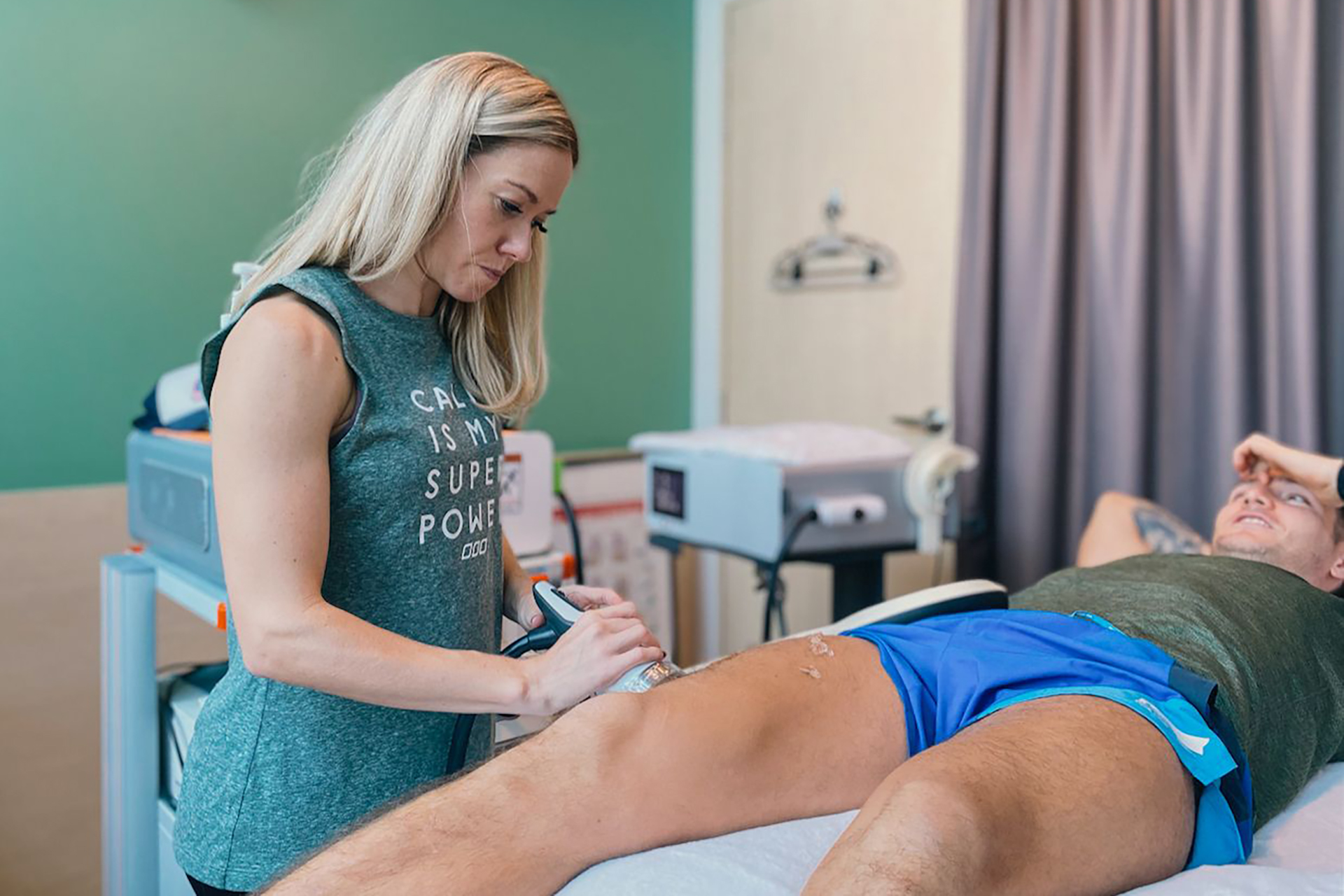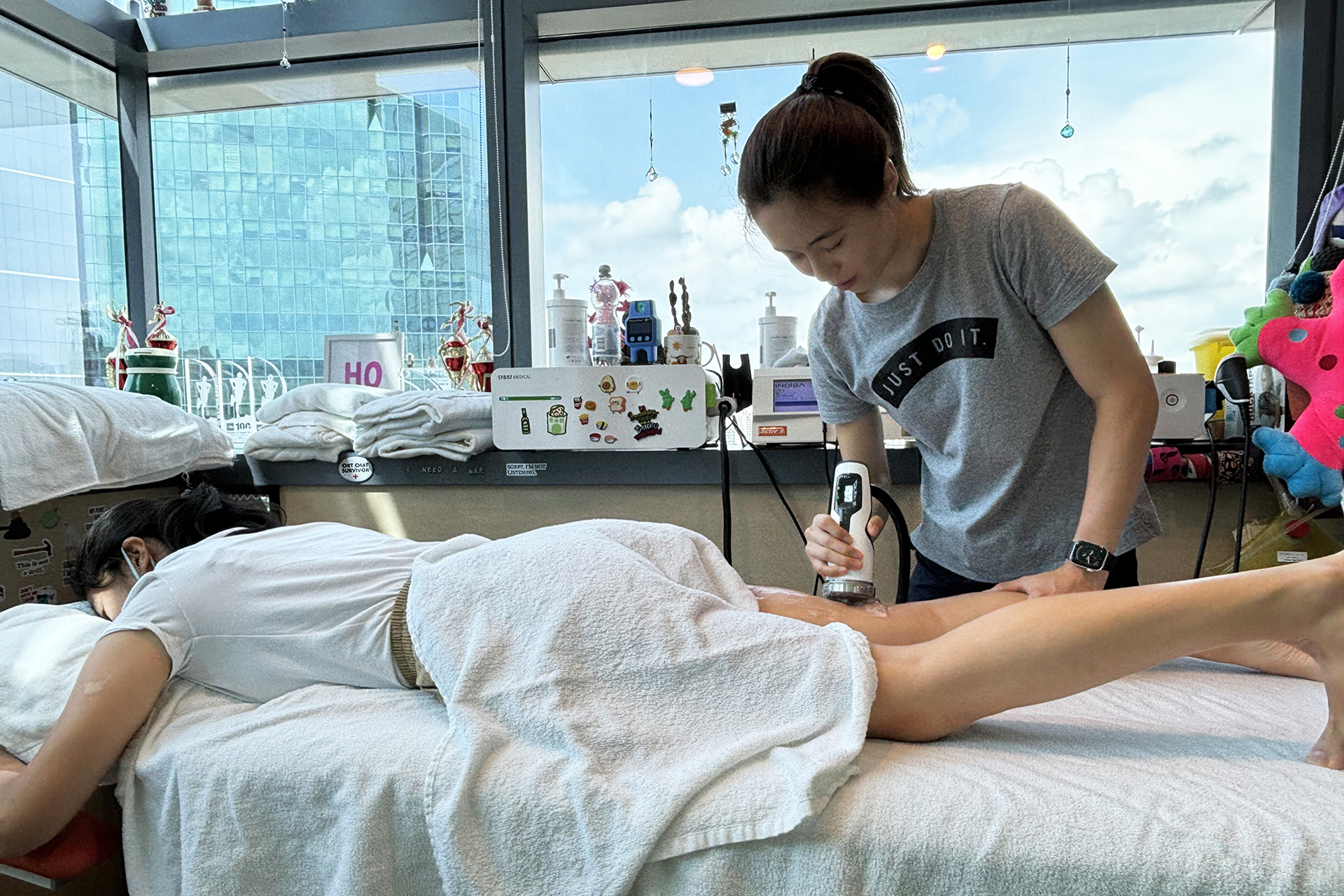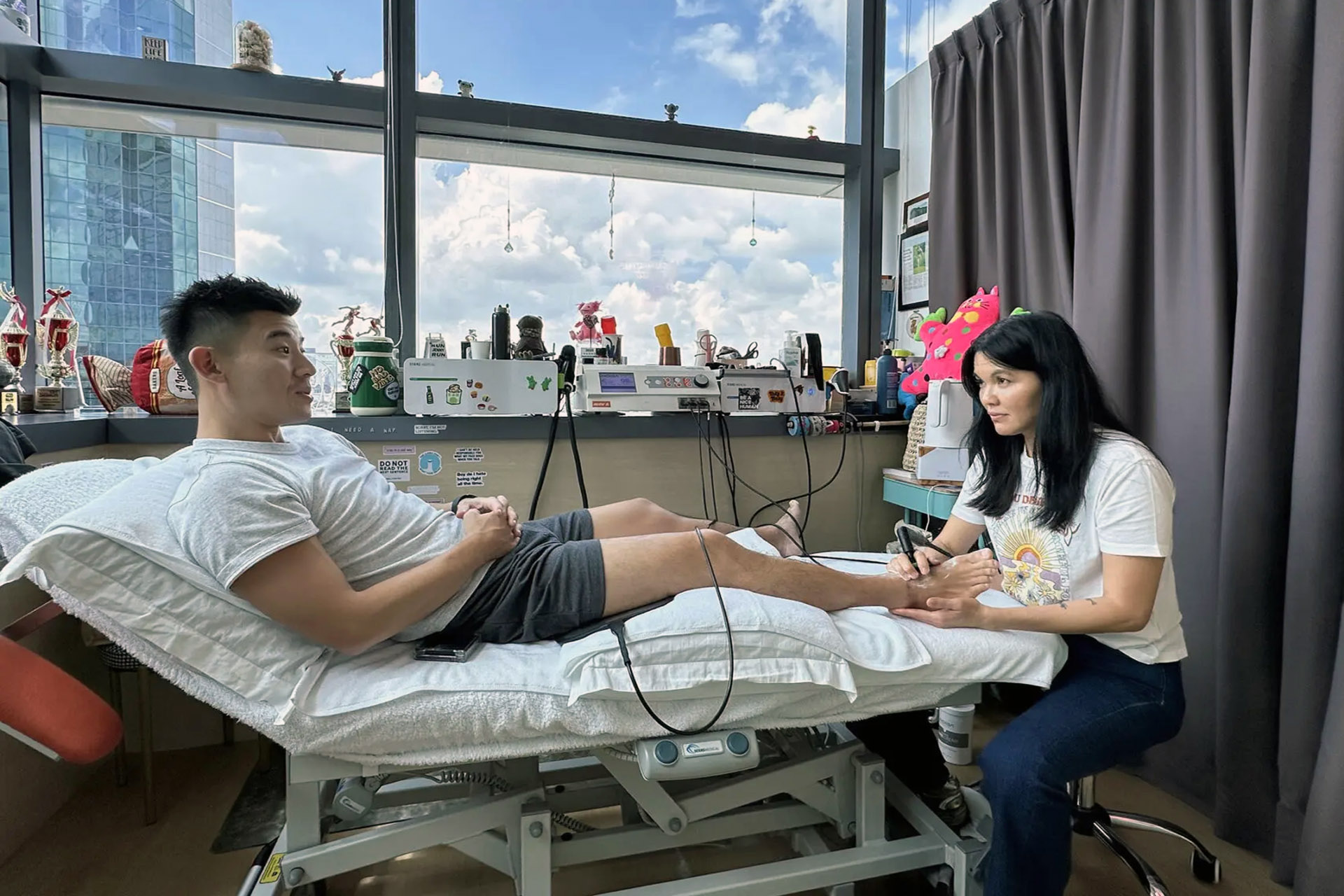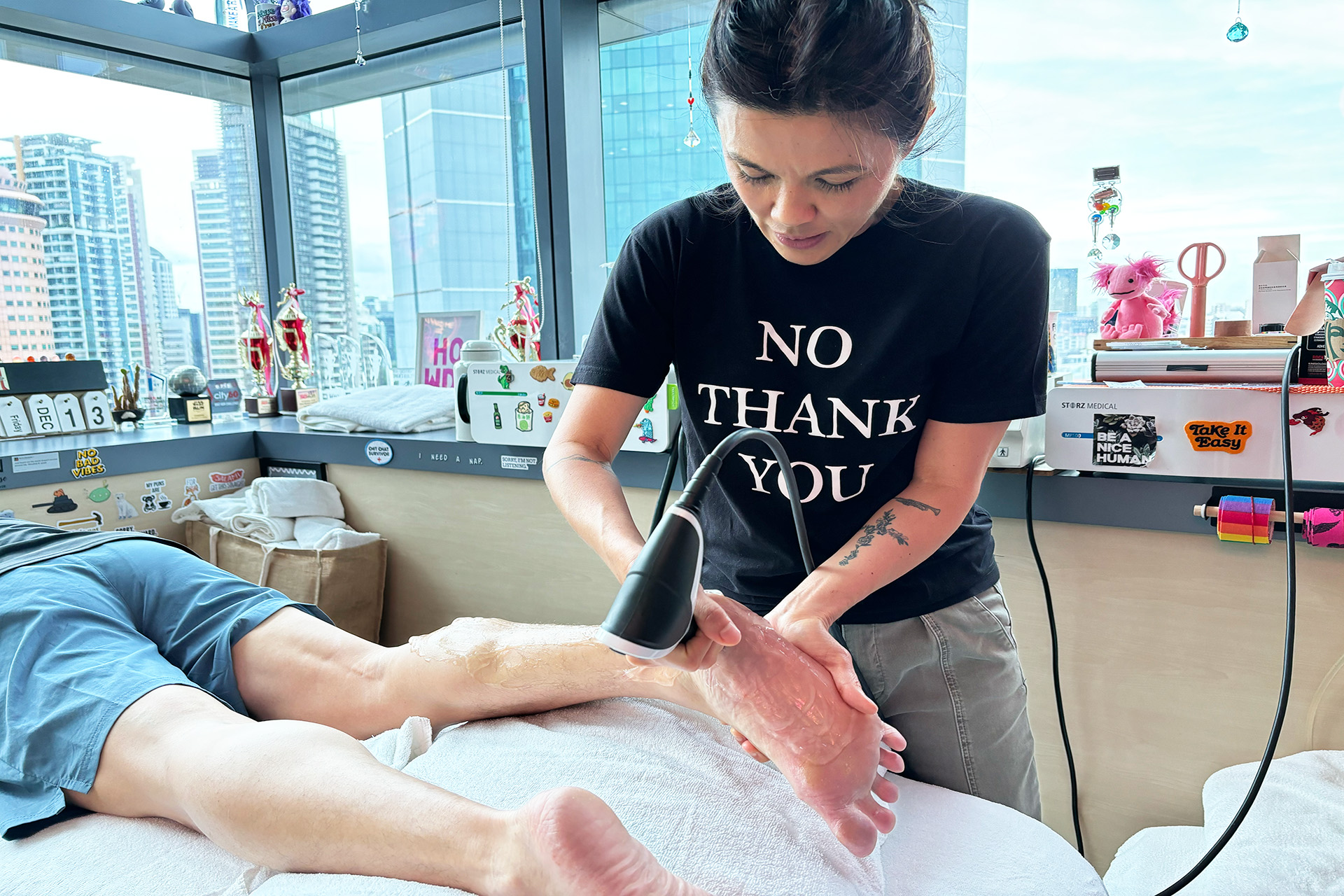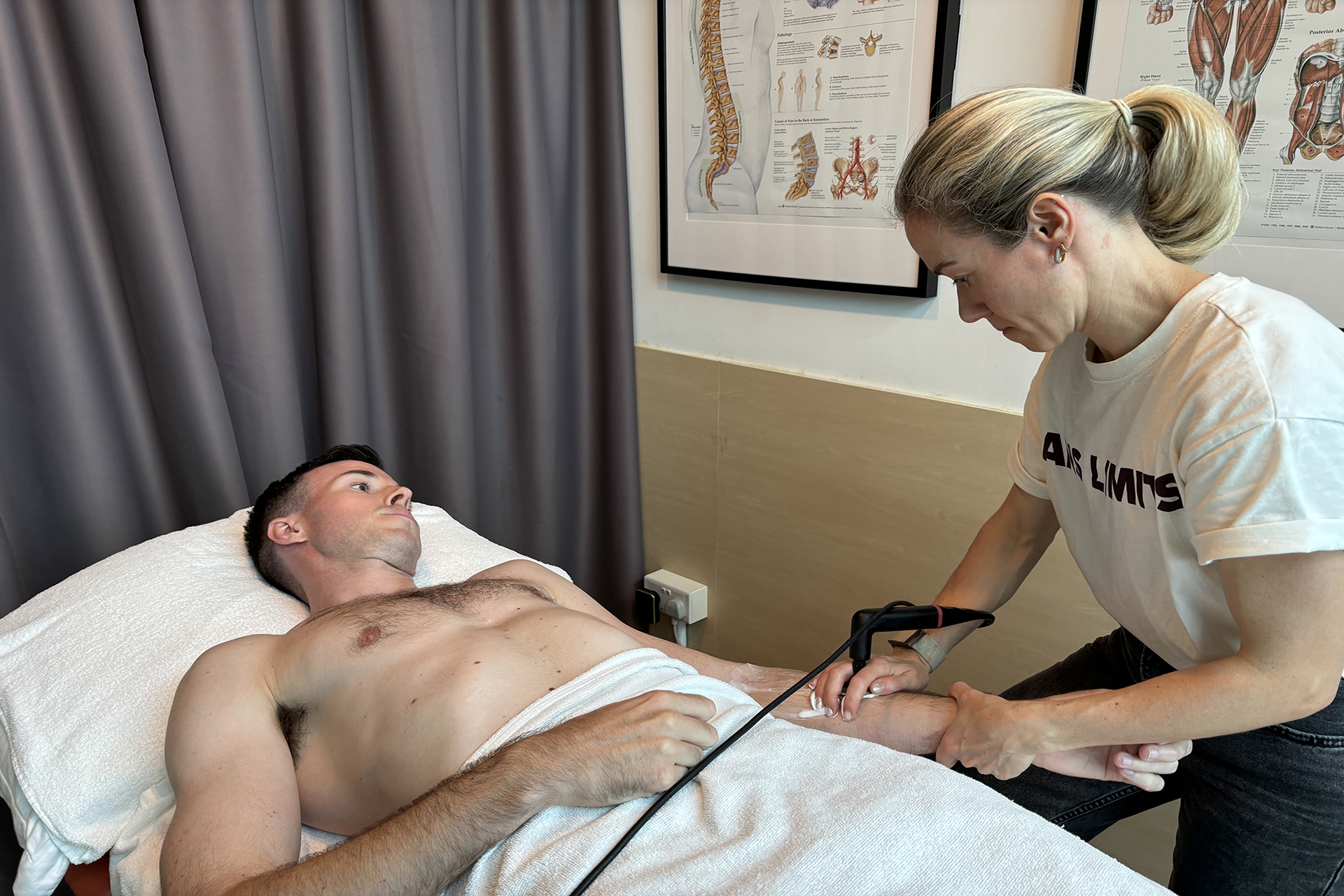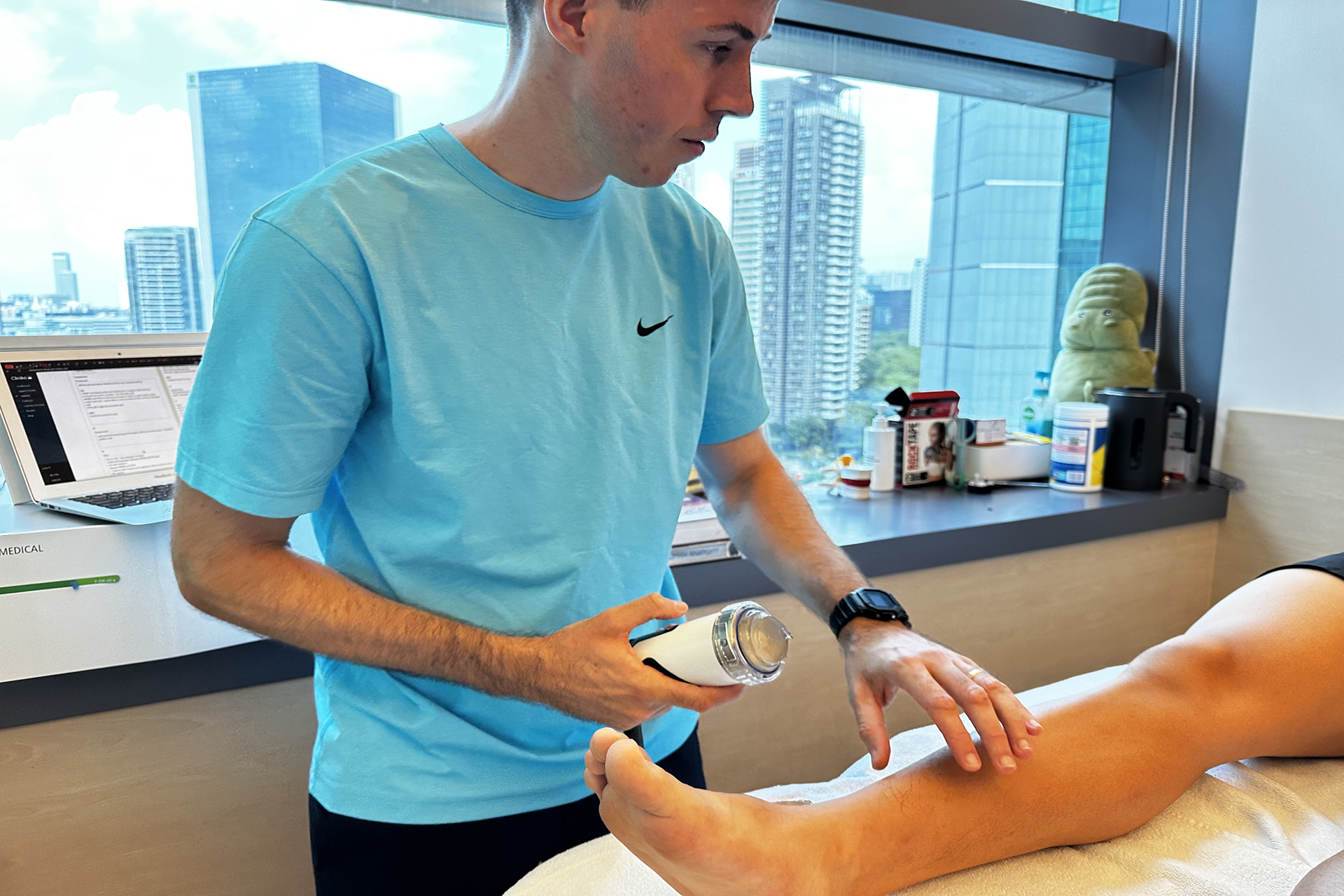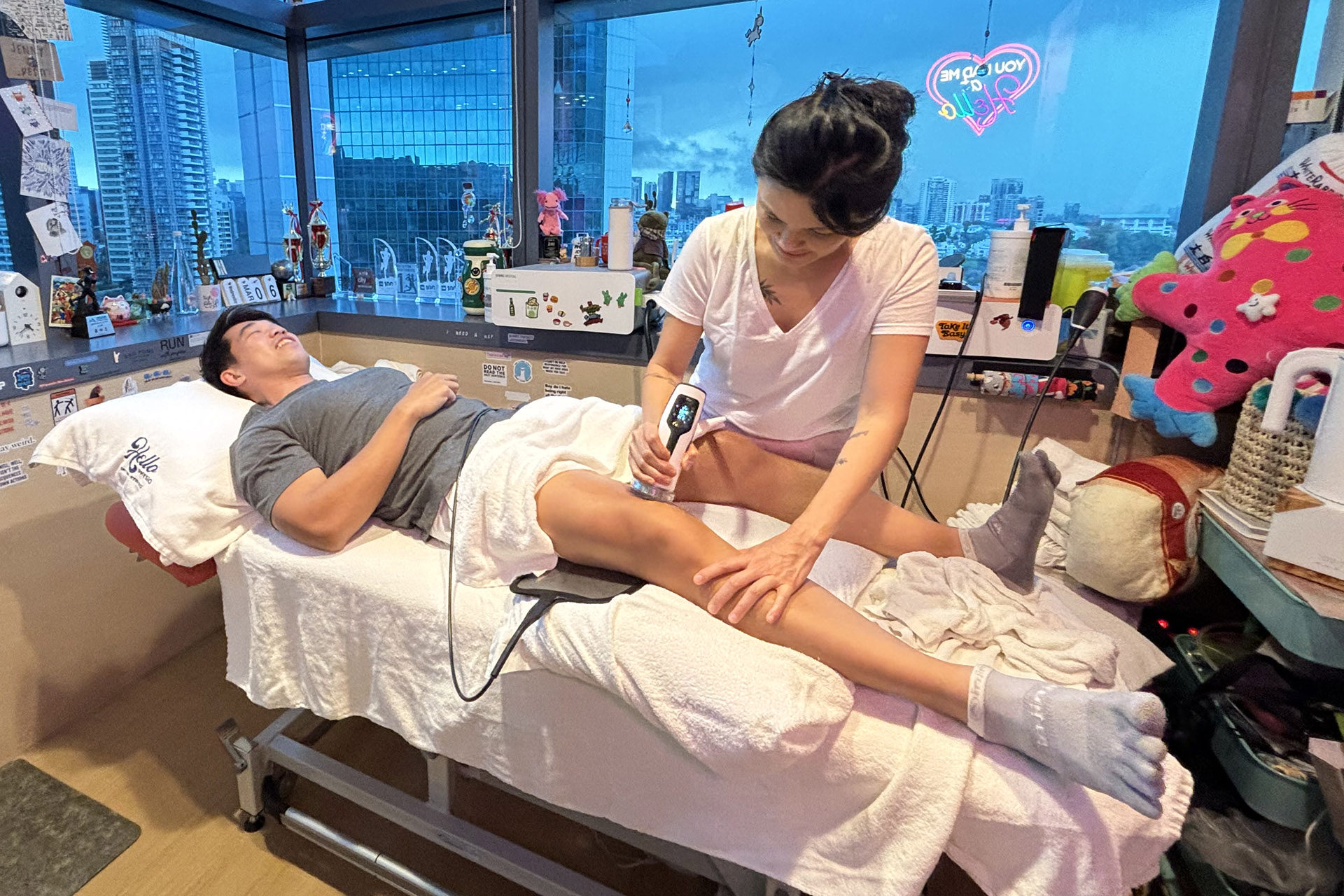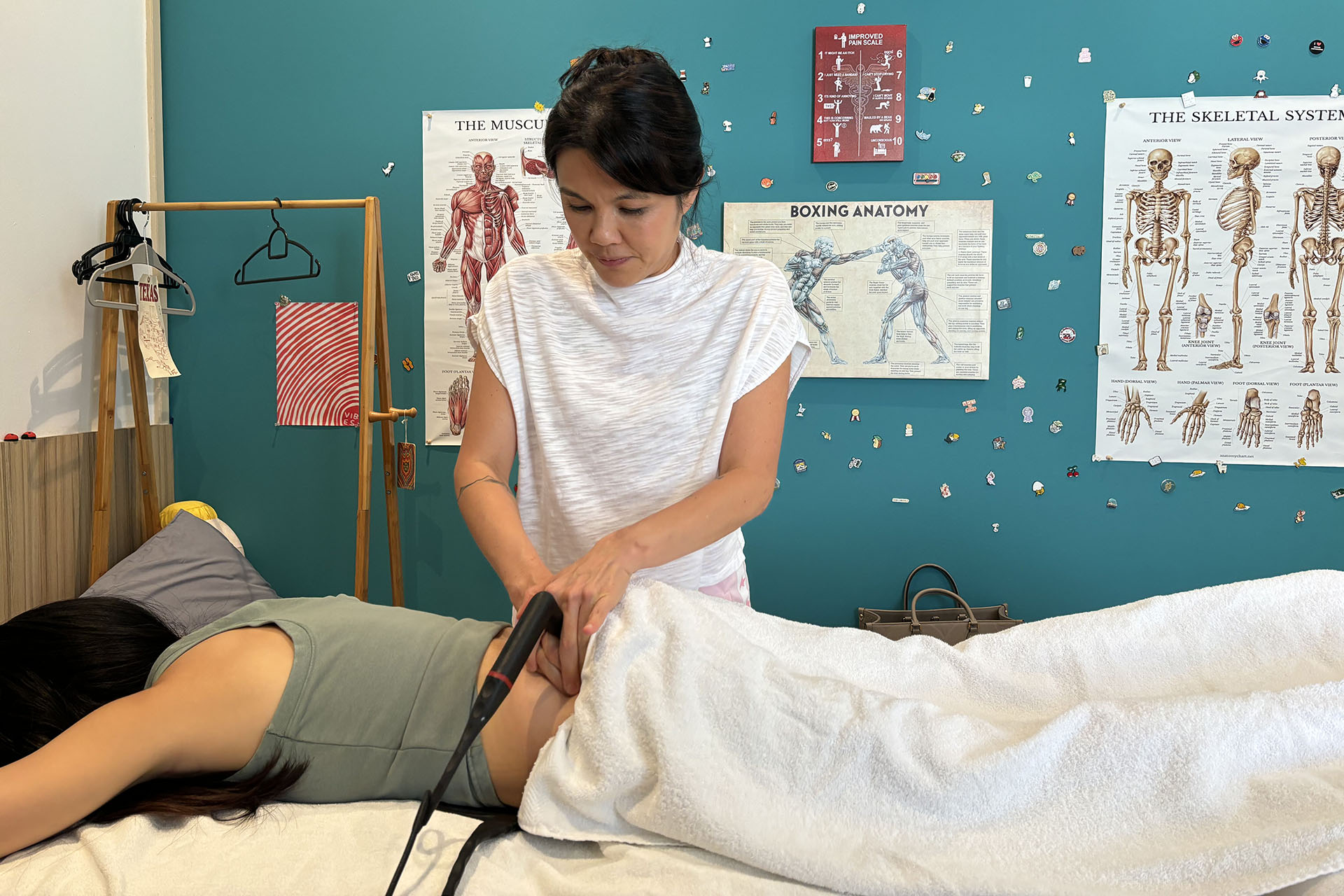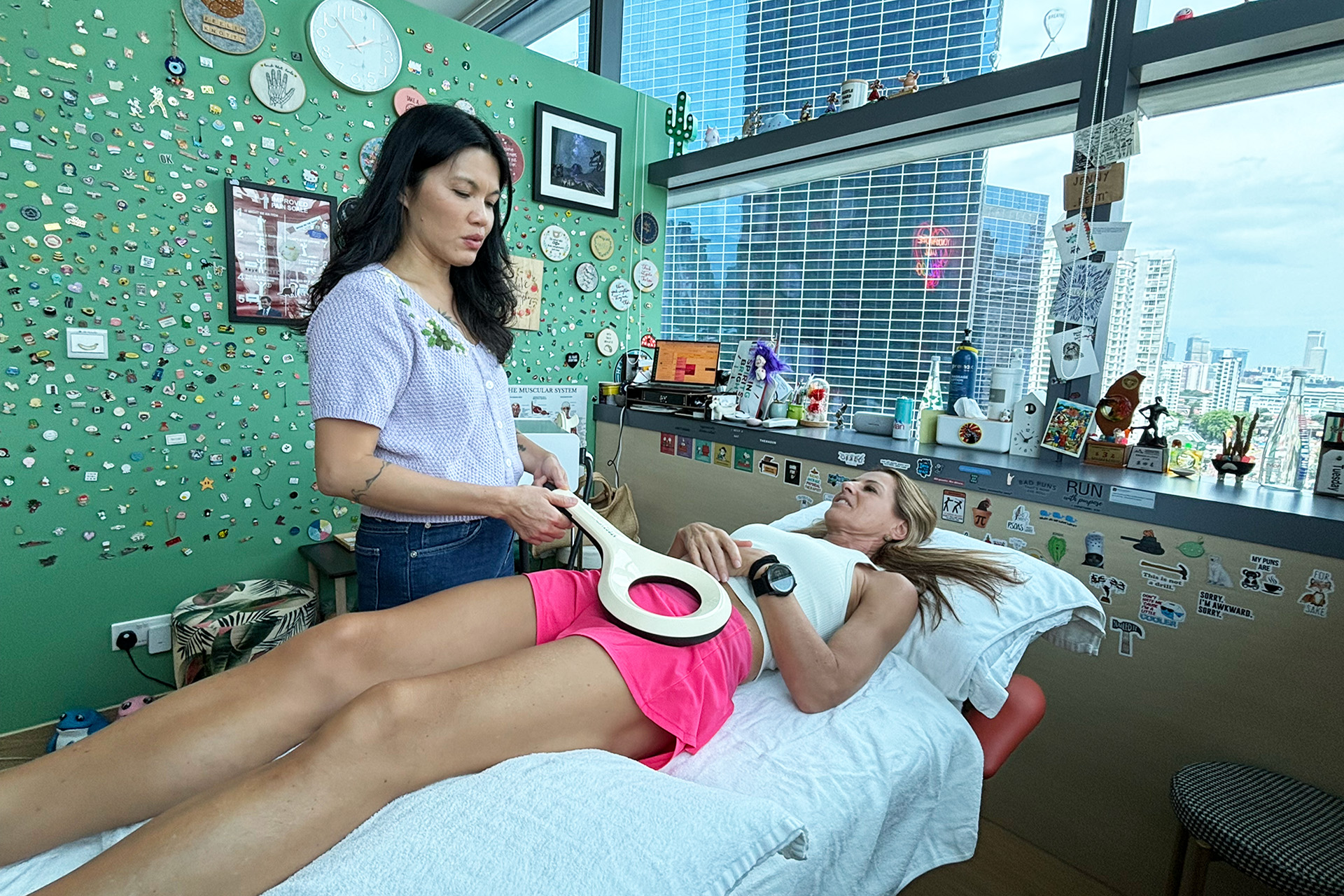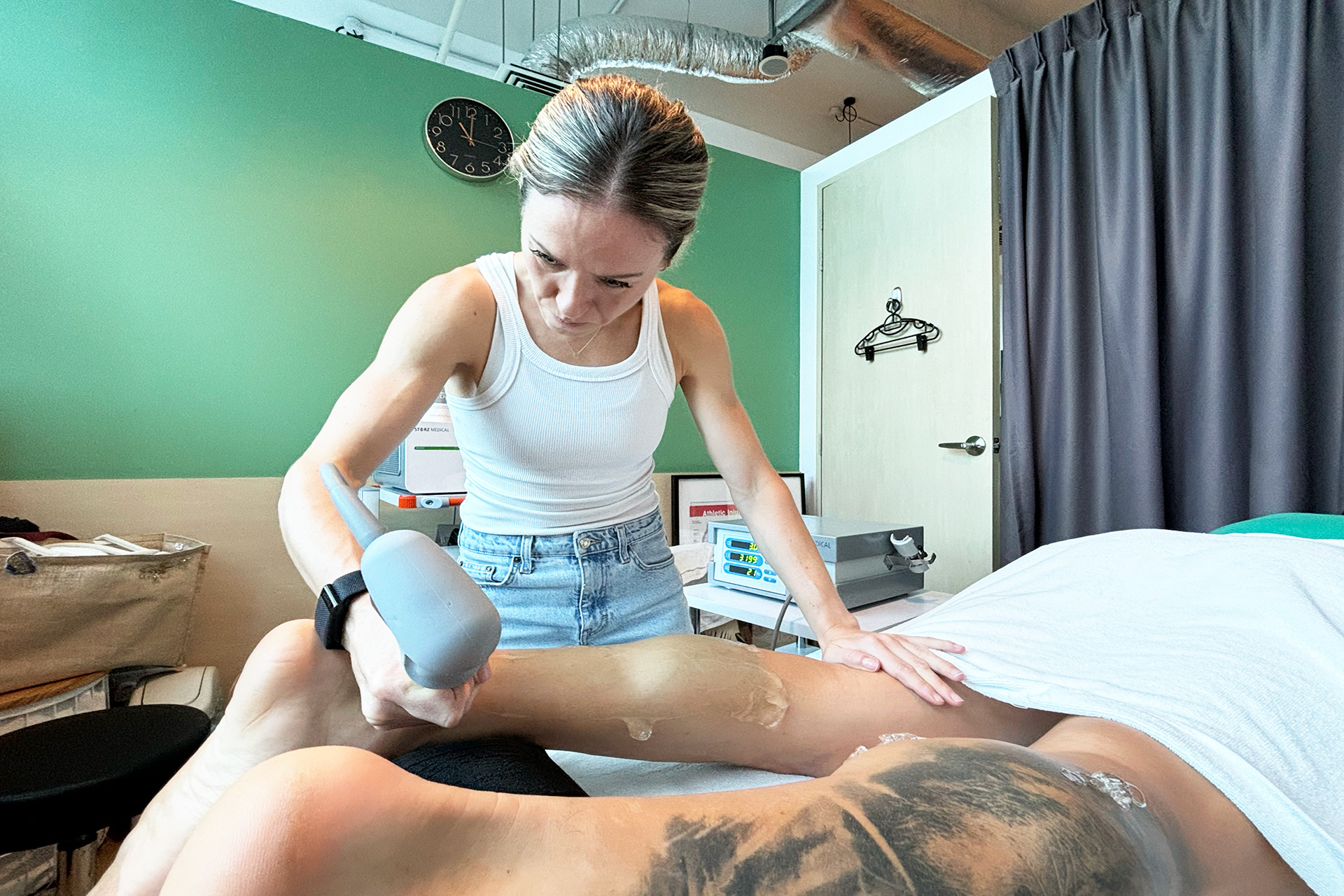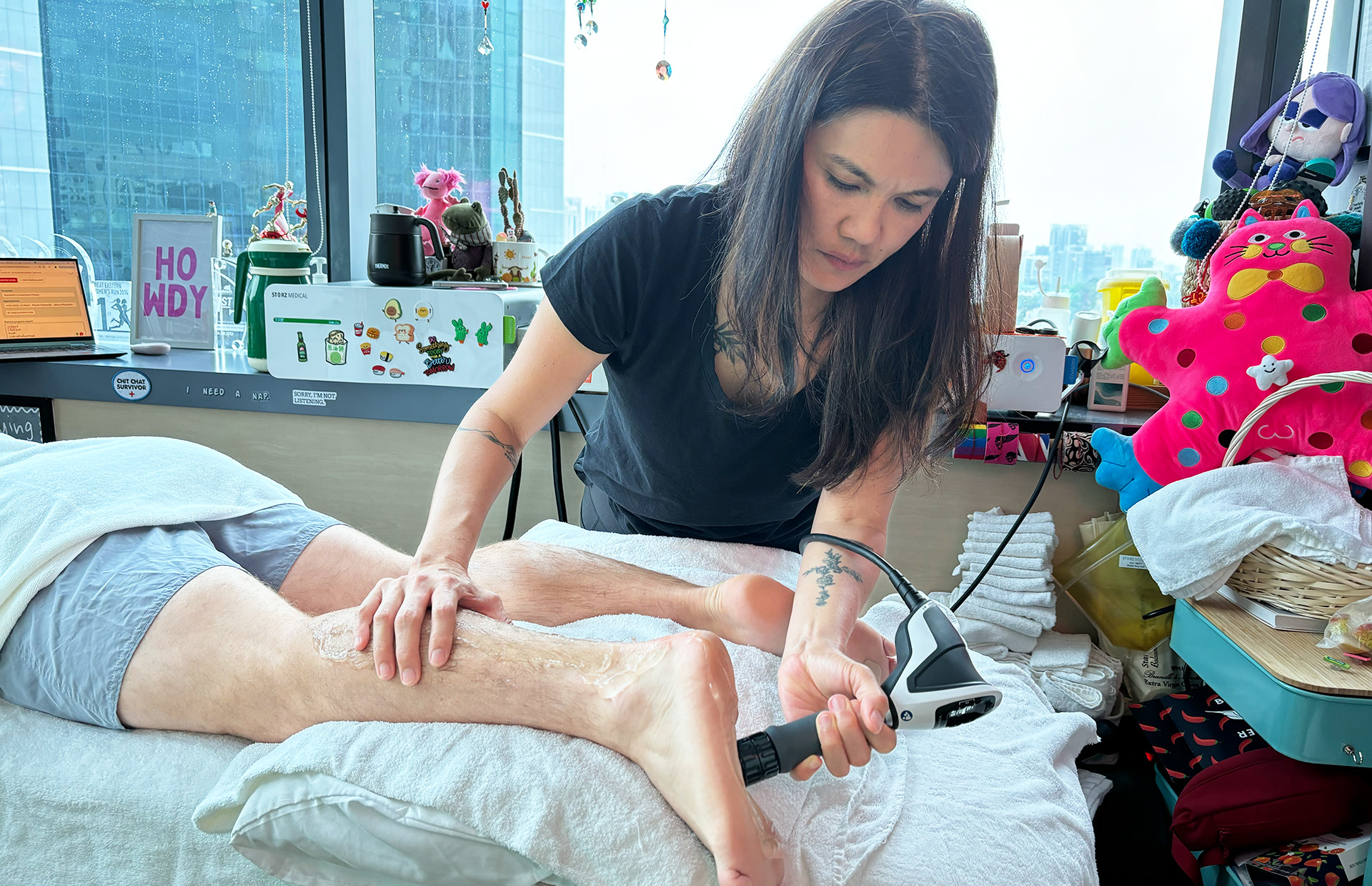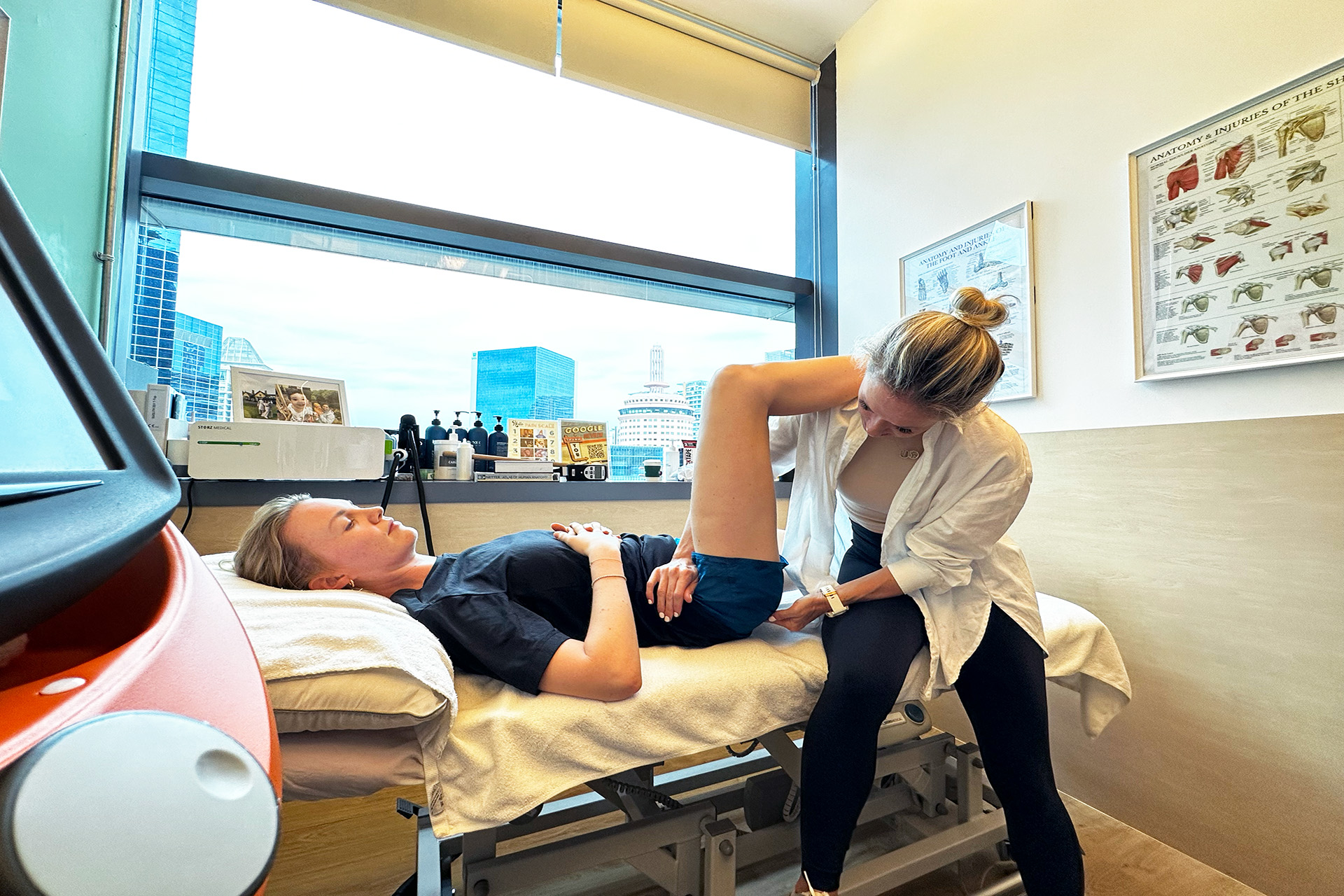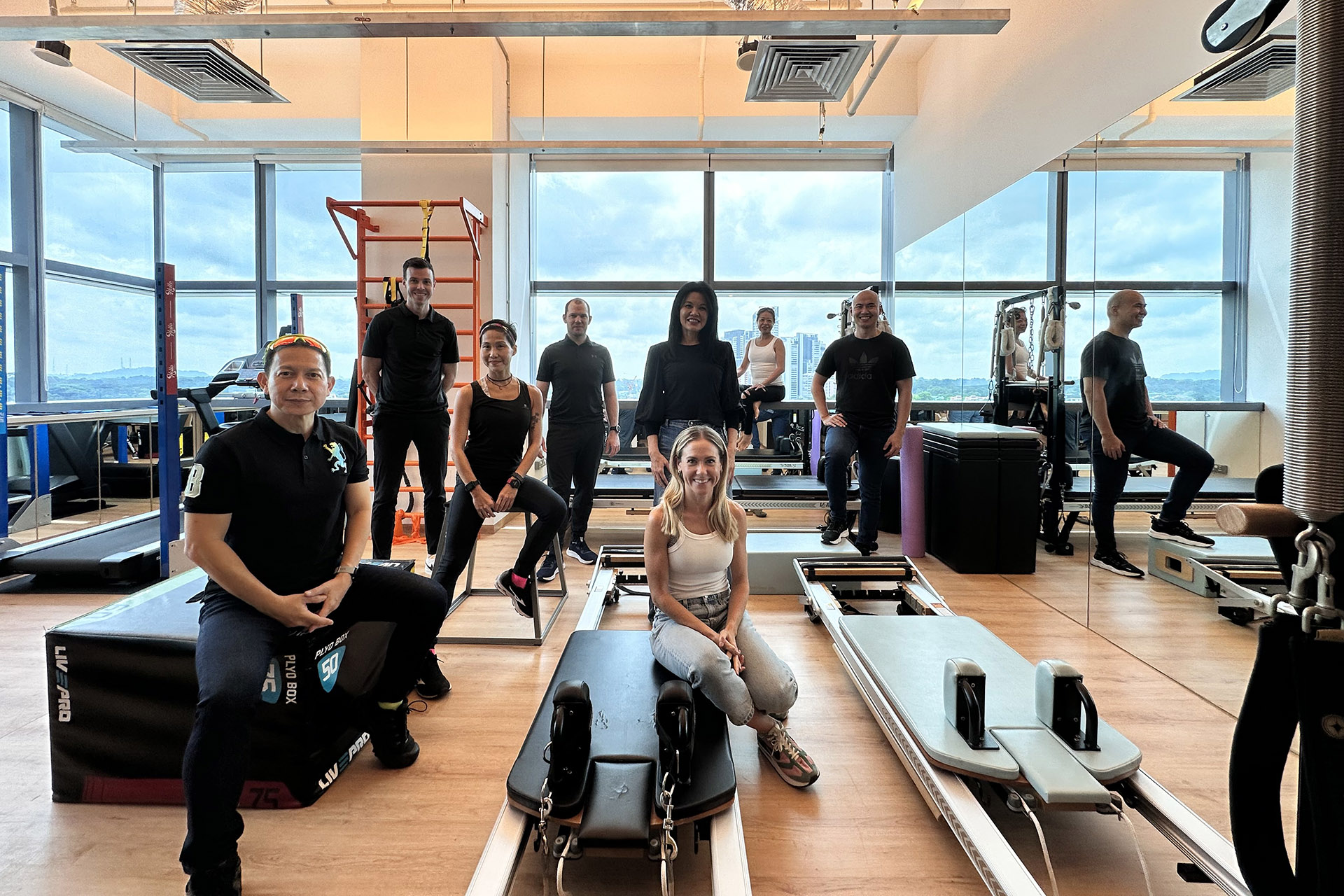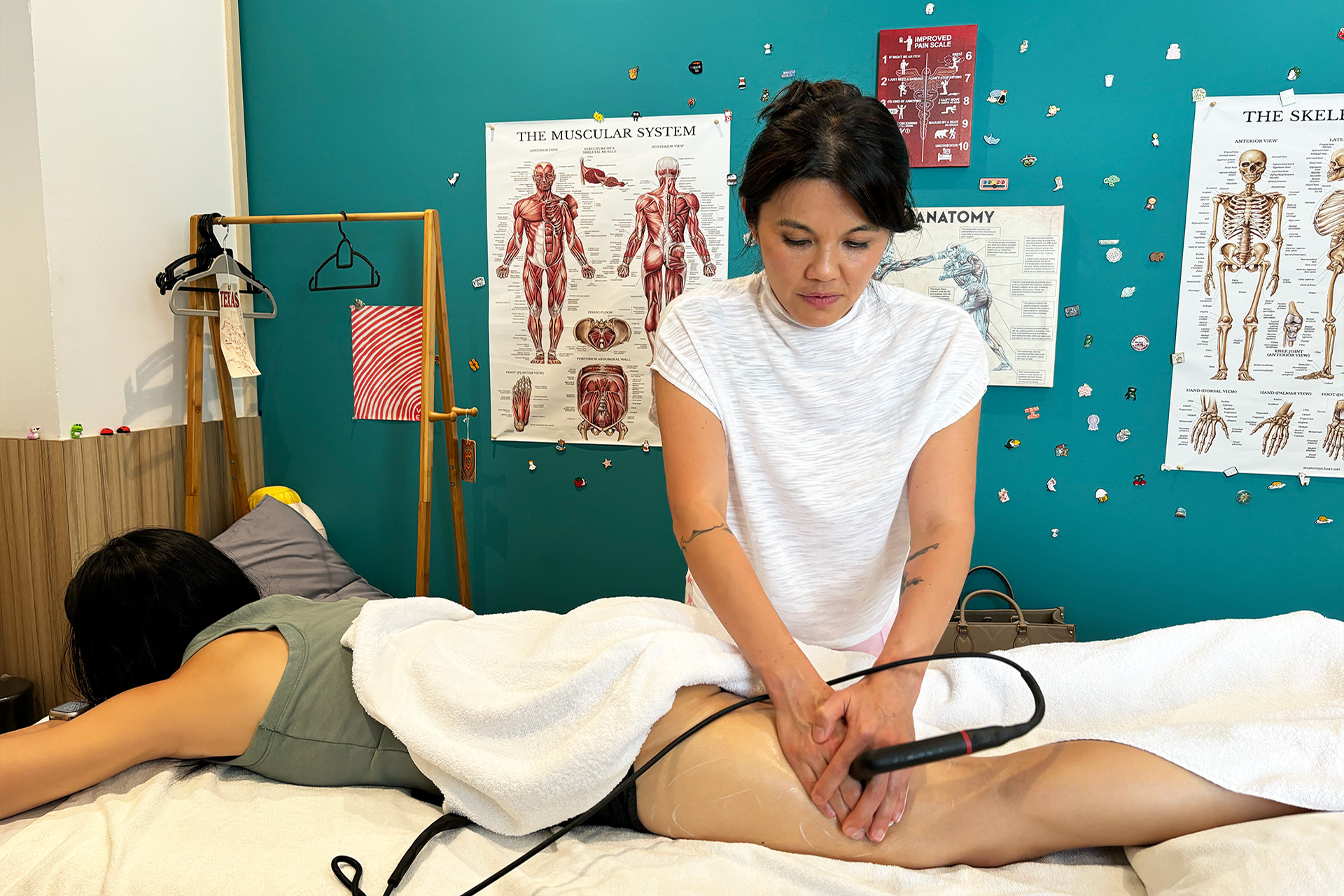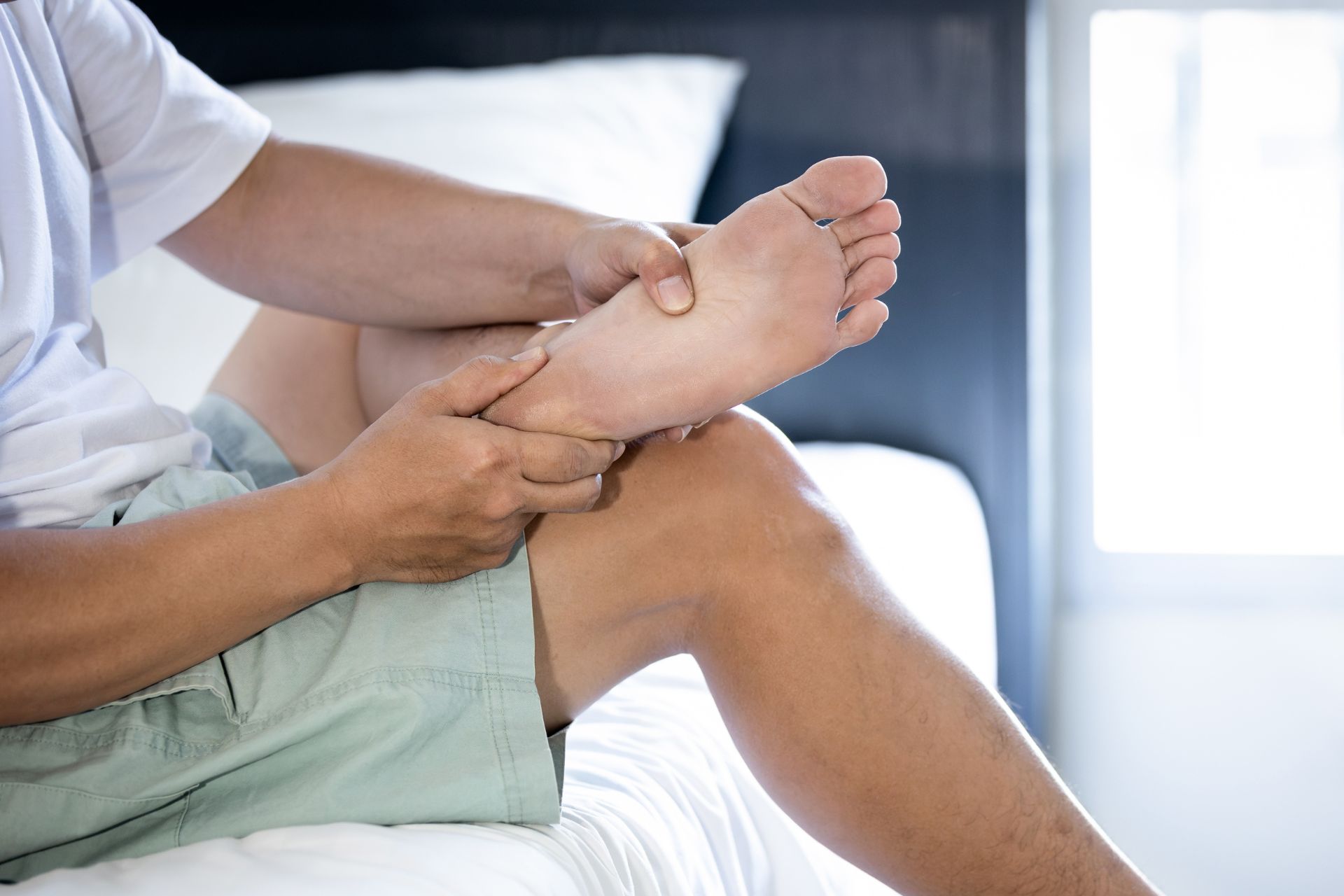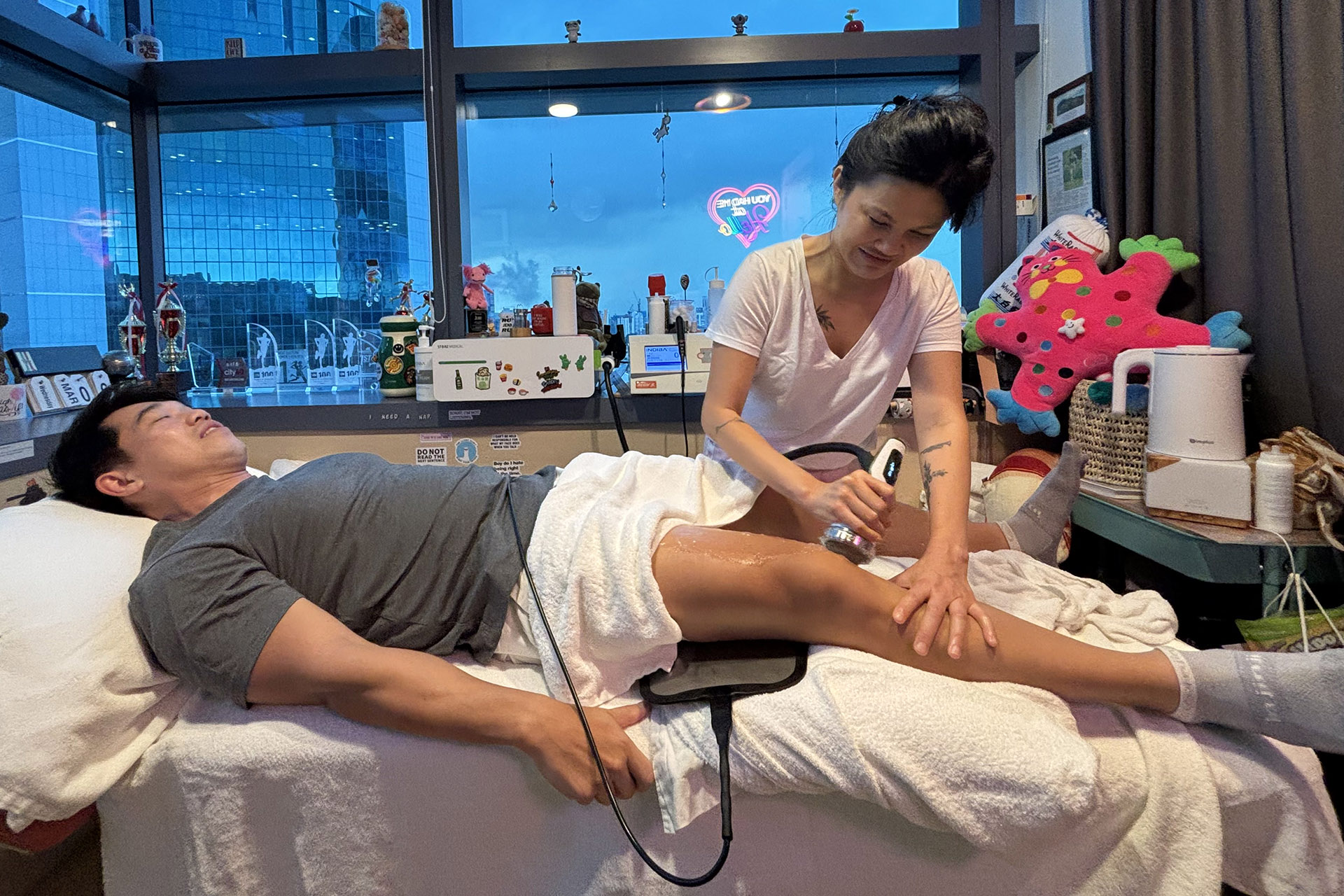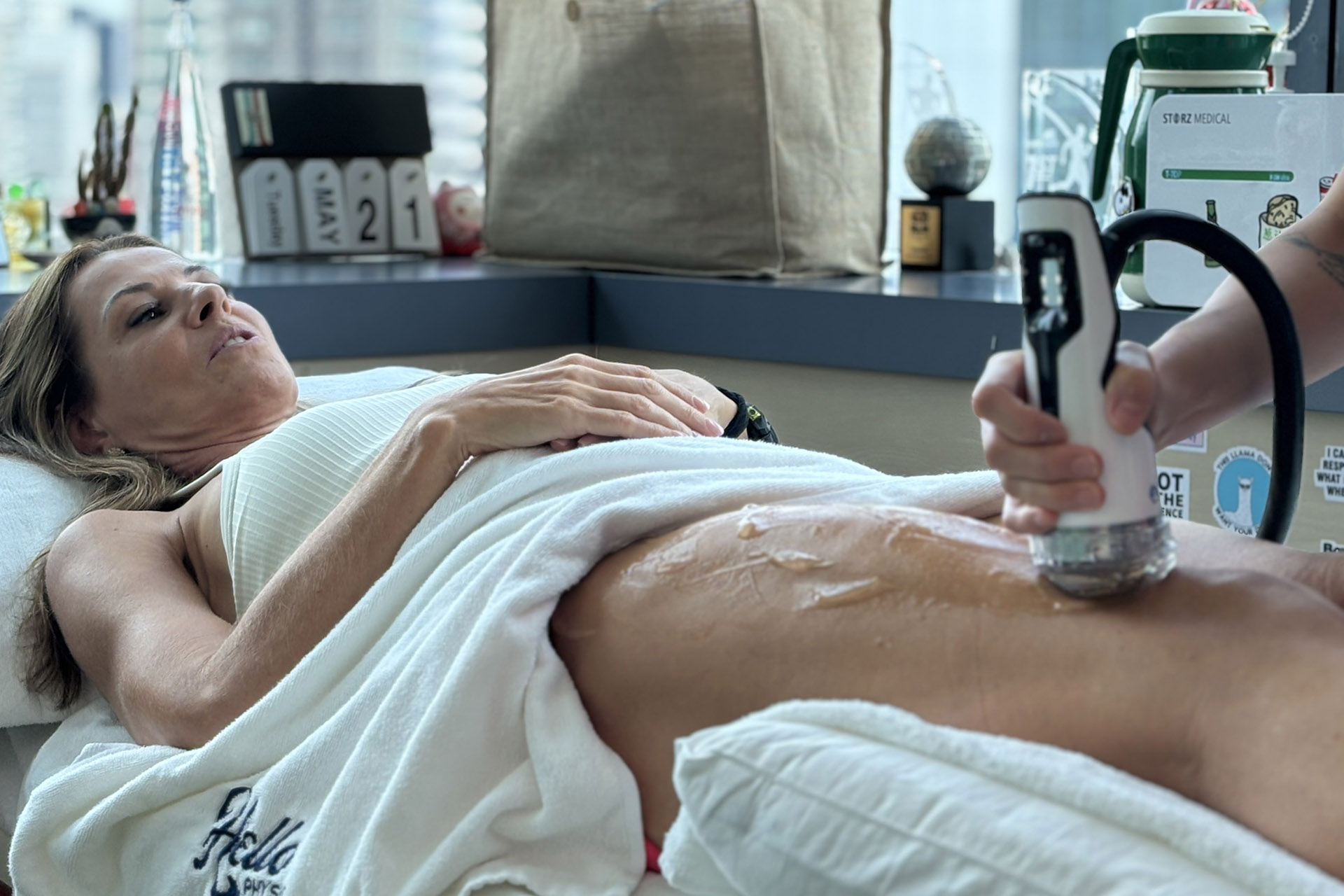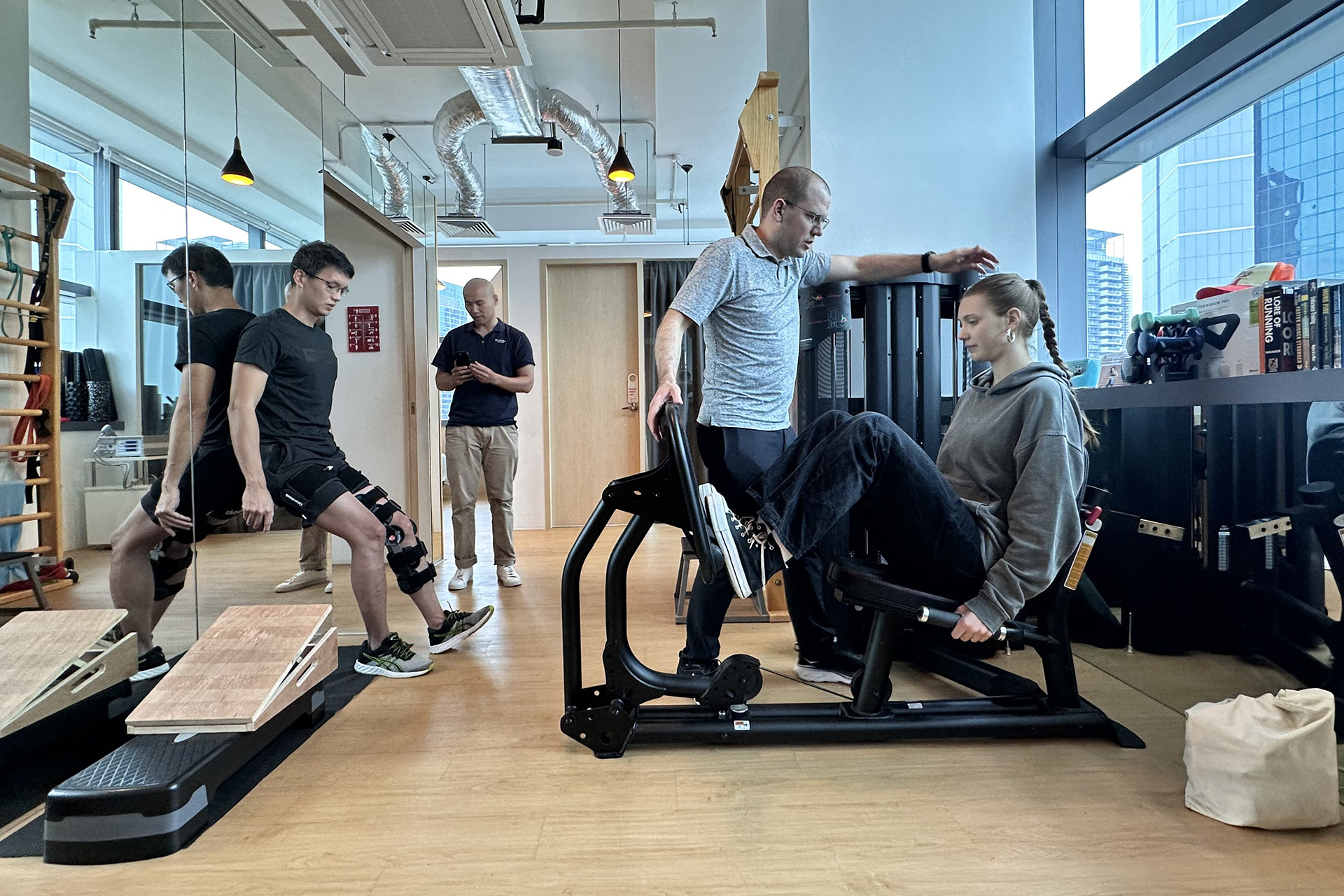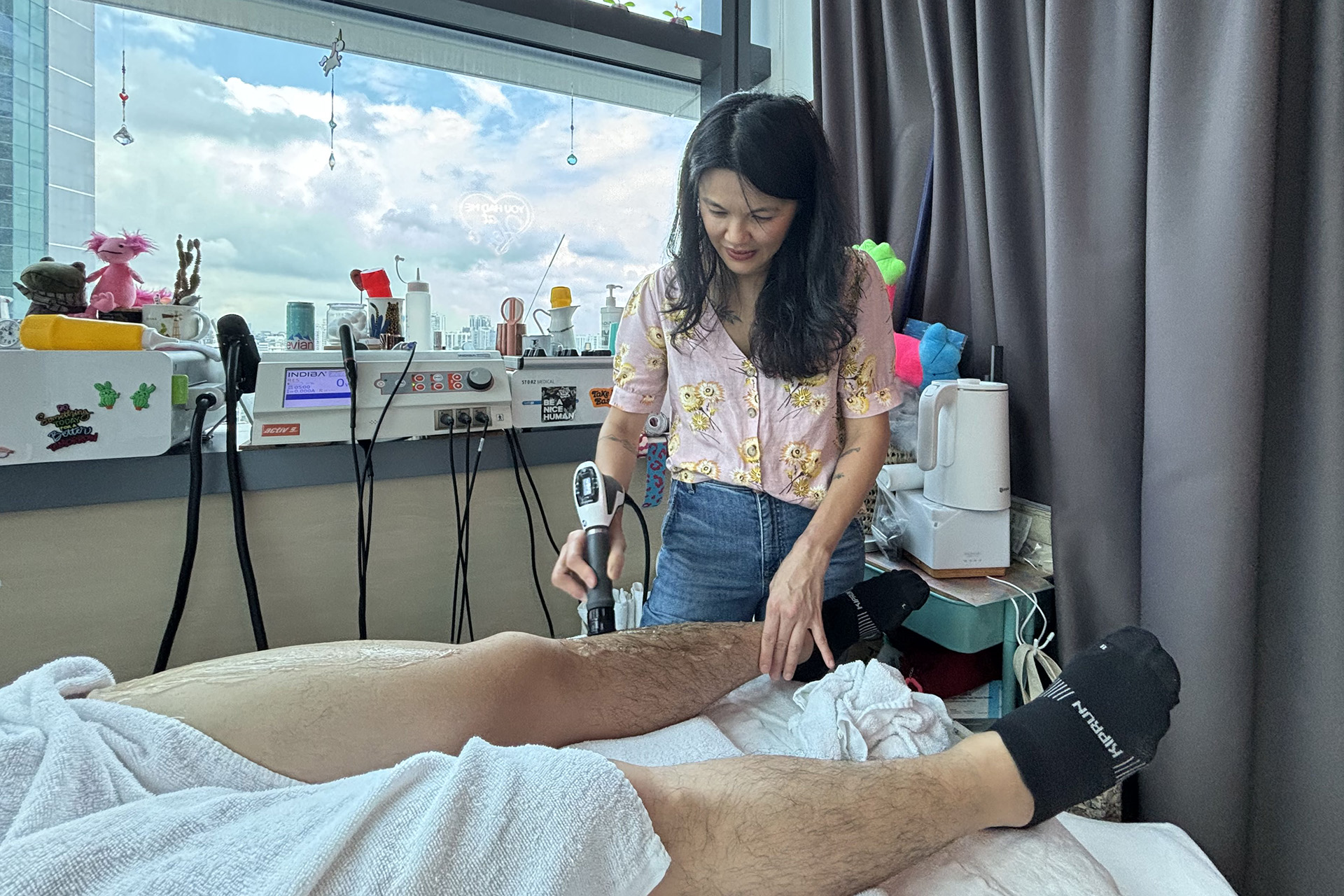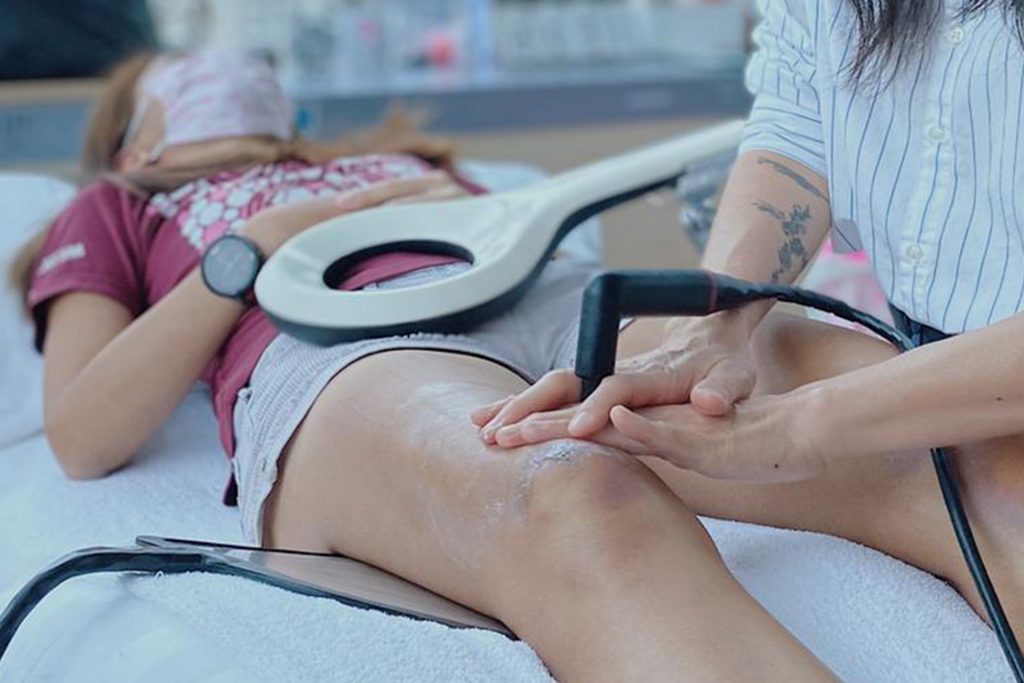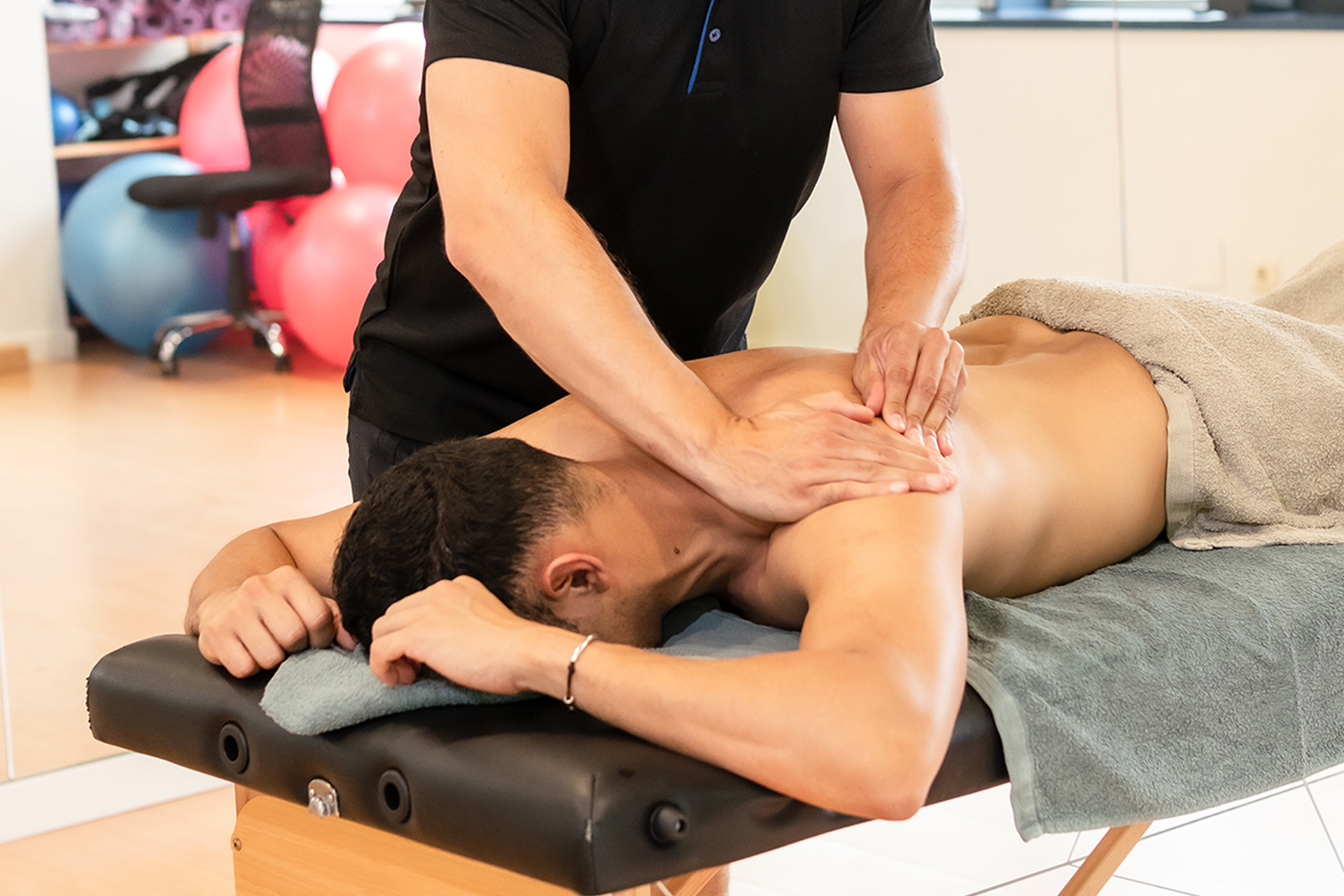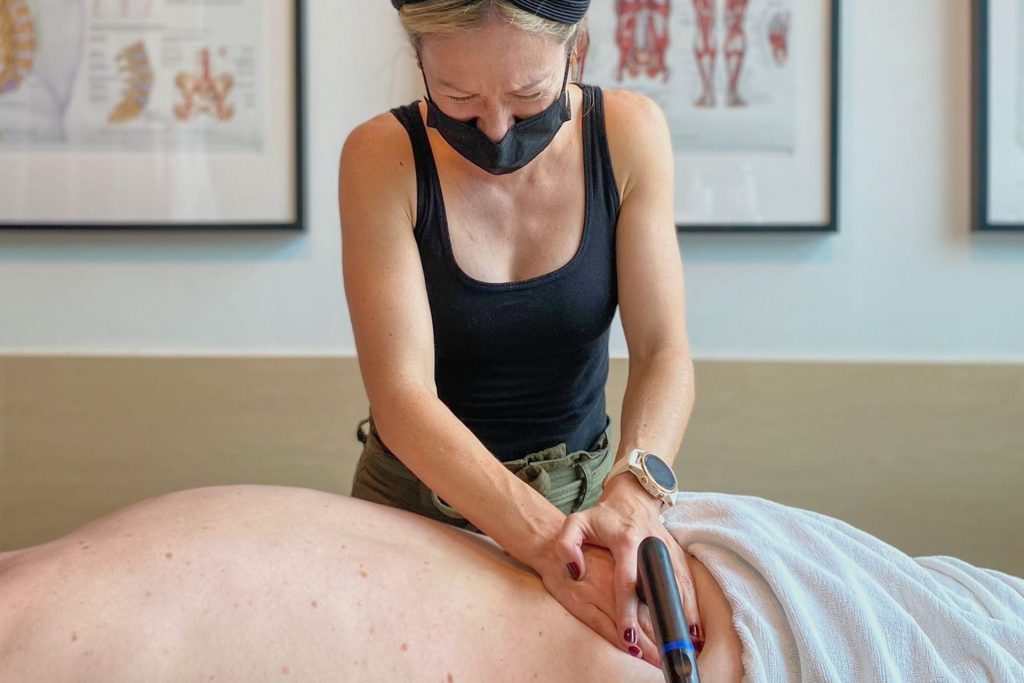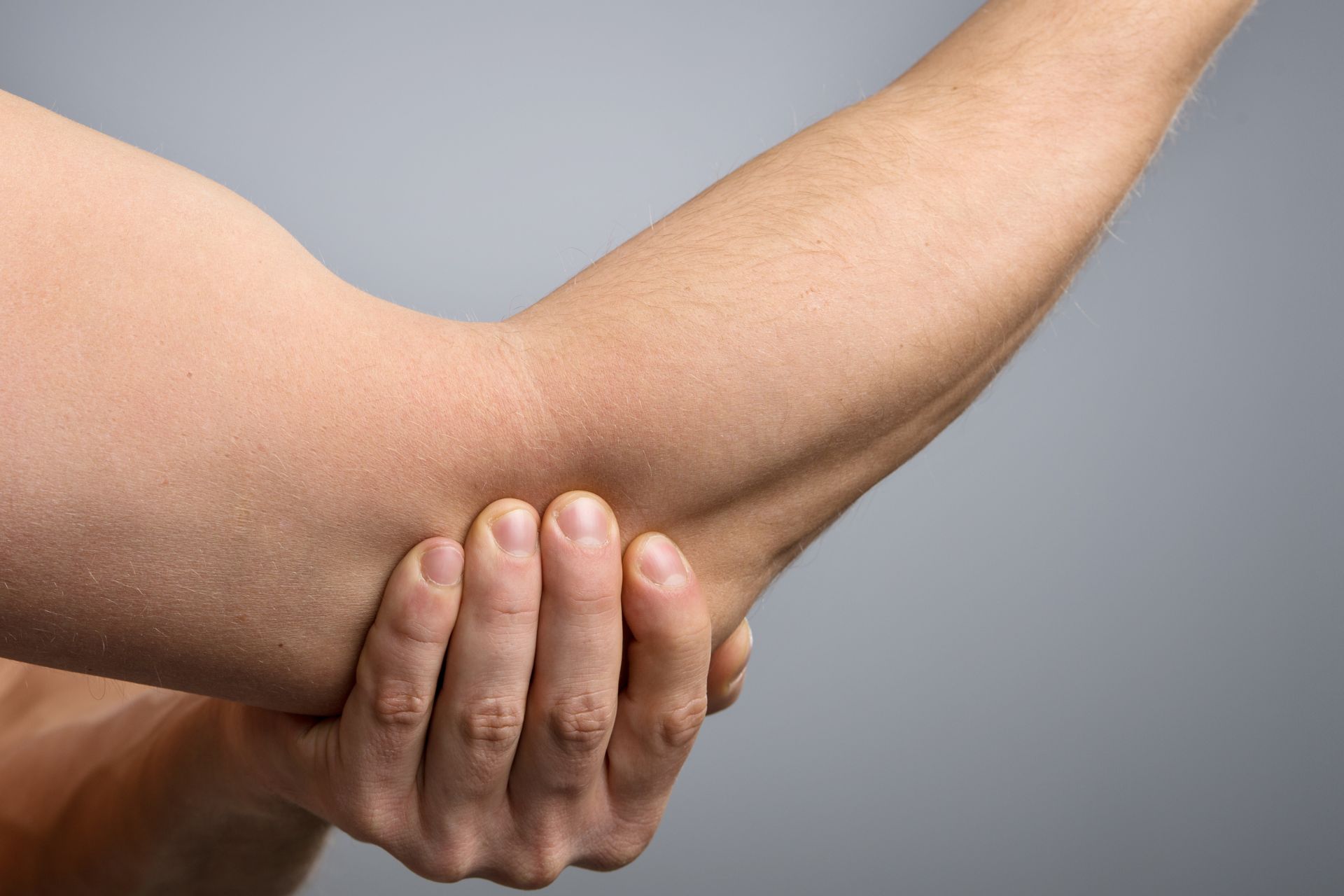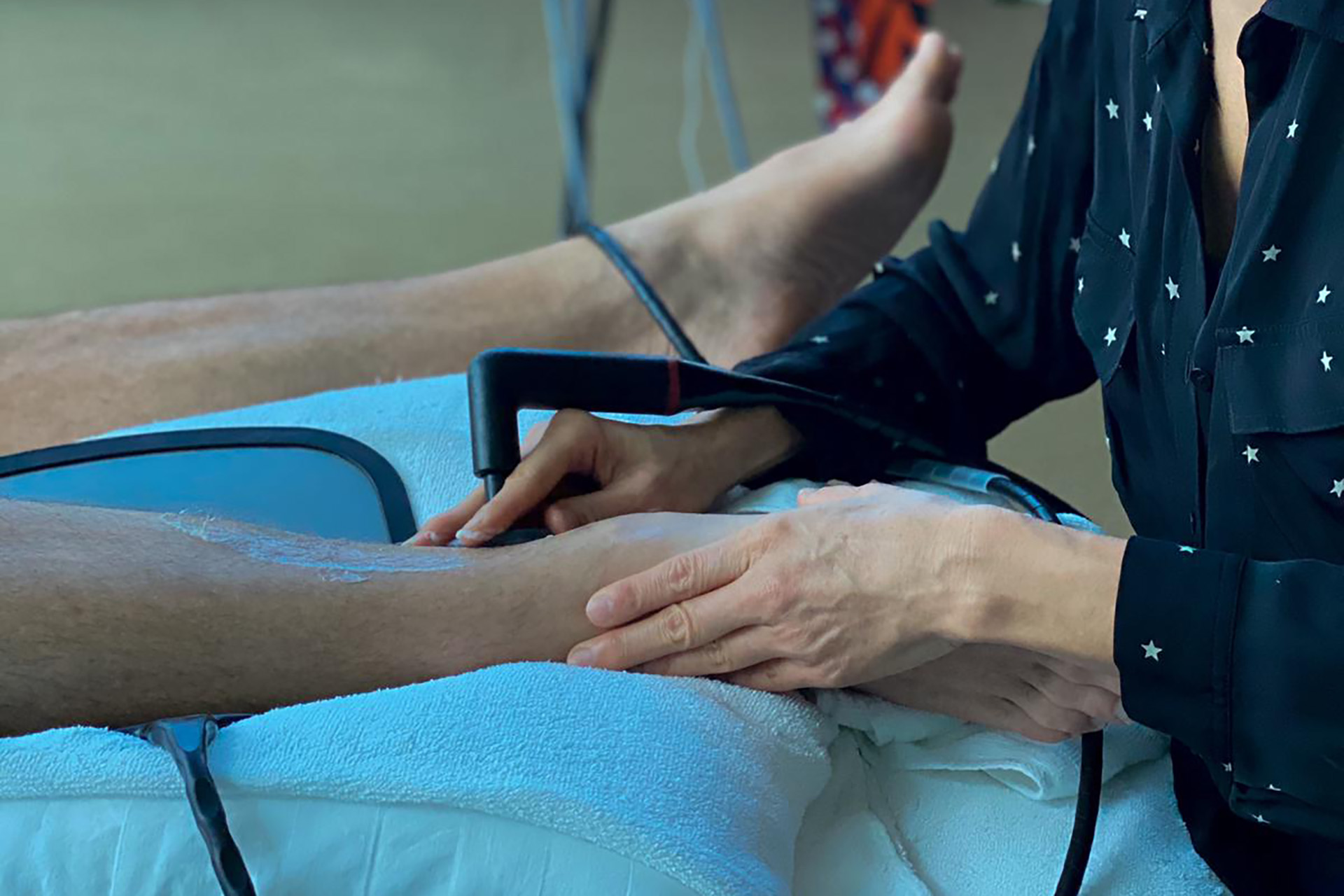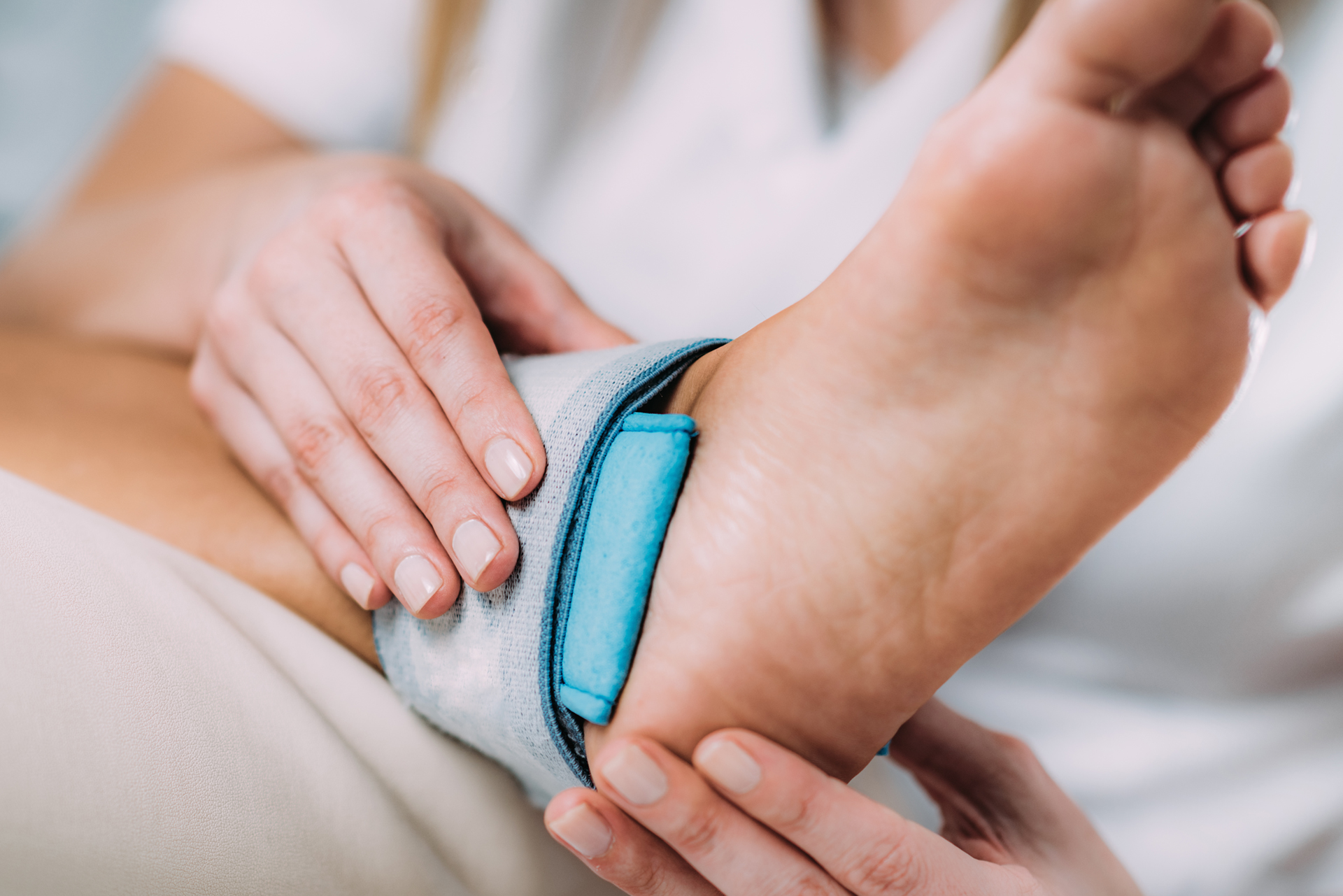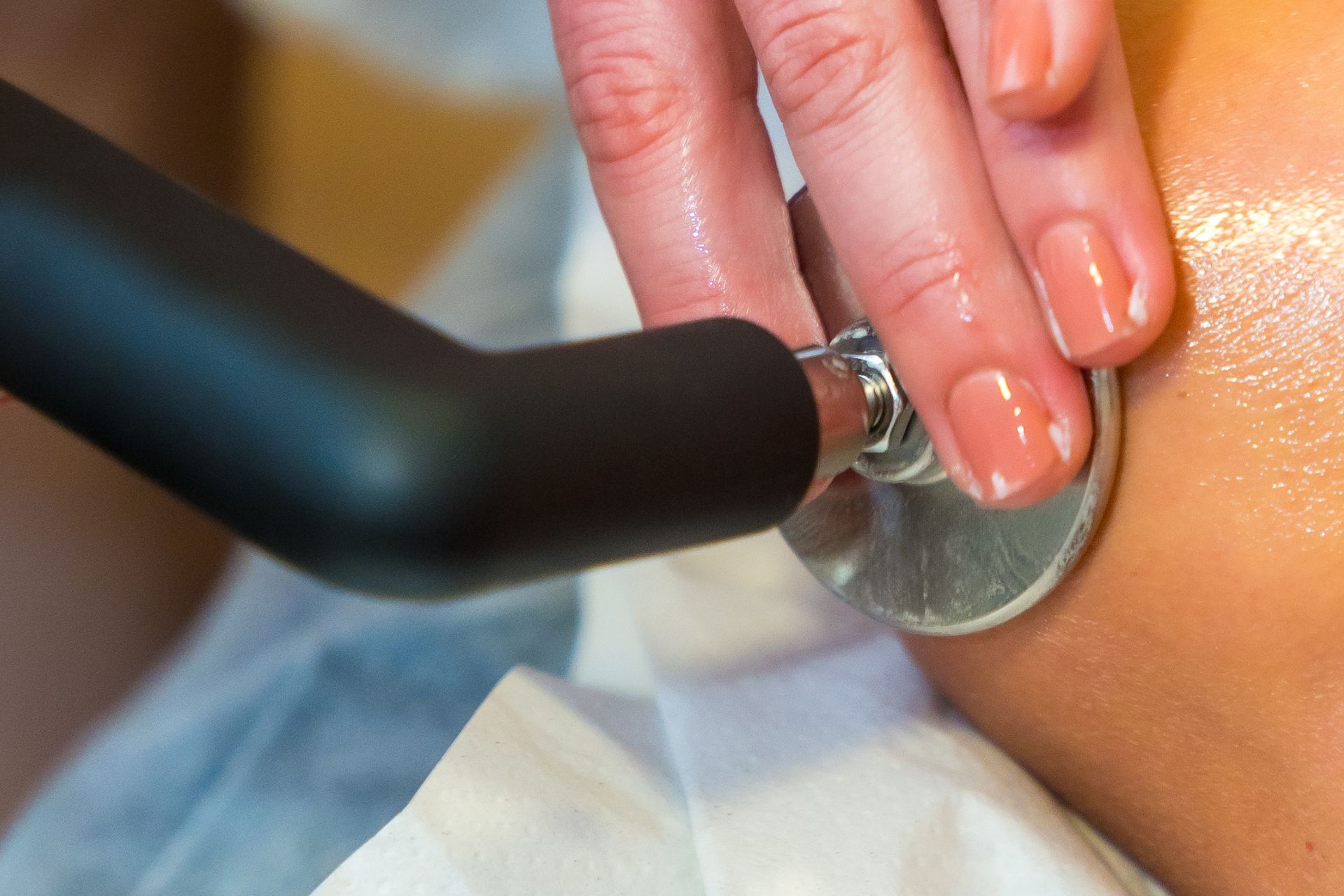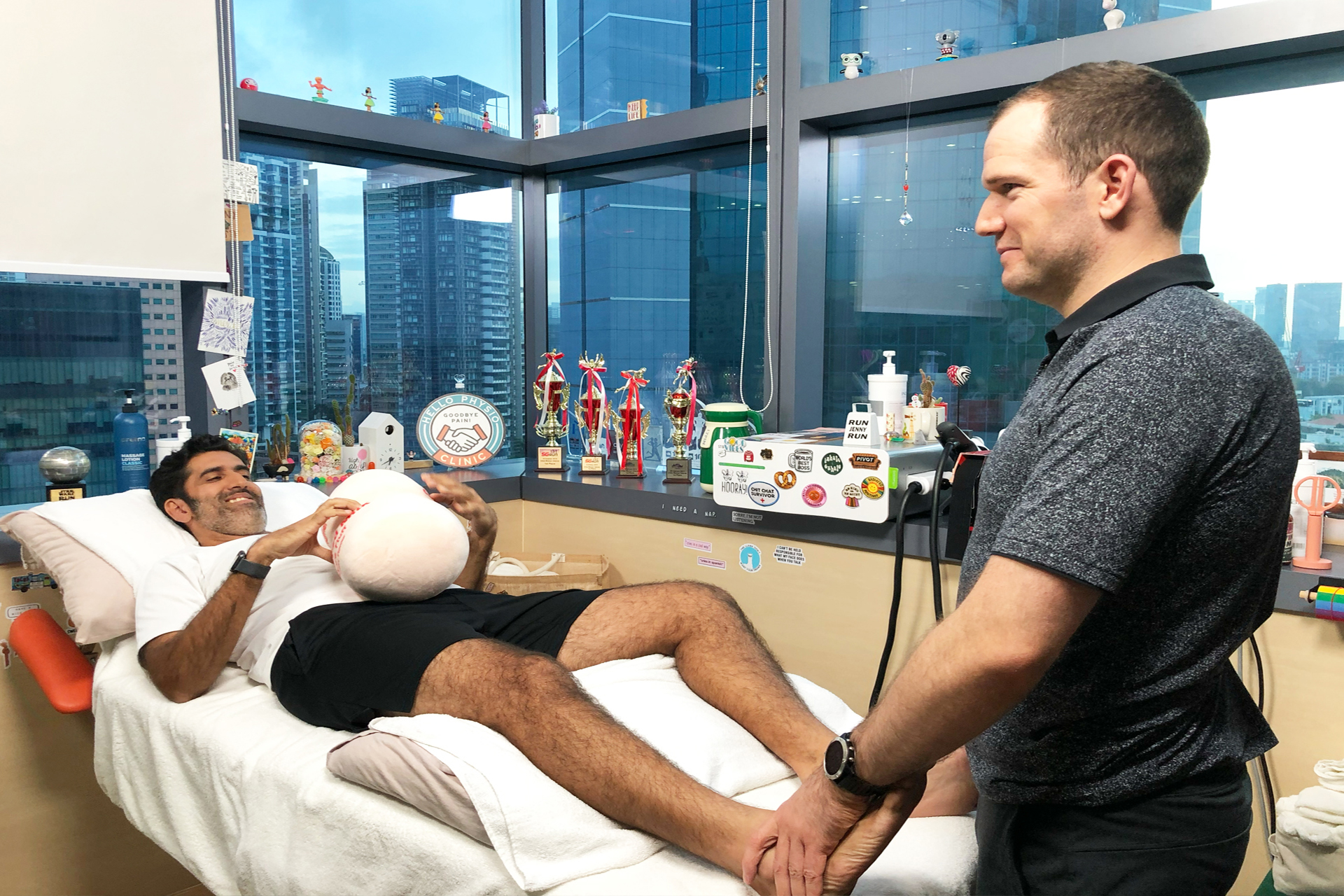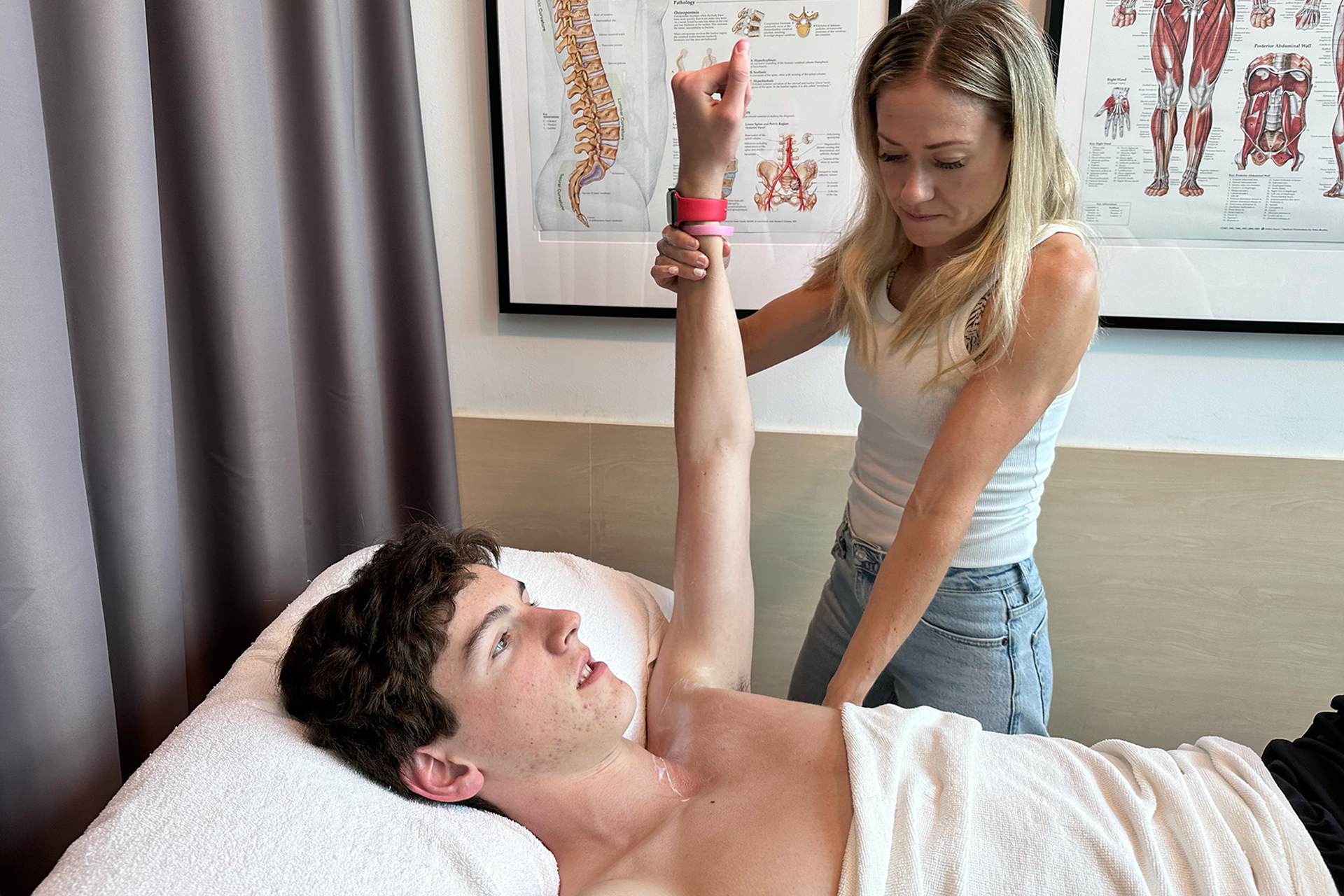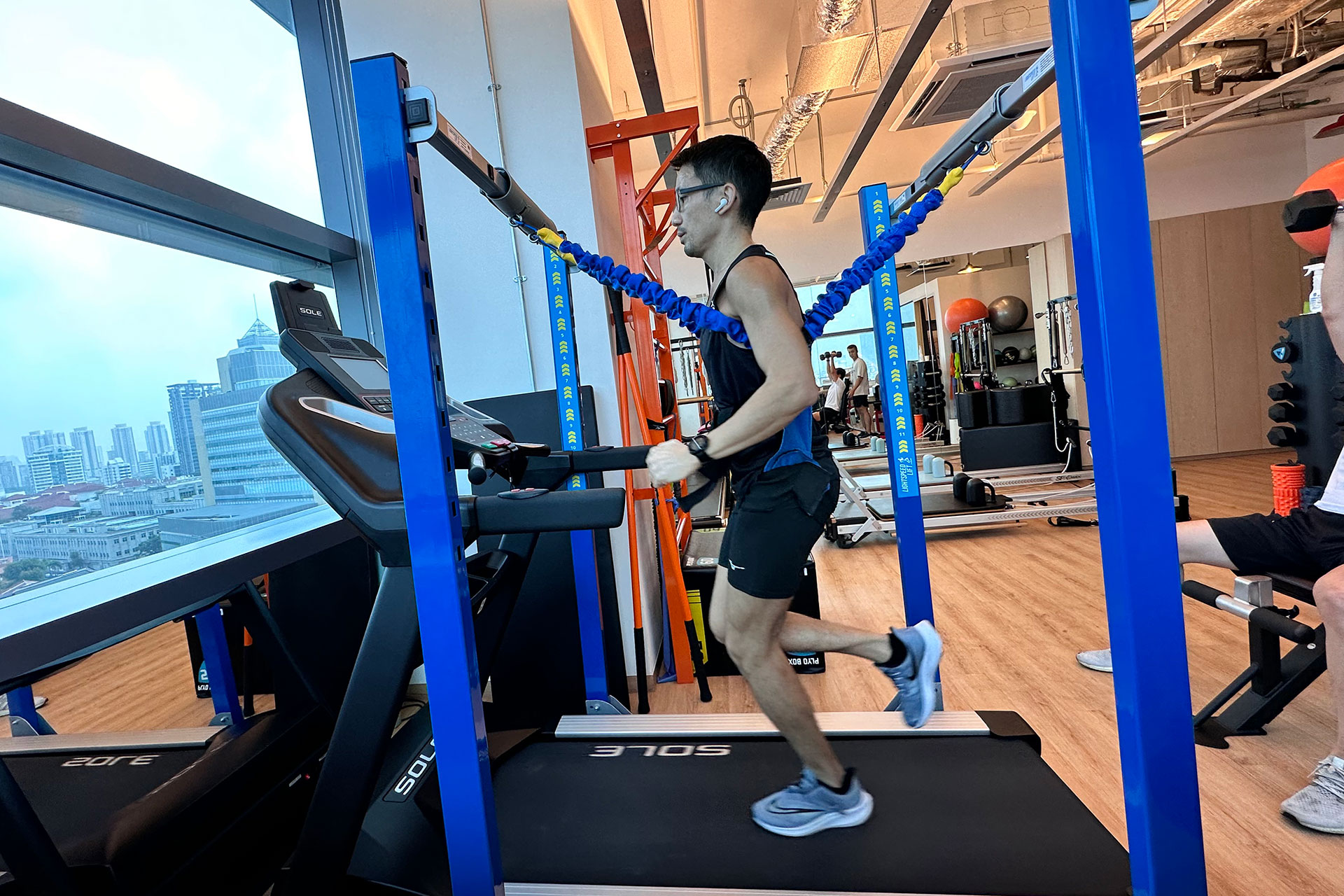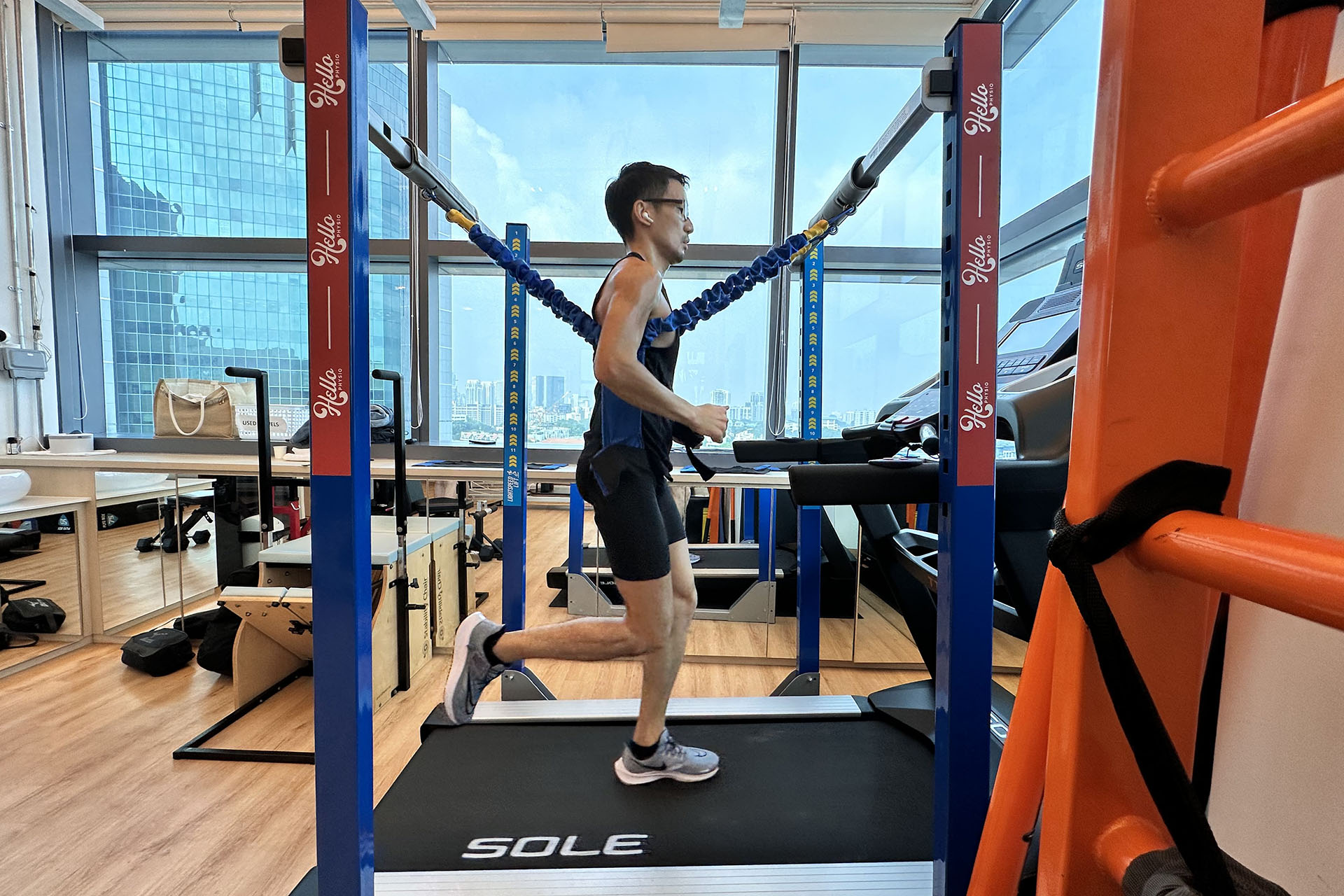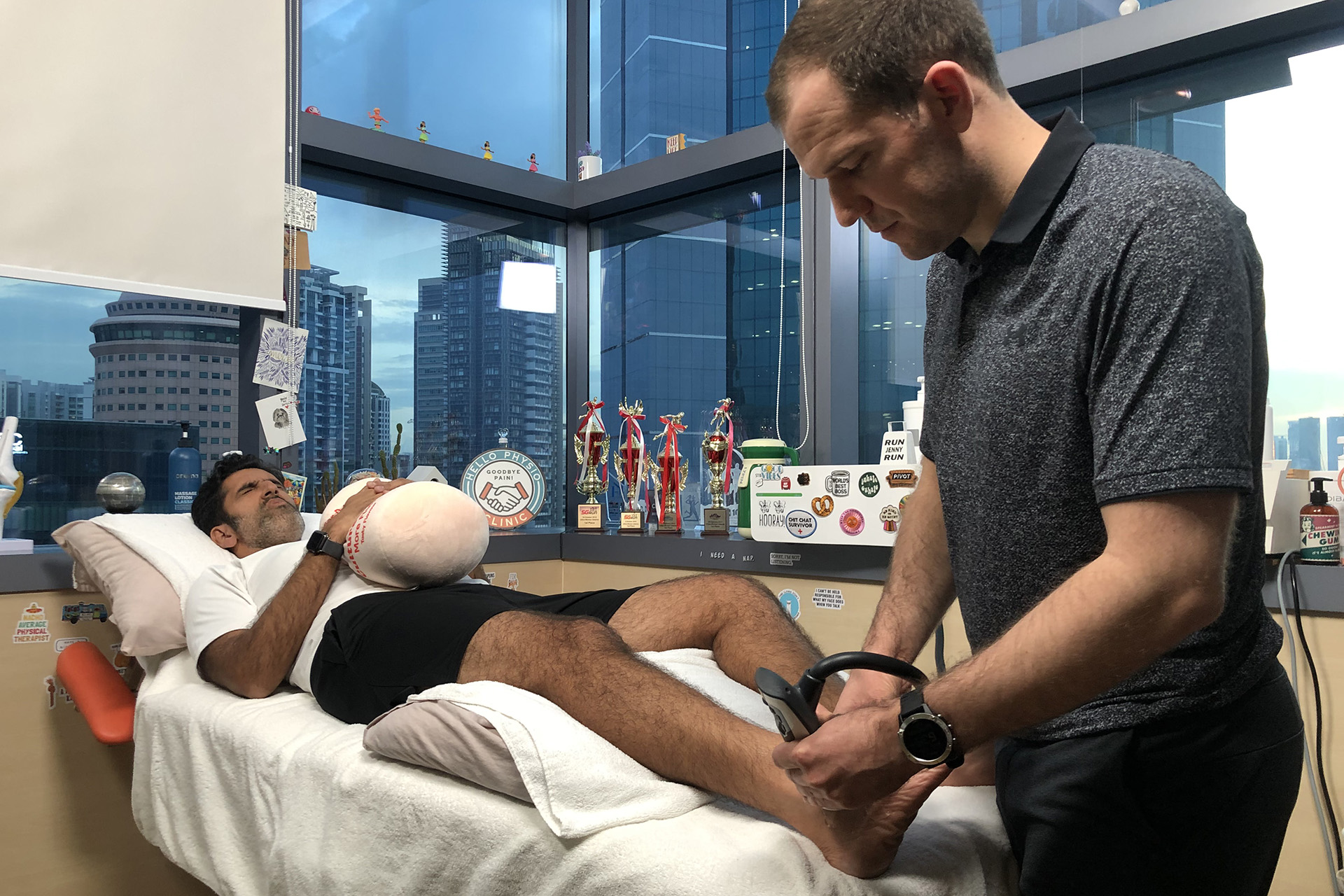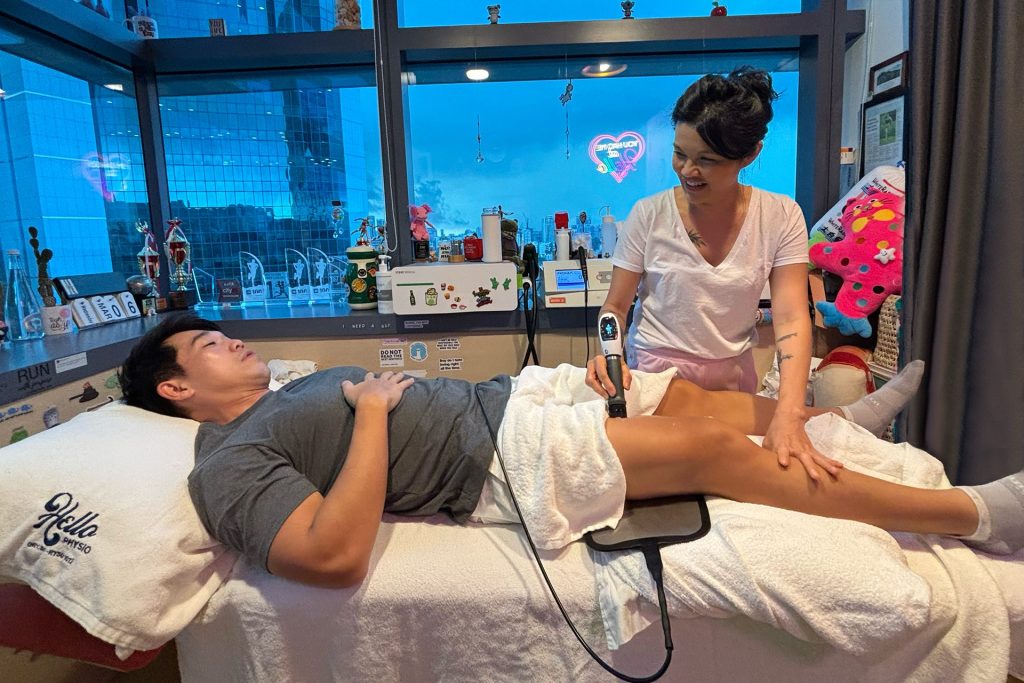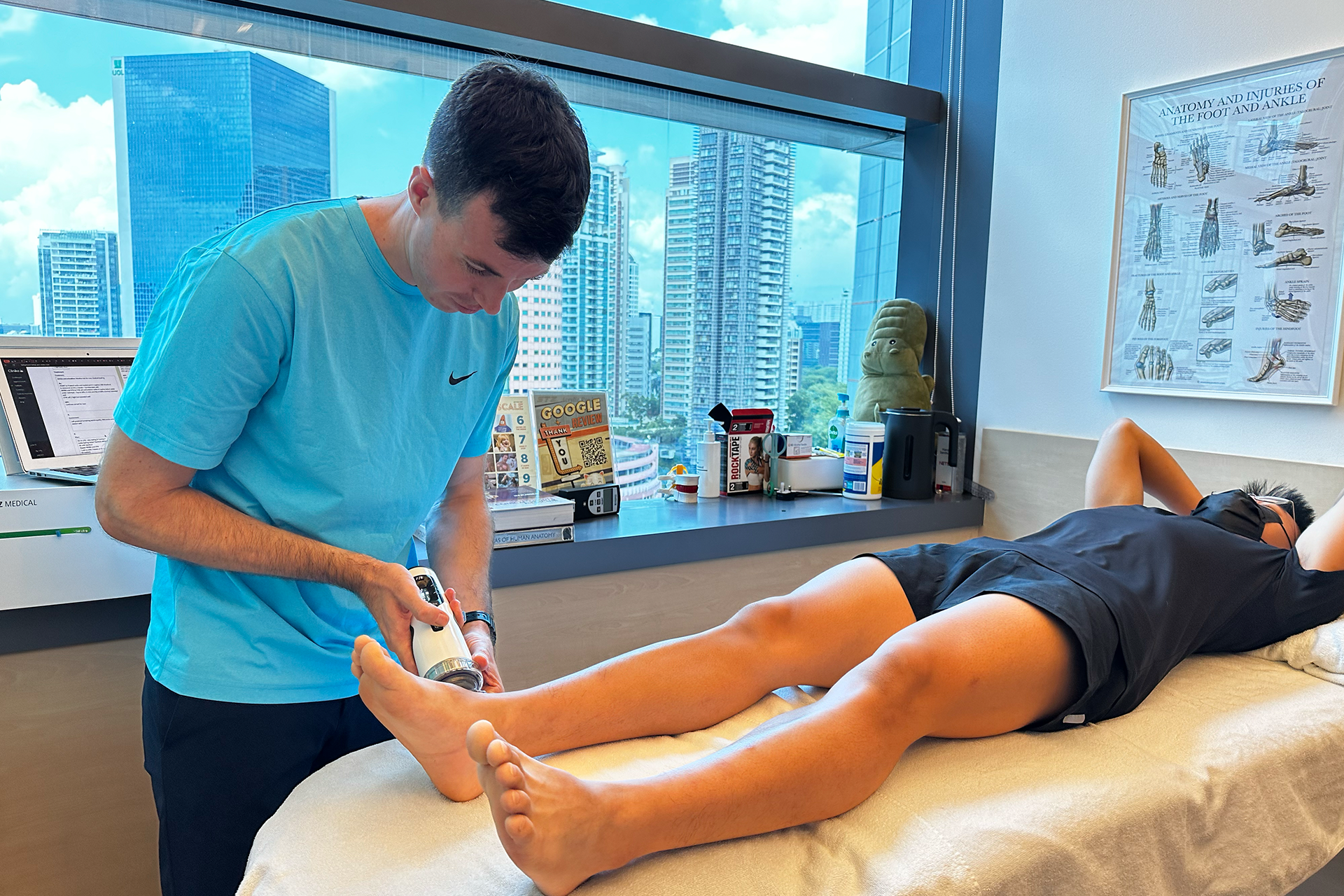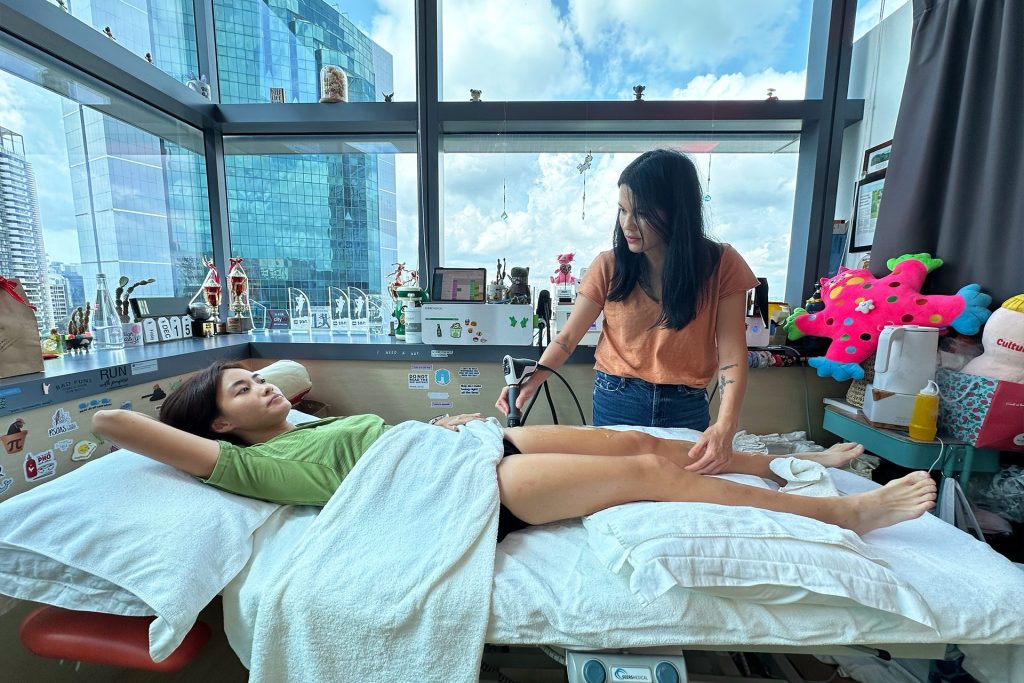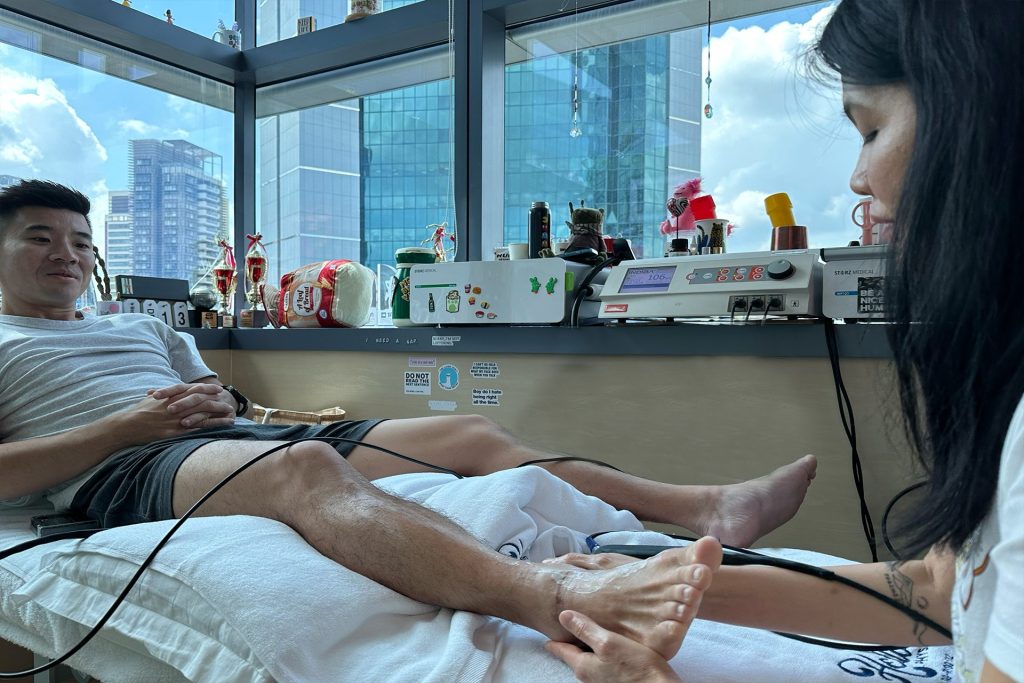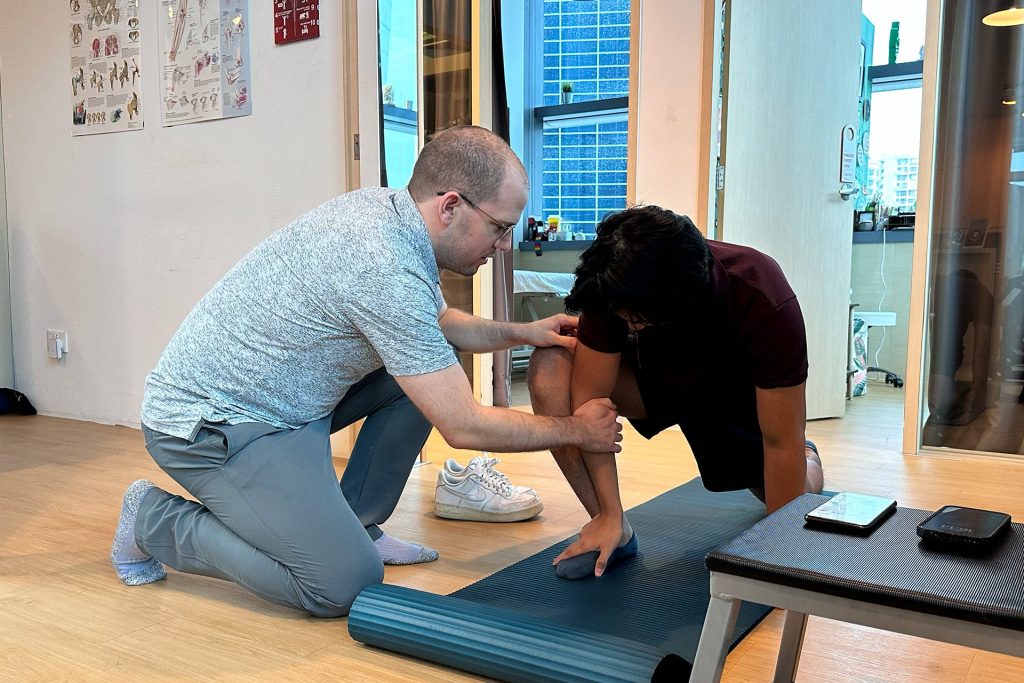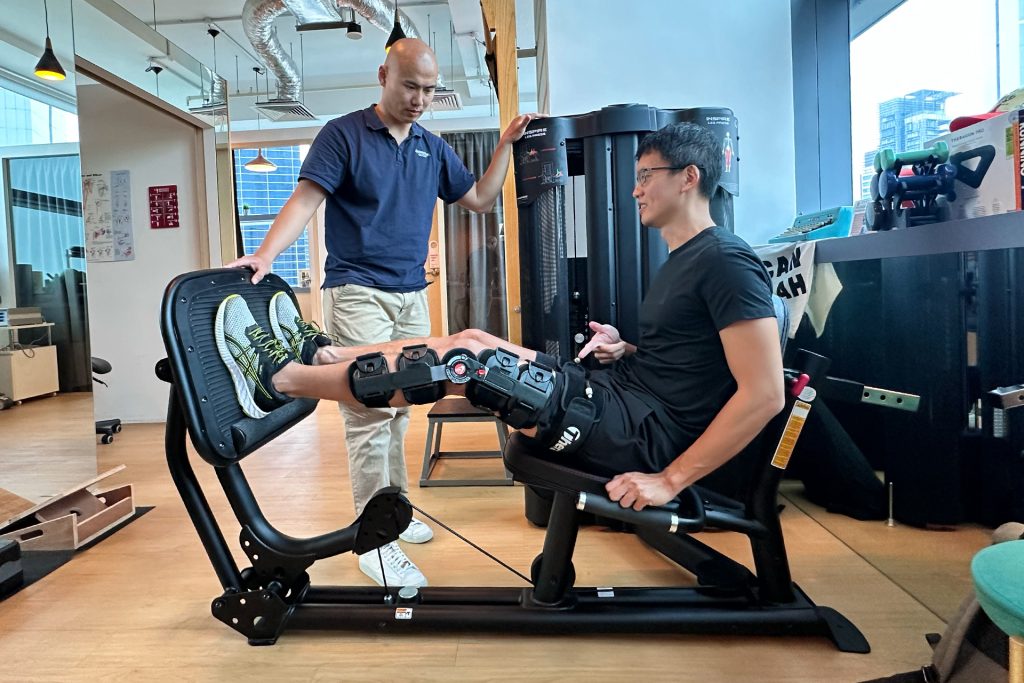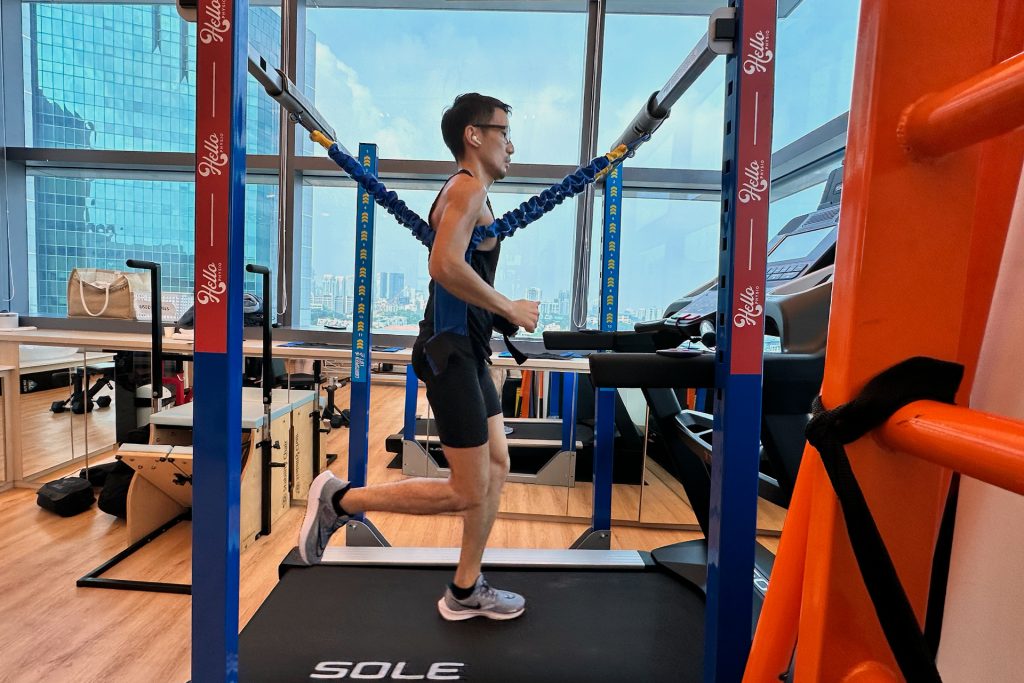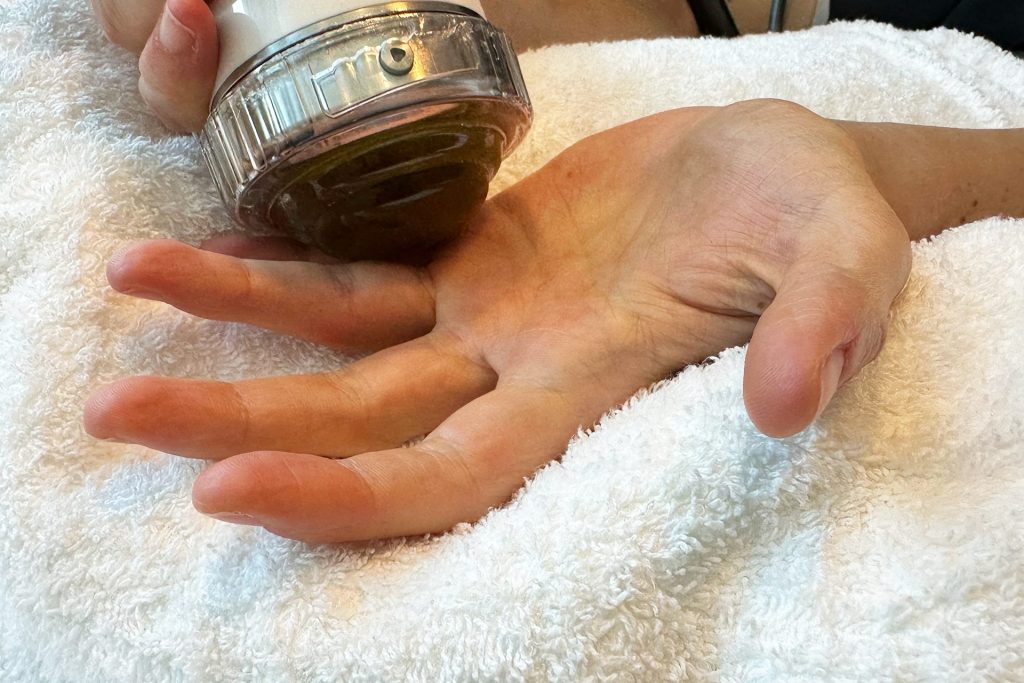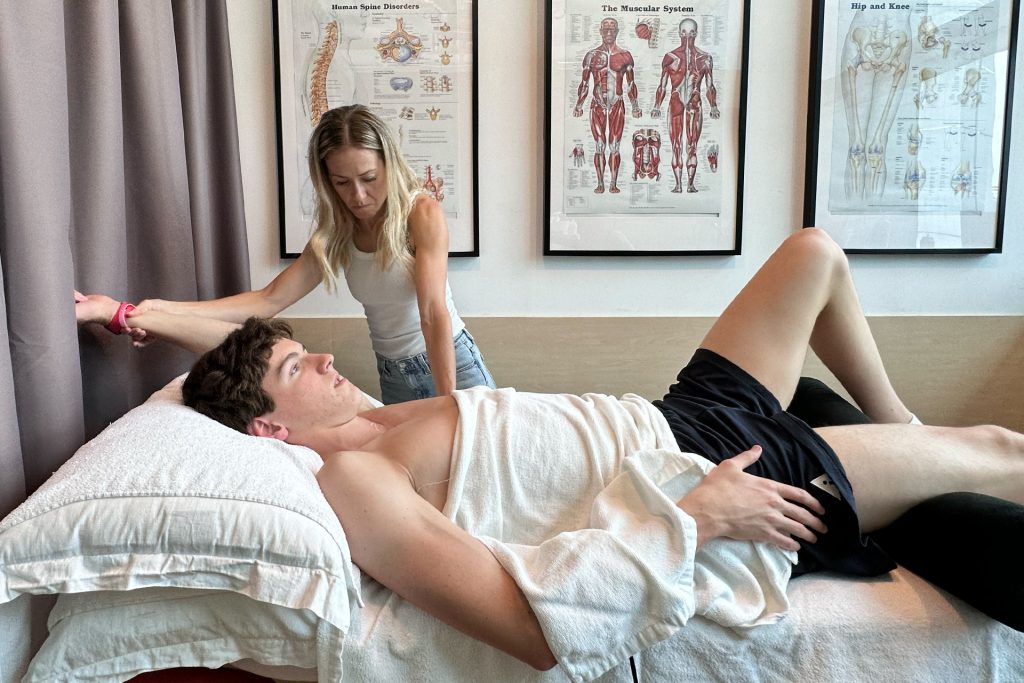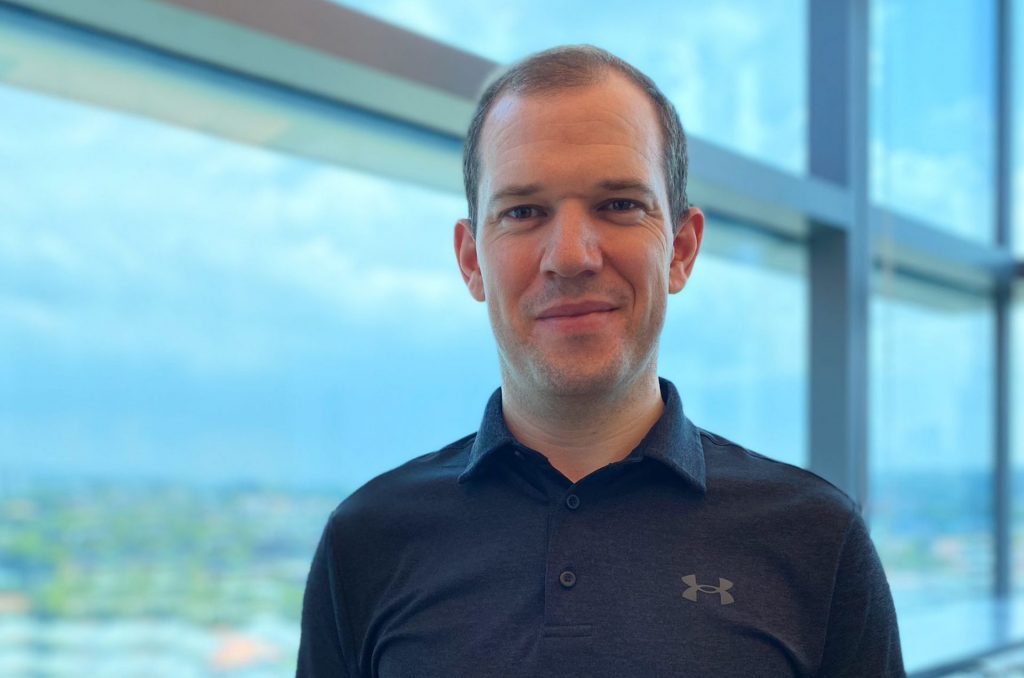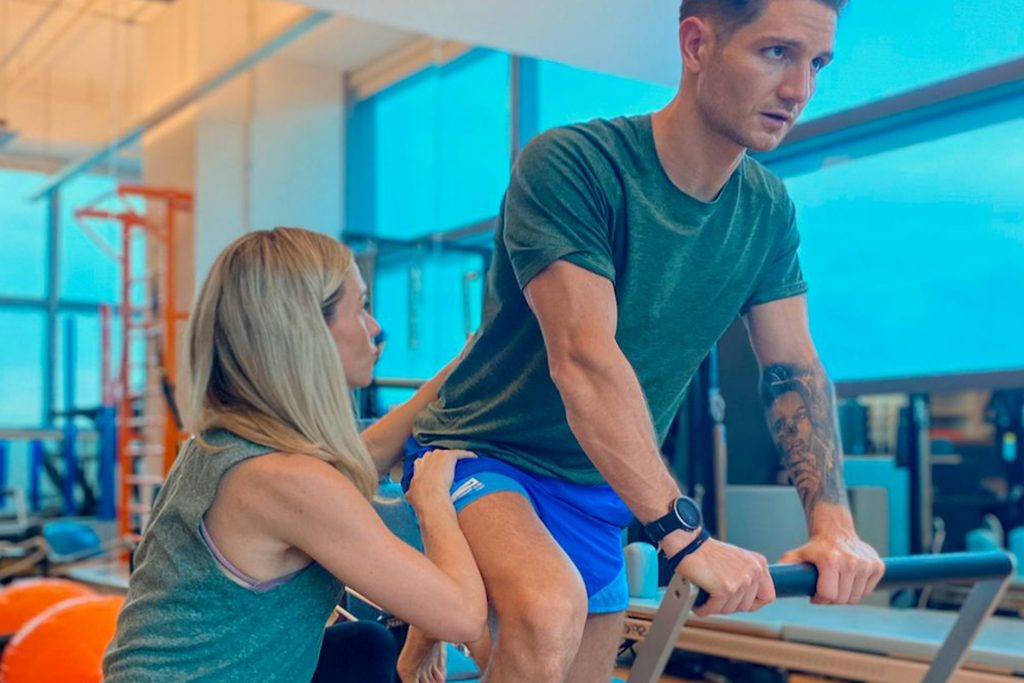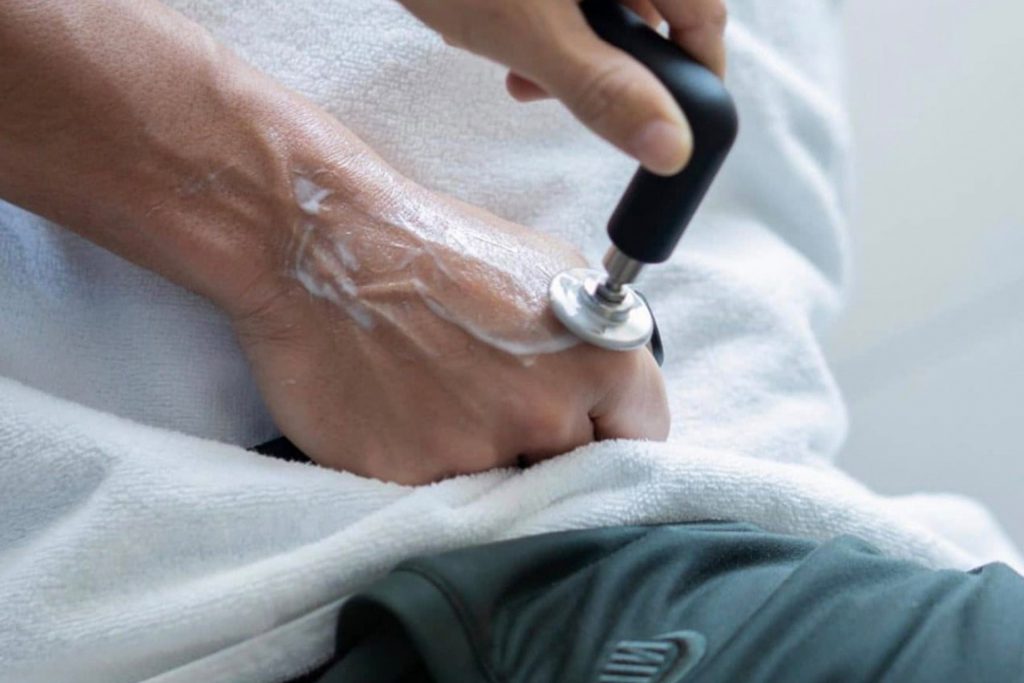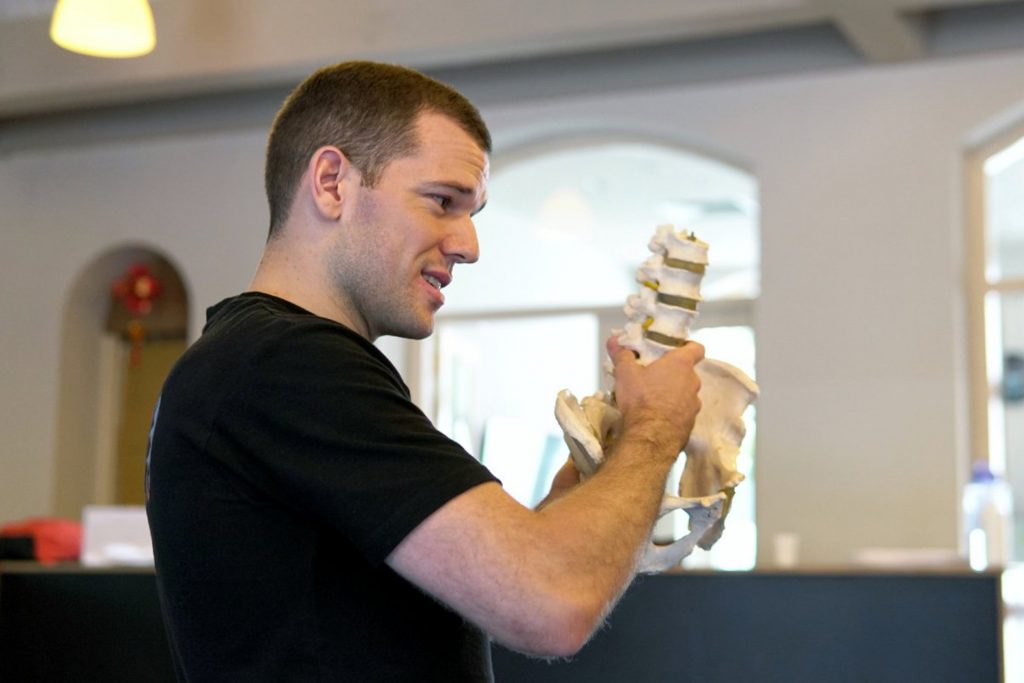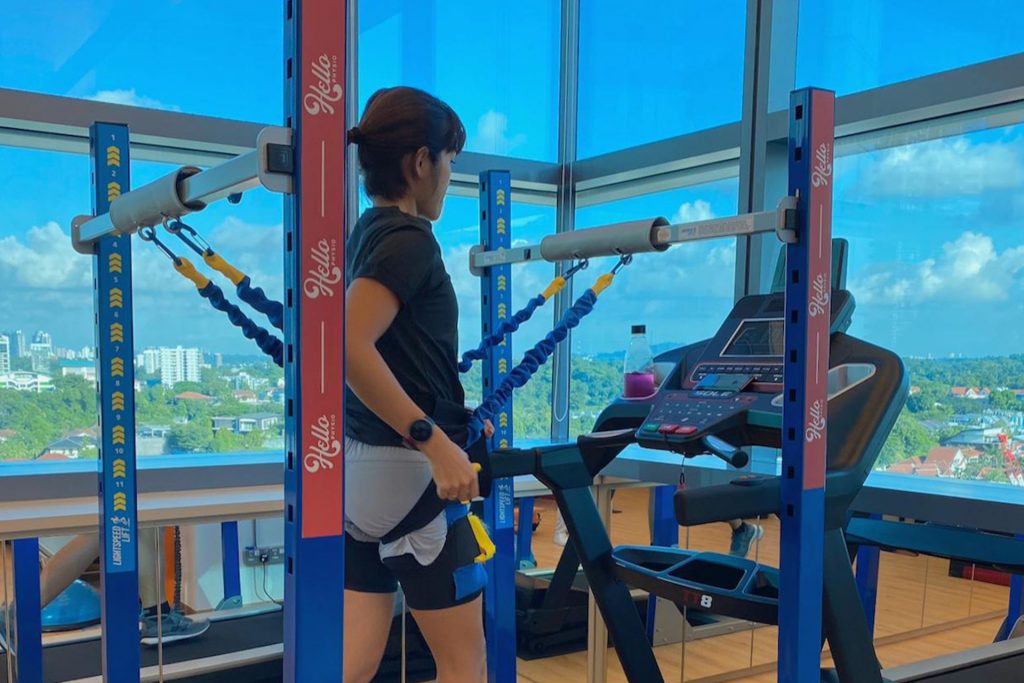|
Getting your Trinity Audio player ready...
|
A meniscus tear is a common knee injury that can cause significant discomfort and interfere with daily activities. The meniscus, a crescent-shaped piece of cartilage in the knee joint, acts as a natural shock absorber between the thighbone (femur) and shinbone (tibia). When this crucial structure tears, often due to a sudden twisting motion or gradual wear over time, it can lead to pain, swelling, and reduced mobility.
Recognizing the symptoms of a meniscus tear is the first step towards proper treatment. Individuals with this injury typically experience pain in the knee, particularly when bearing weight or moving the joint. Swelling often develops within a few hours of the injury, causing the knee to feel stiff and tender. Some people also report a sensation of the knee “catching” or locking, which can make normal movement challenging.
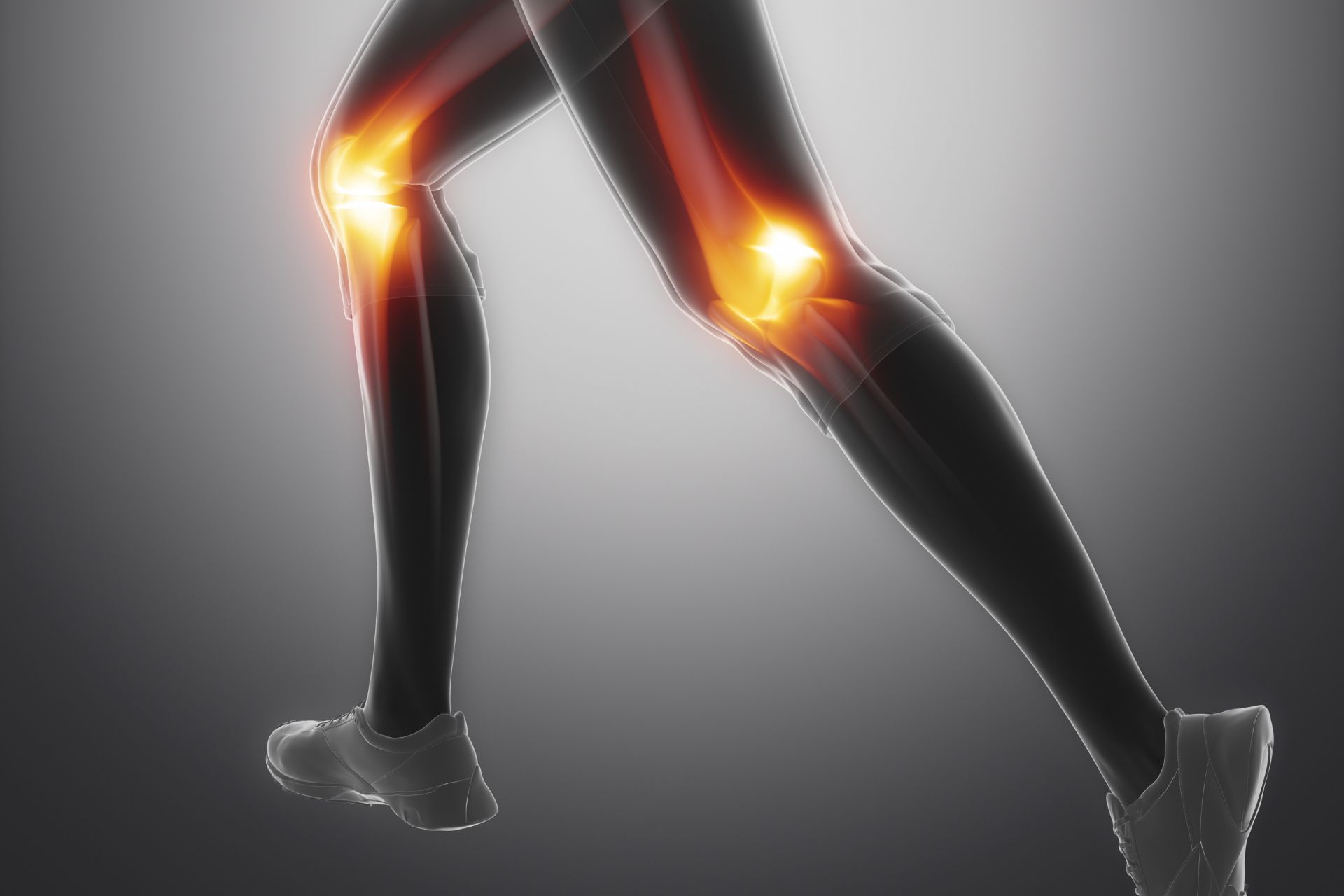
Benefits of Physiotherapy for Meniscus Tears
While surgery has traditionally been a common approach for treating meniscus tears, many cases can be effectively managed through non-surgical methods. Physiotherapy, in particular, has emerged as a powerful tool in the conservative treatment of meniscus injuries. This approach focuses on reducing pain and inflammation, restoring normal knee function, and strengthening the surrounding muscles to support joint stability.
The benefits of physiotherapy for meniscus tears are numerous. A skilled physiotherapist can employ various techniques to alleviate pain and reduce inflammation around the knee. These may include manual therapy, the application of ice or heat, and guided exercises. By addressing the immediate symptoms, physiotherapy allows patients to engage more fully in rehabilitation.
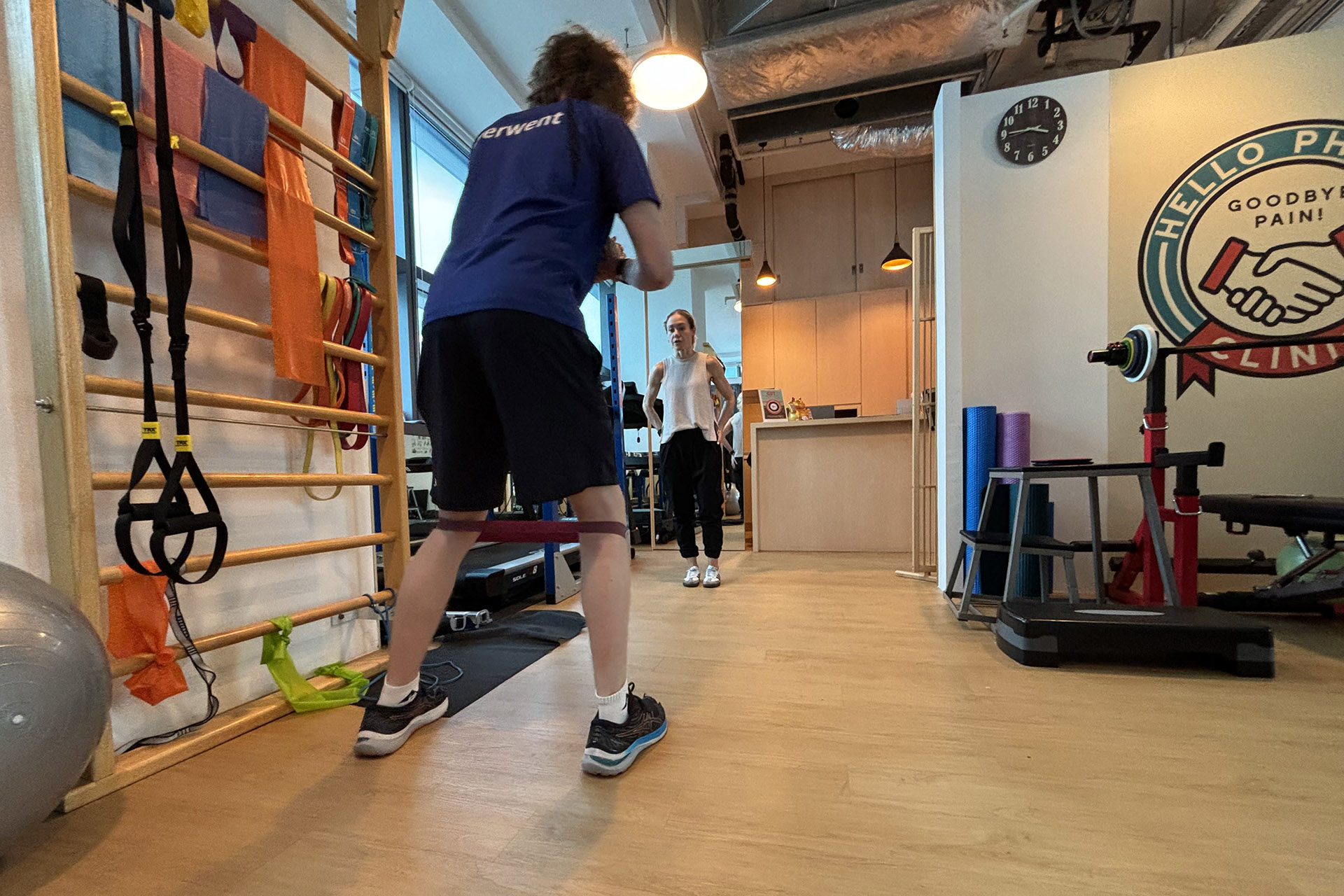
A cornerstone of physiotherapy for meniscus tears is muscle strengthening. The muscles surrounding the knee, particularly the quadriceps and hamstrings, play a crucial role in stabilizing the joint and reducing stress on the meniscus. Through a carefully designed exercise program, physiotherapists help patients build strength in these key muscle groups, improving overall knee stability and function.
Flexibility and range of motion are important factors in recovery from a meniscus tear. Knee stiffness is a common issue following this injury, and physiotherapists guide patients through specific stretching exercises to restore flexibility and maintain the knee’s full range of motion. This is essential for returning to normal activities without pain or discomfort.
Advanced Treatment Modalities to Manage Meniscus Tears without Surgery
In addition to traditional physiotherapy techniques, several advanced treatments have shown promise in managing meniscus tears without surgery. One such method is INDIBA® Activ radiofrequency therapy. This innovative treatment uses targeted radiofrequency energy to stimulate pain relief at the cellular level. By enhancing blood circulation and promoting tissue regeneration, INDIBA® Activ can reduce pain with conventional physiotherapy exercises.
Shockwave Therapy is another tool that physiotherapists may employ in treating meniscus tears. While not typically applied directly to the meniscus, this therapy can effectively address secondary conditions that often develop due to altered movement patterns following a knee injury. Shockwave Therapy uses high-energy acoustic waves to provide pain relief and stimulate healing in affected tissues, supporting the overall rehabilitation process.
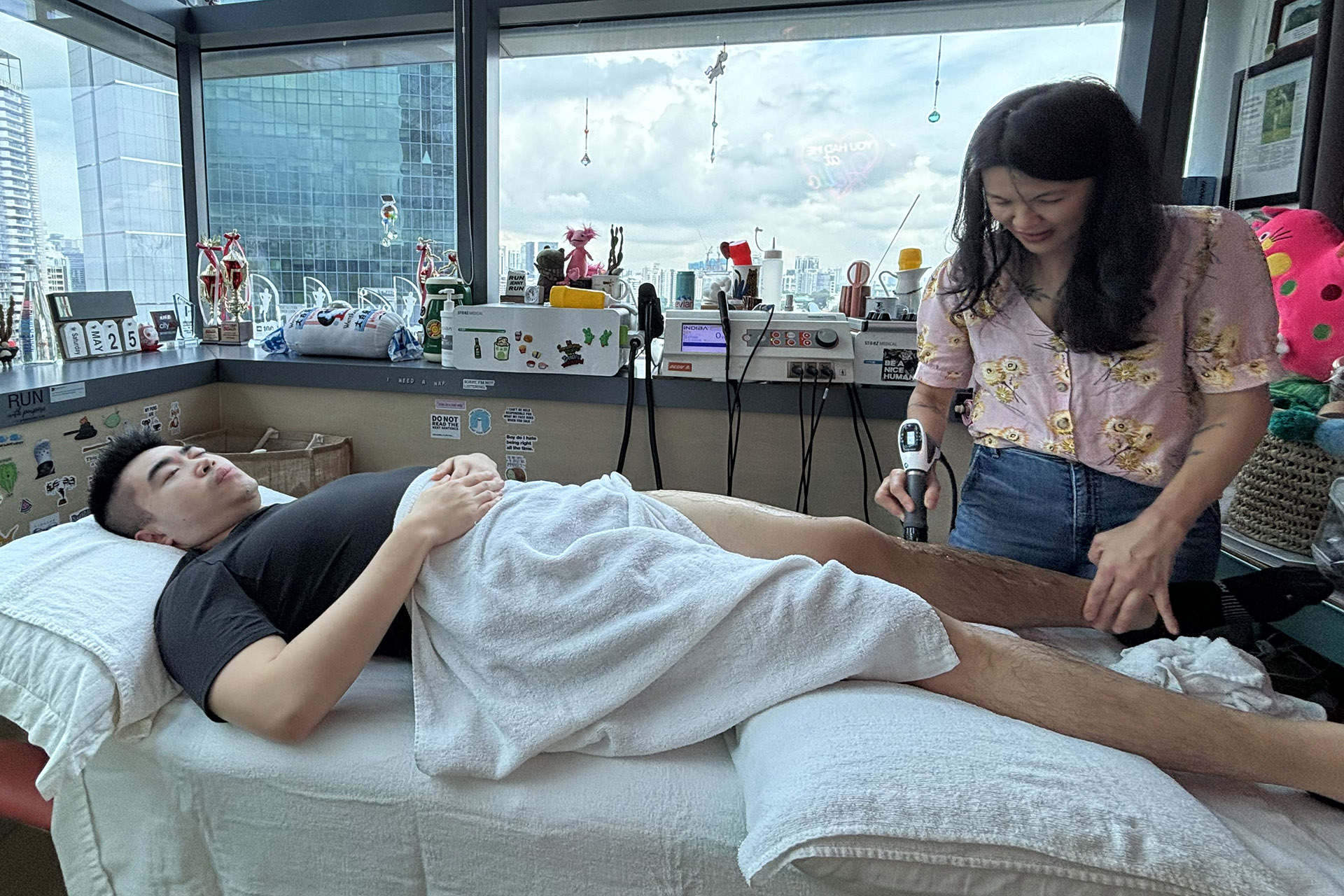
Clinical Pilates has also gained recognition as a practical component of meniscus tear treatment. This specialized exercise emphasizes controlled movements, core strength, and balance. Clinical Pilates can help improve knee stability, enhance body awareness, and correct faulty movement patterns that may contribute to ongoing knee pain for patients with meniscus tears. Physiotherapists can tailor these exercises to each patient’s needs, ensuring a safe and effective way to strengthen the knee and support long-term recovery.
A Gradual Healing Process
Healing from a meniscus tear without surgery is a gradual process that requires patience and dedication. Initially, patients may experience significant pain and limited mobility. As they progress through their physiotherapy program, they typically notice reduced pain and swelling and an improved range of motion. The later stages of recovery focus on building strength, improving stability, and preventing future injuries.
It’s important to note that while many meniscus tears can be successfully treated without surgery, some cases may still require surgical intervention. The decision between conservative treatment and surgery depends on various factors, including the location and severity of the tear, the patient’s age and activity level, and their response to initial non-surgical treatments. A healthcare professional can guide the most appropriate course of action based on individual circumstances.
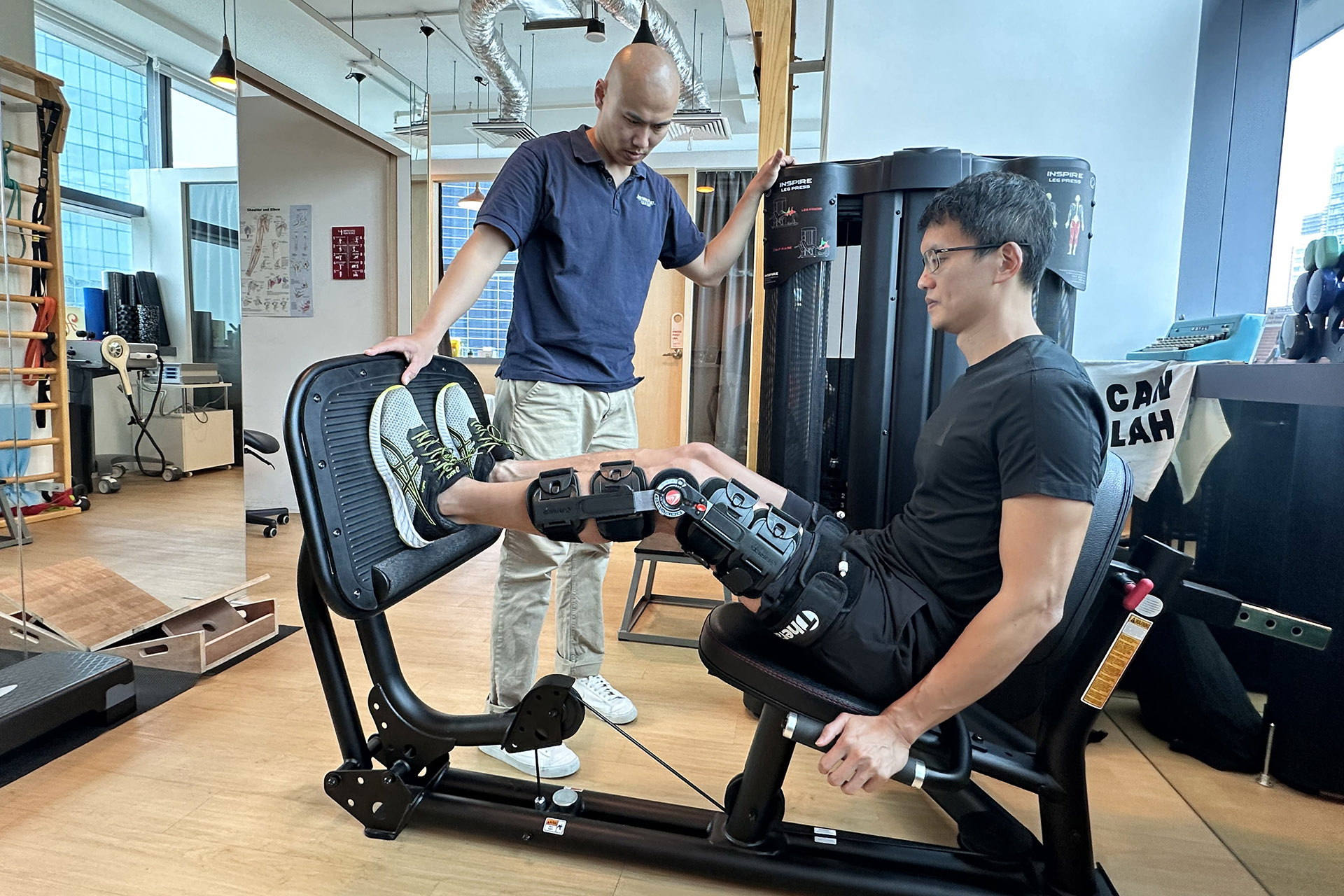
Non-surgical treatment of meniscus tears through physiotherapy offers a promising alternative to surgical intervention for many patients. By combining pain management techniques, targeted exercises, and advanced therapies like INDIBA® Activ and Shockwave Therapy, physiotherapists can help patients return to their normal activities despite having meniscus tears. While the road to recovery may be challenging, the benefits of avoiding surgery make physiotherapy an attractive option for those dealing with this common knee injury.

